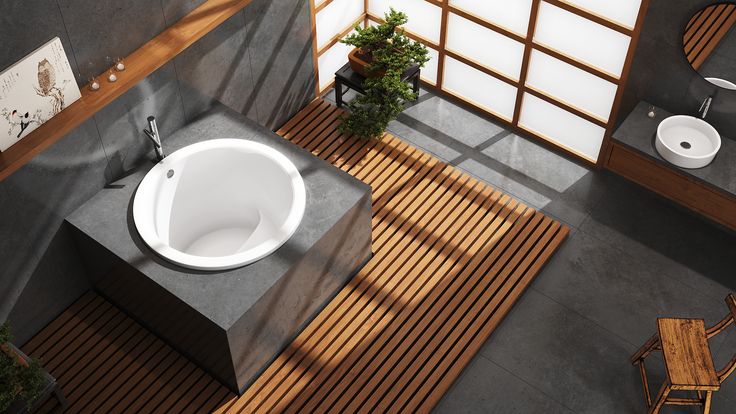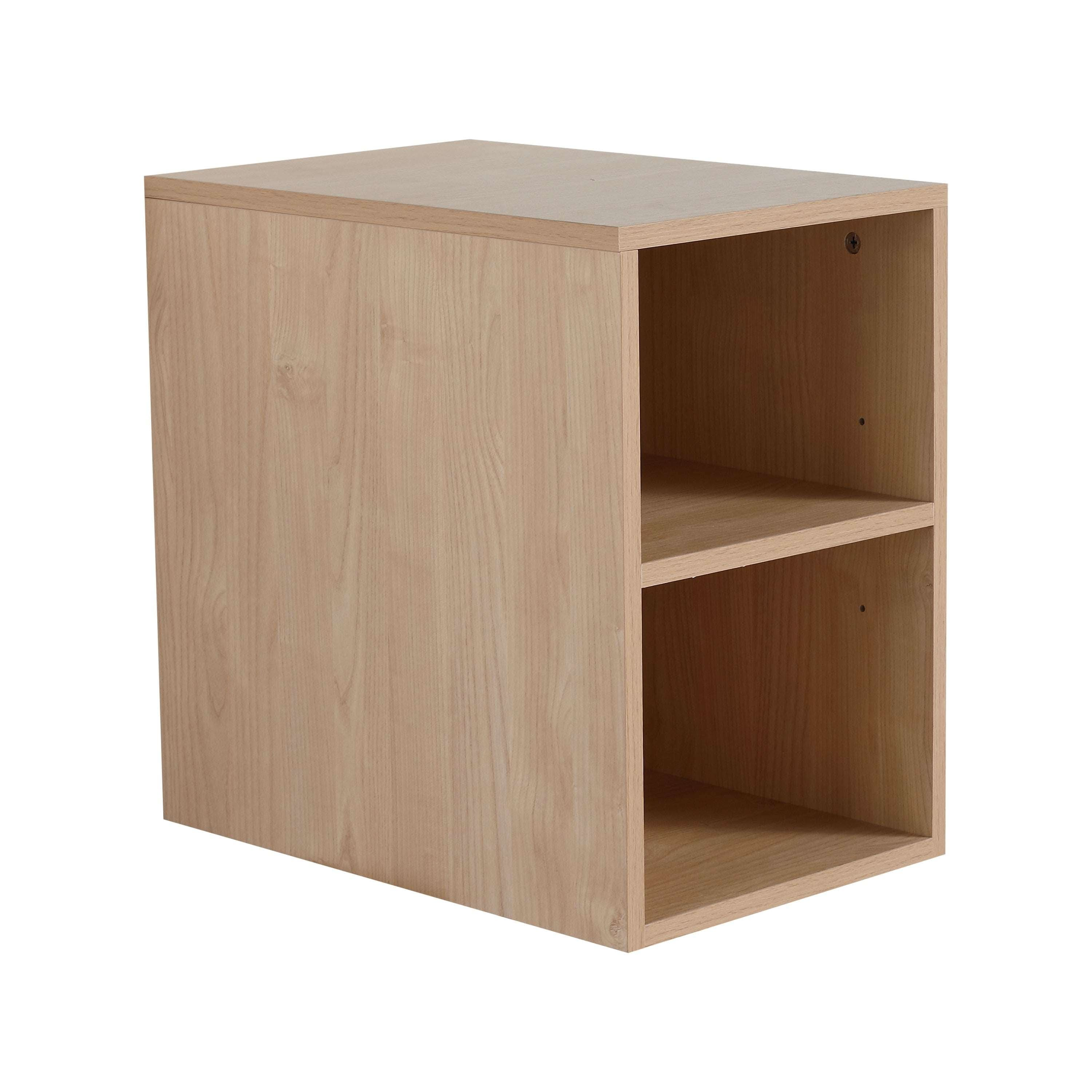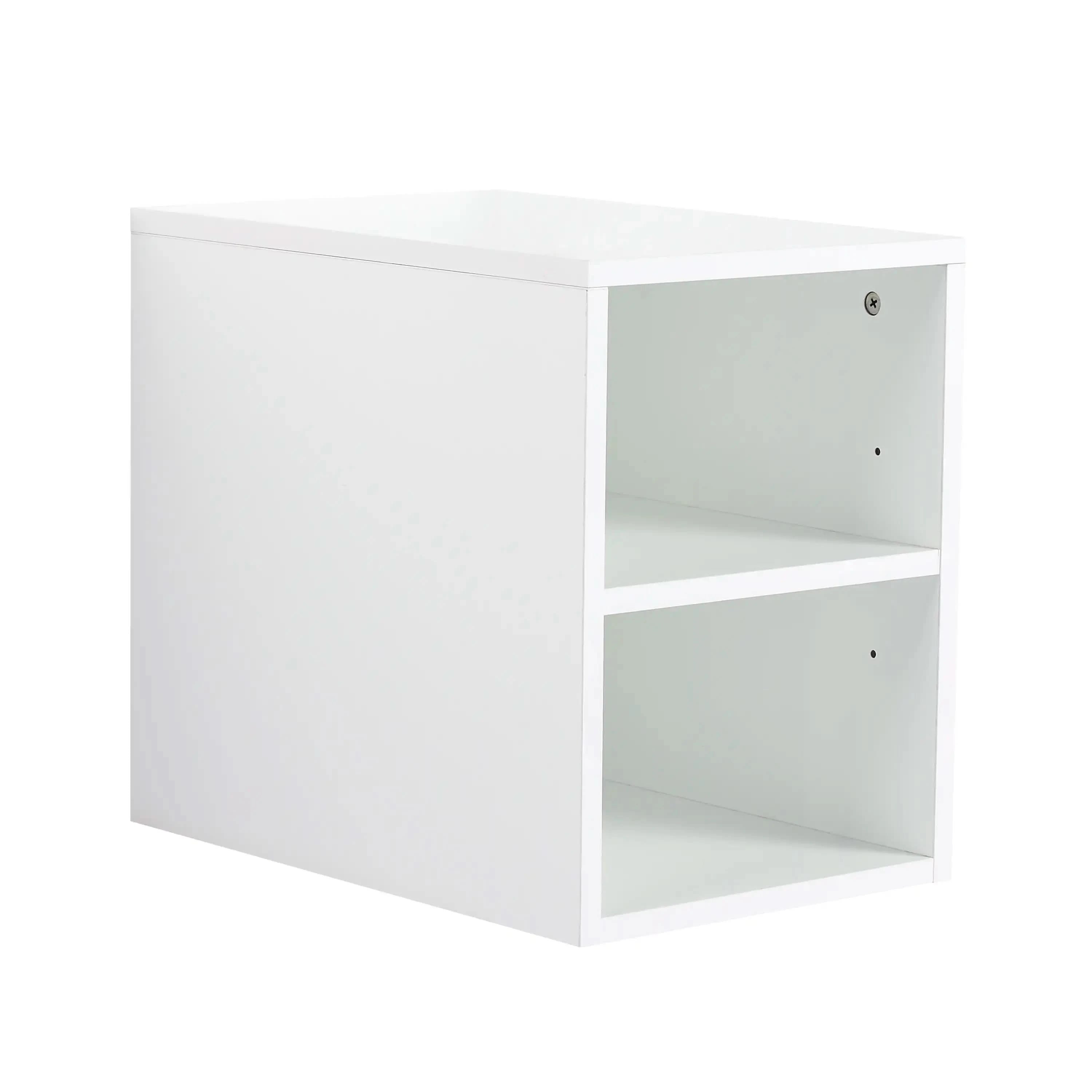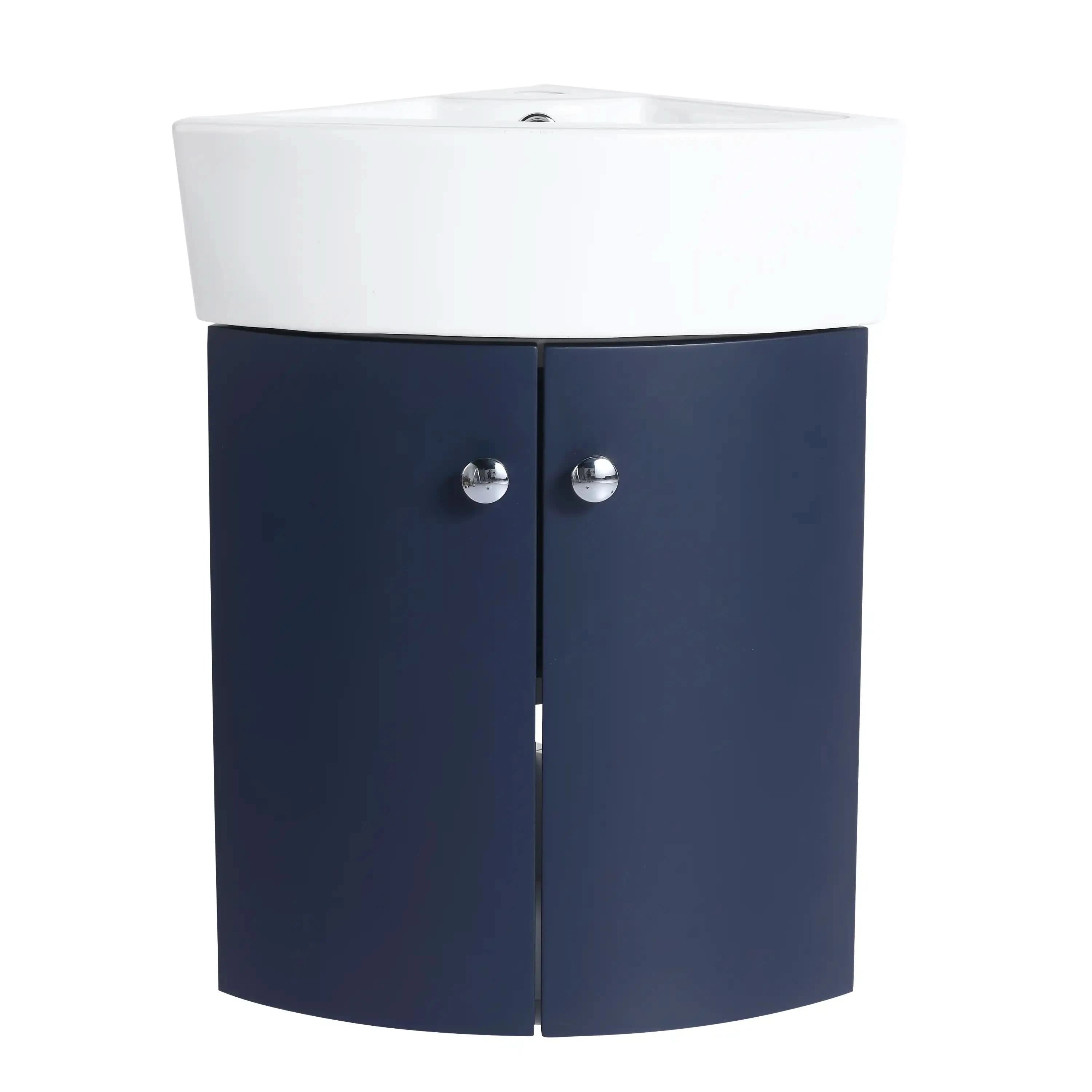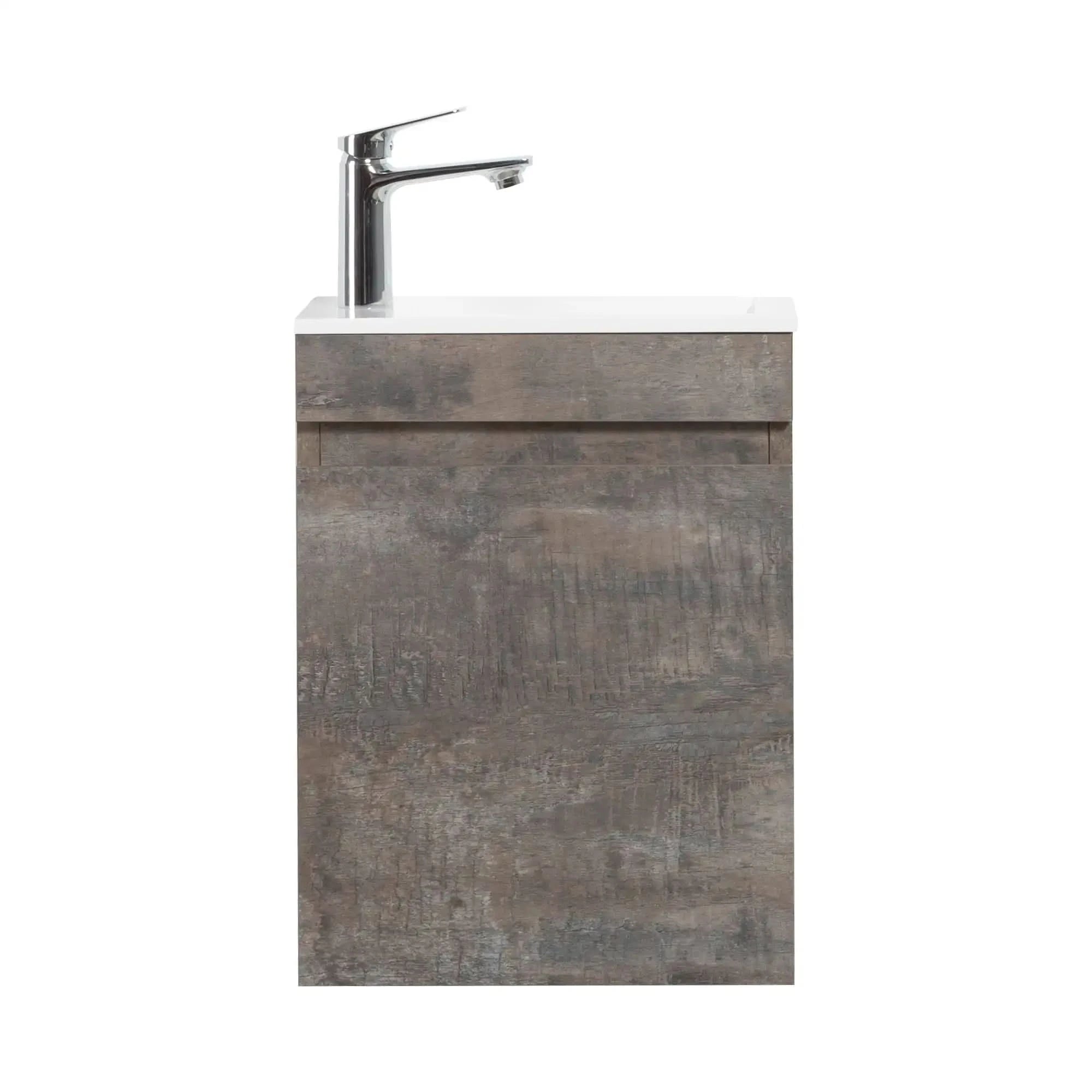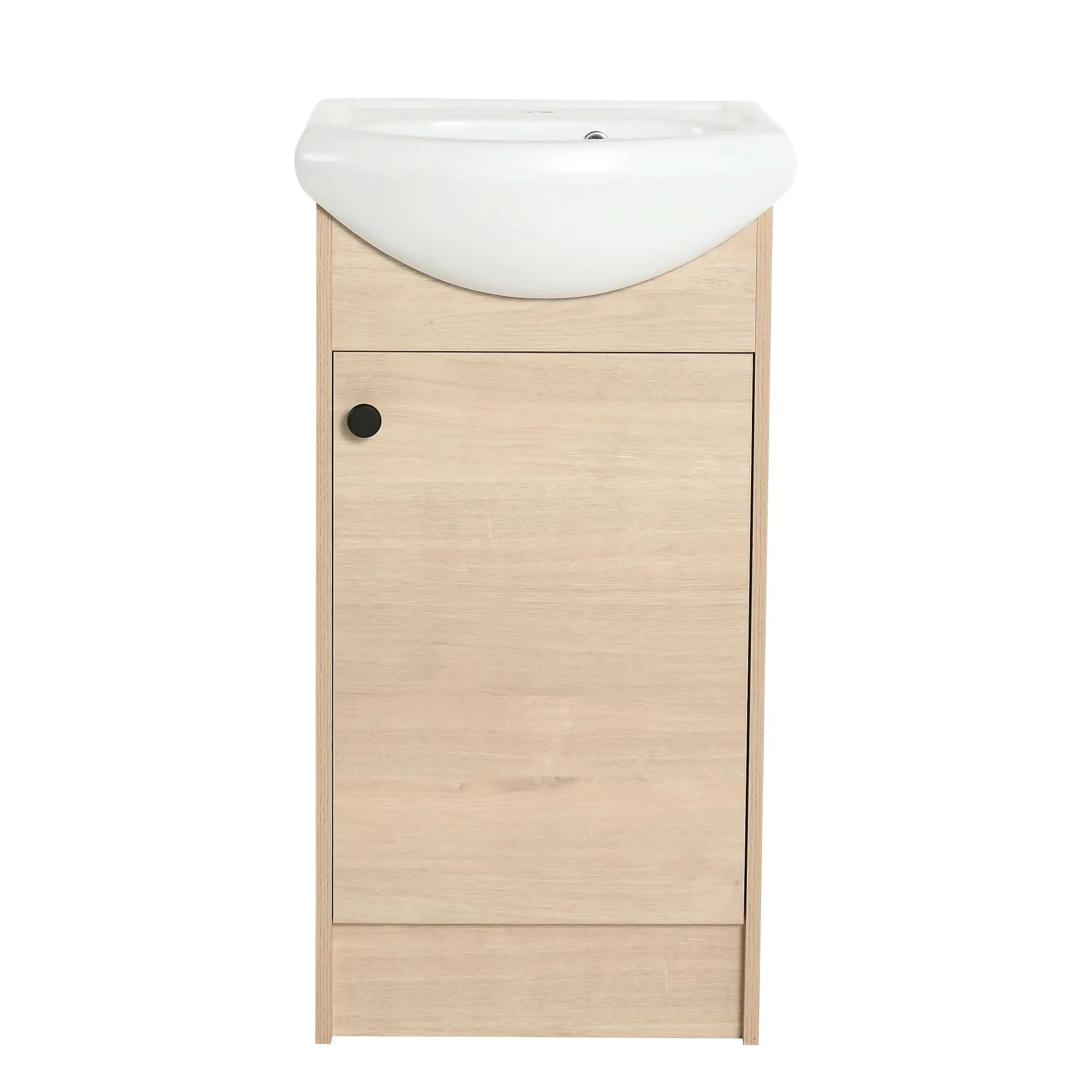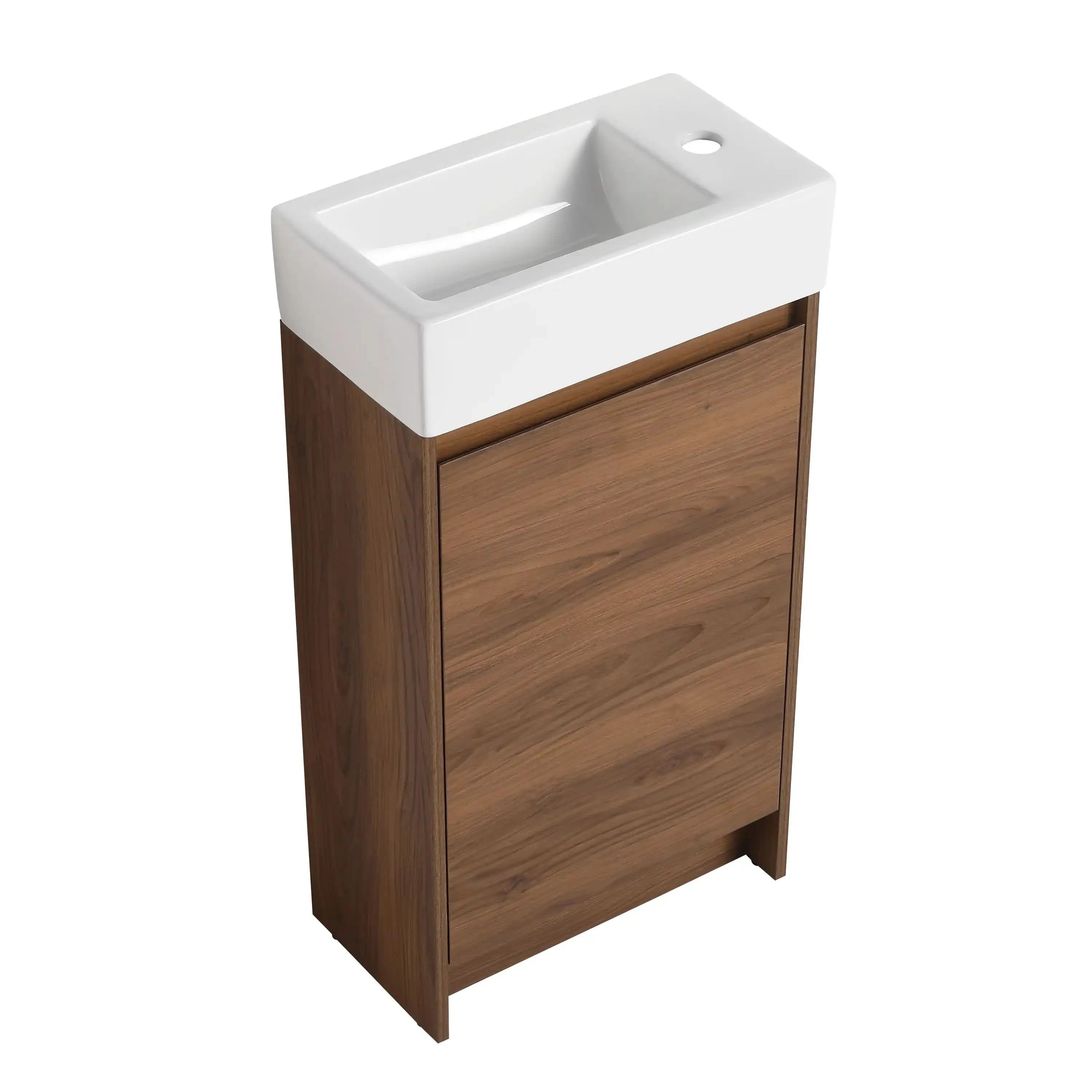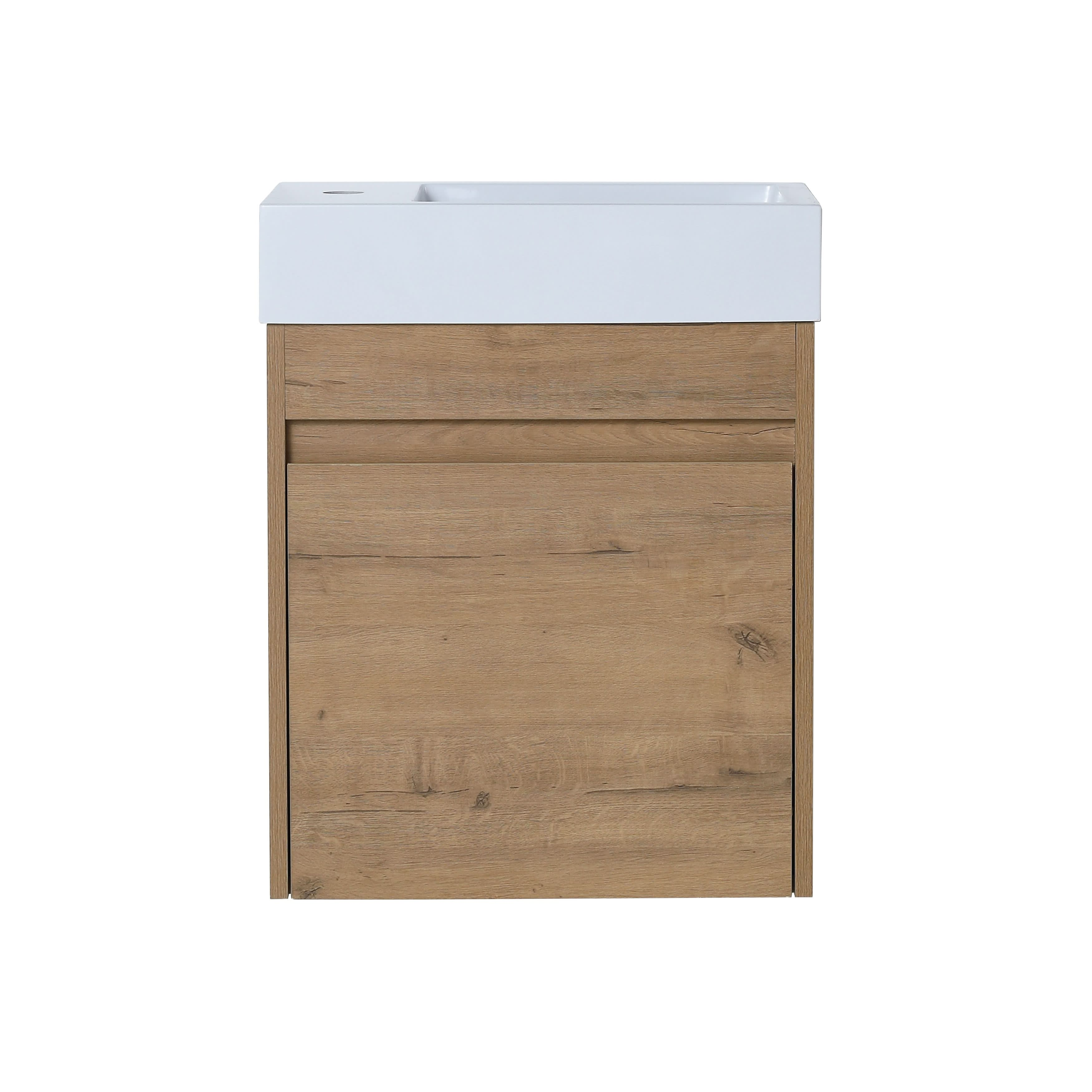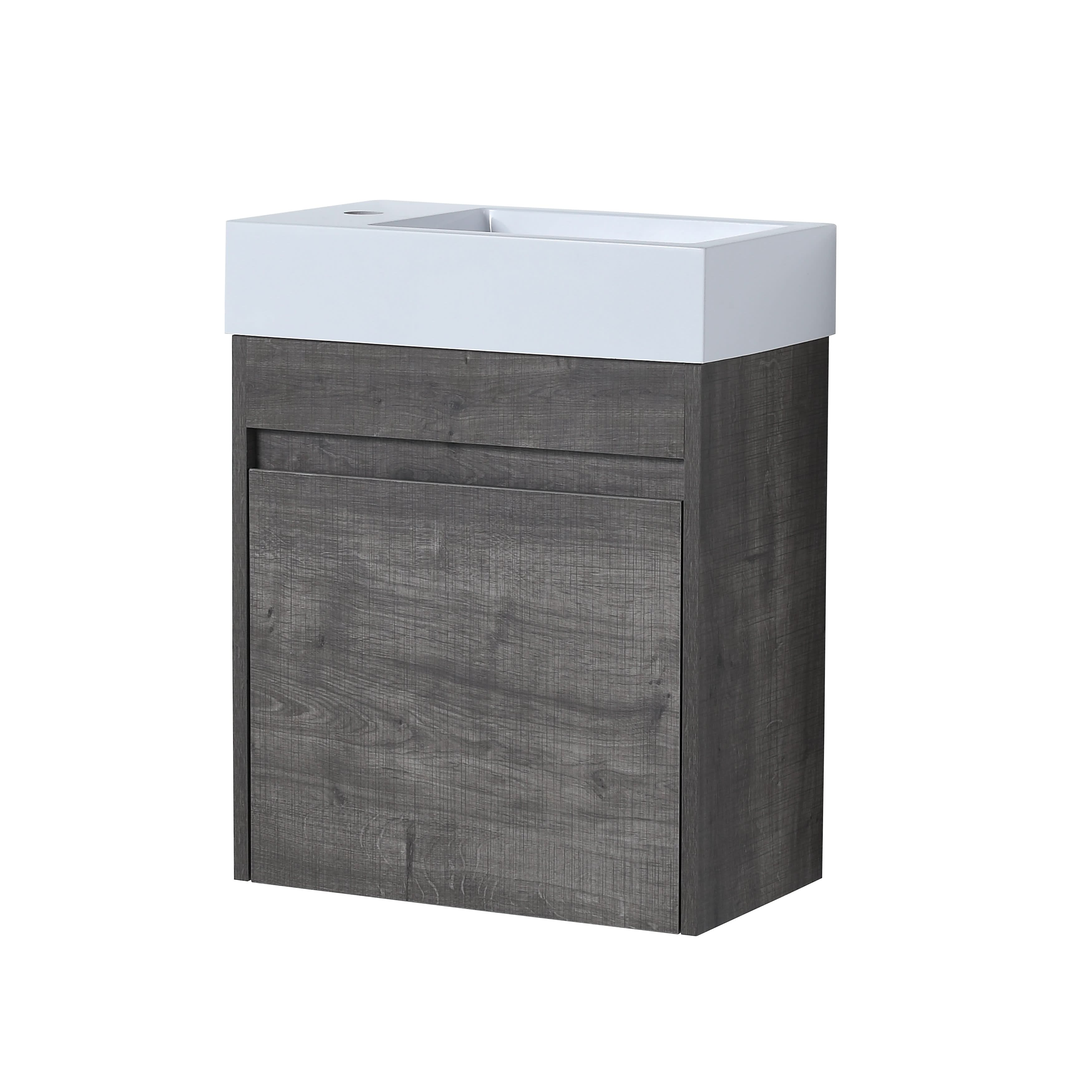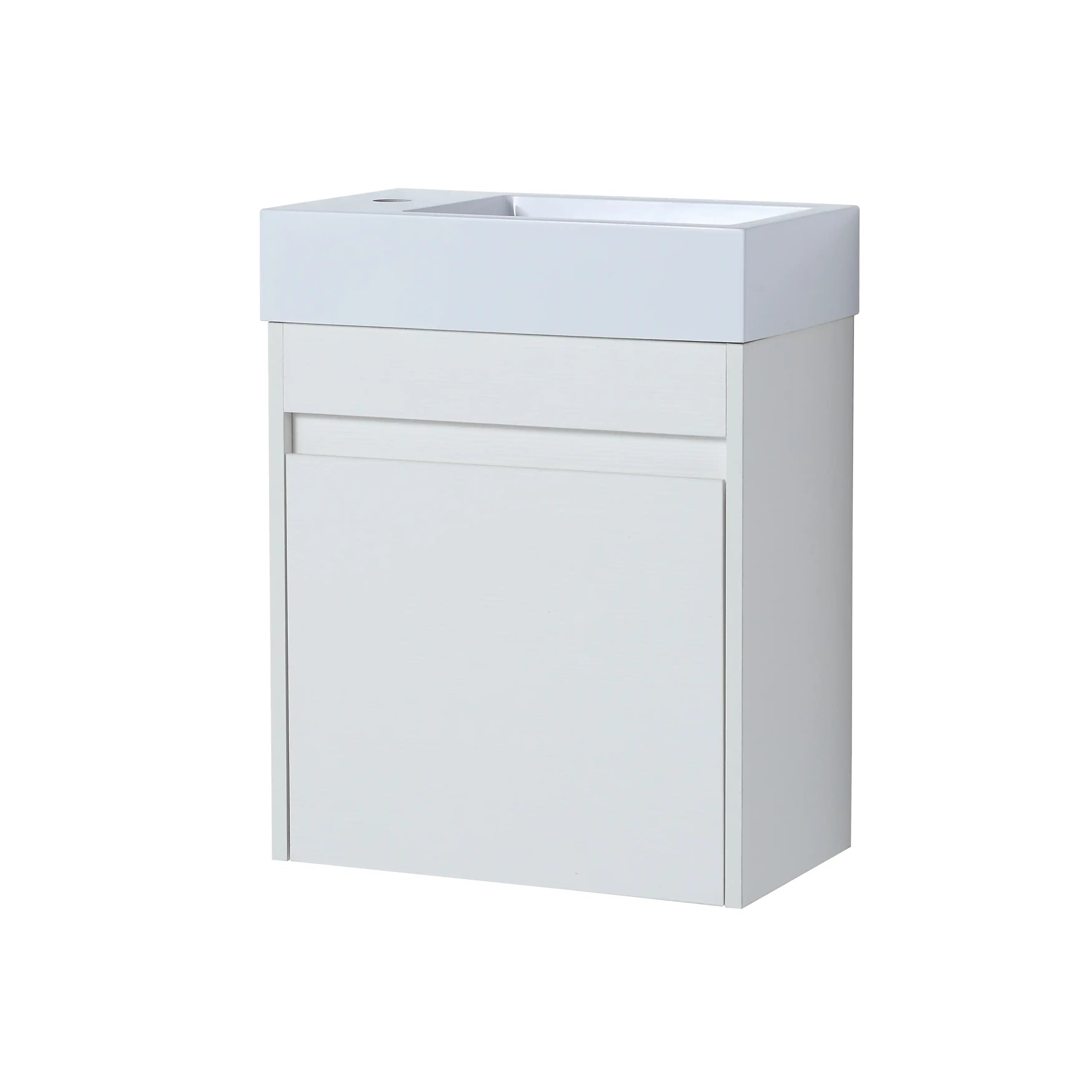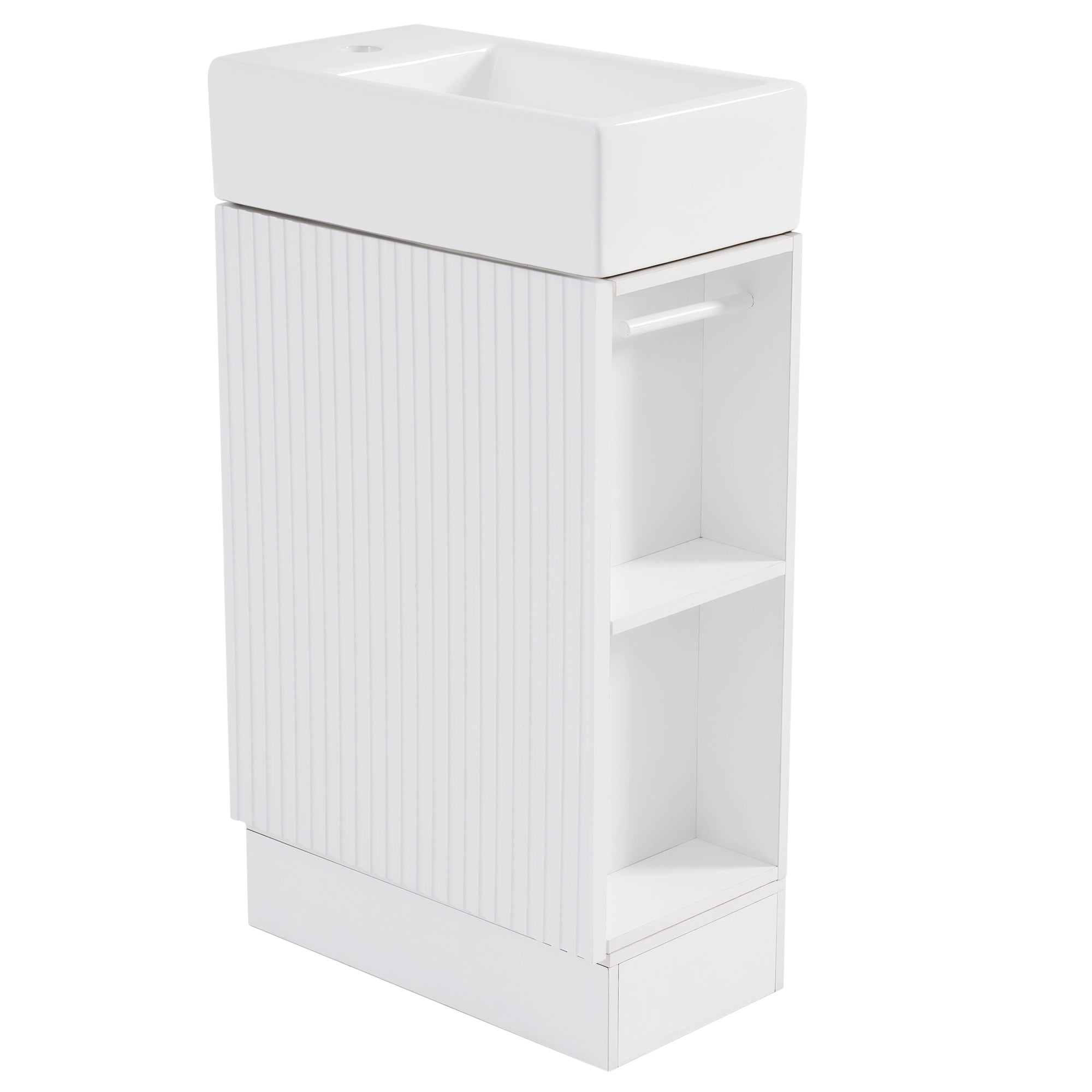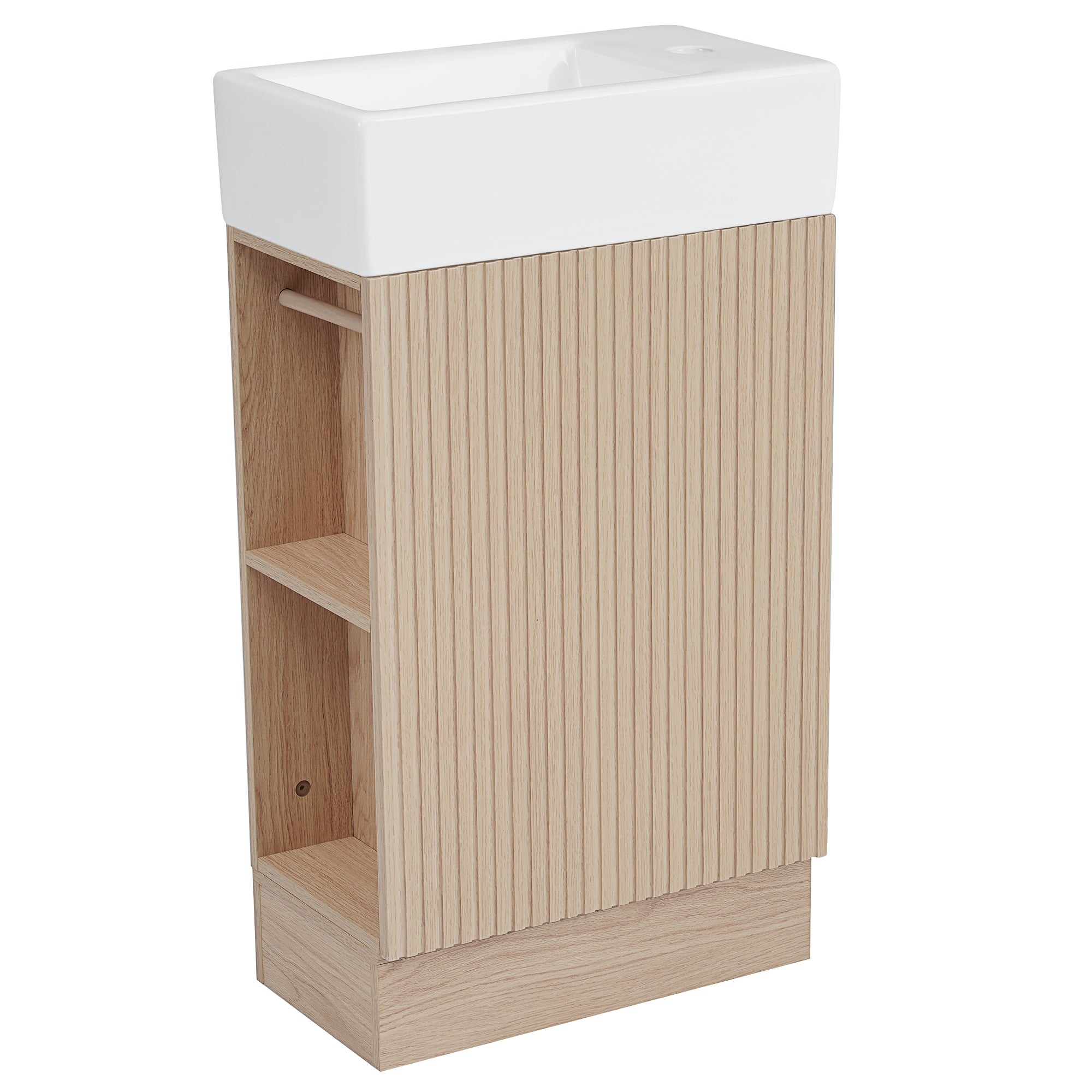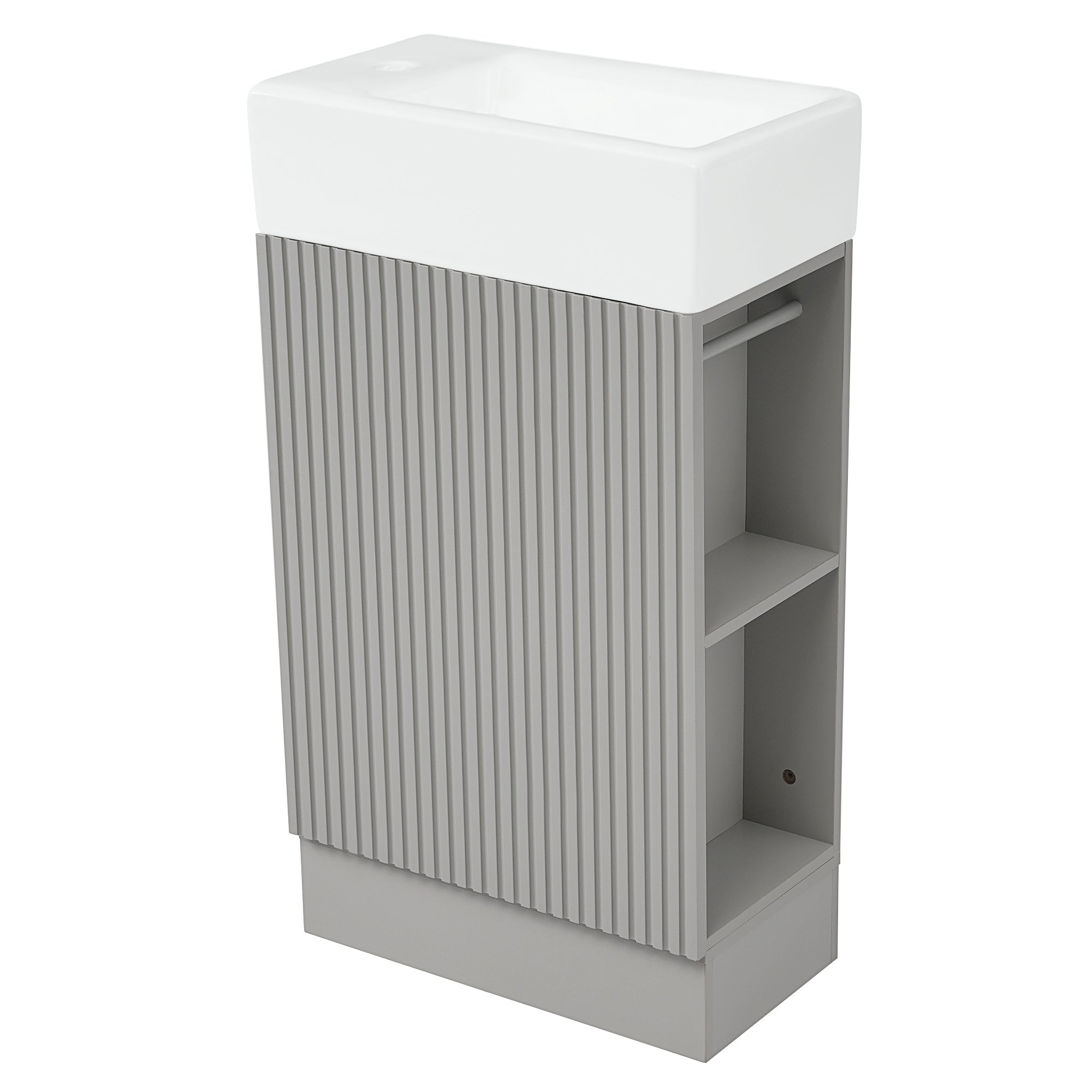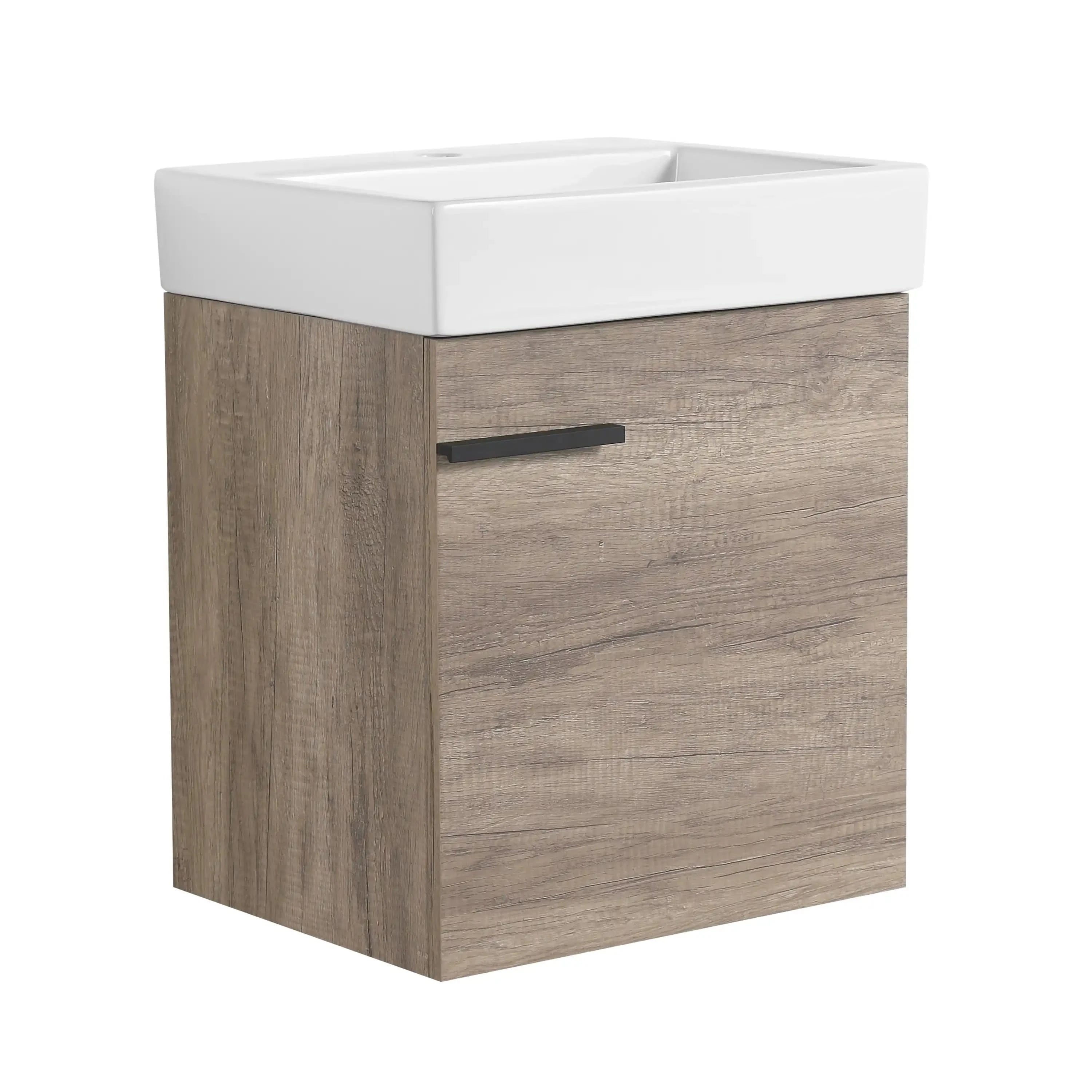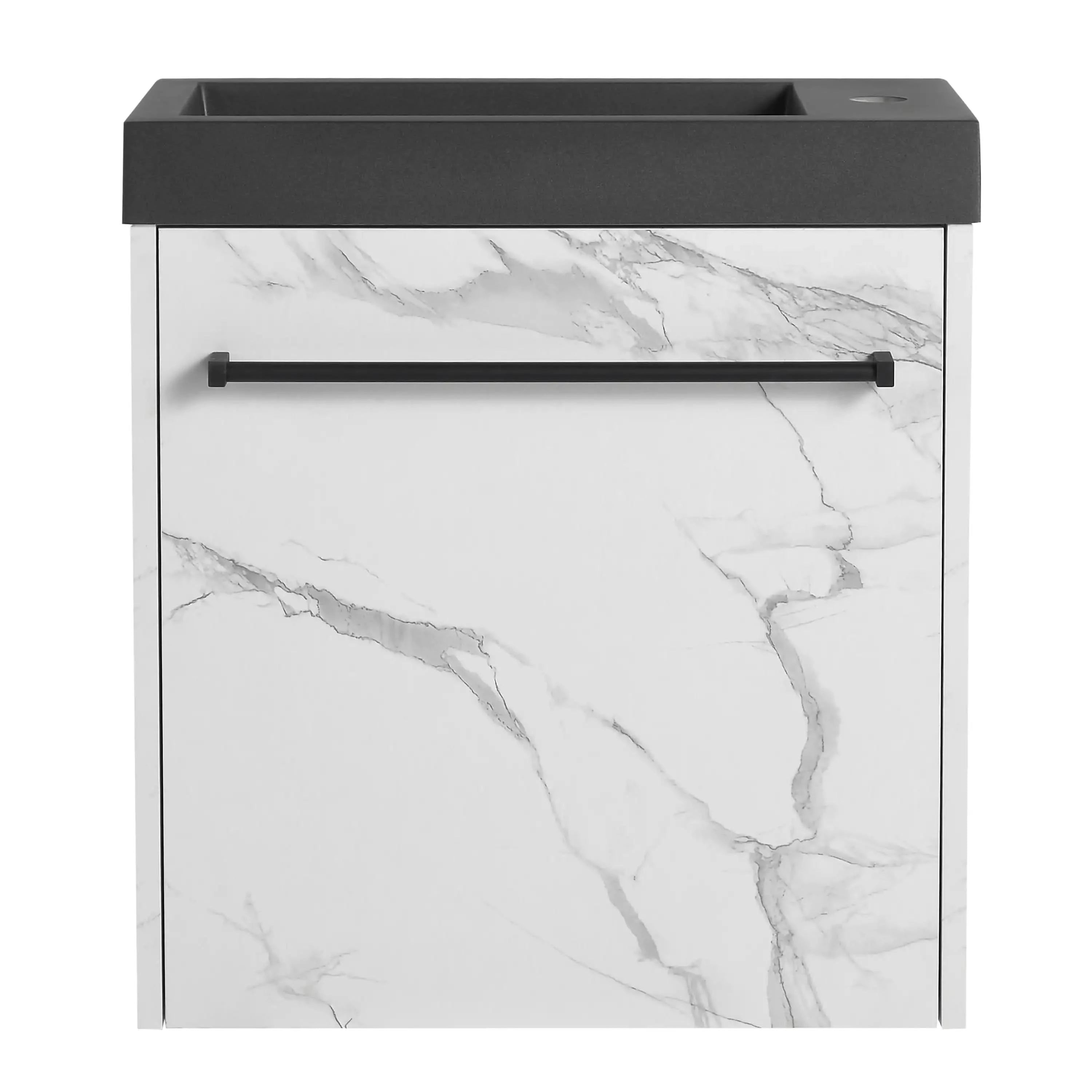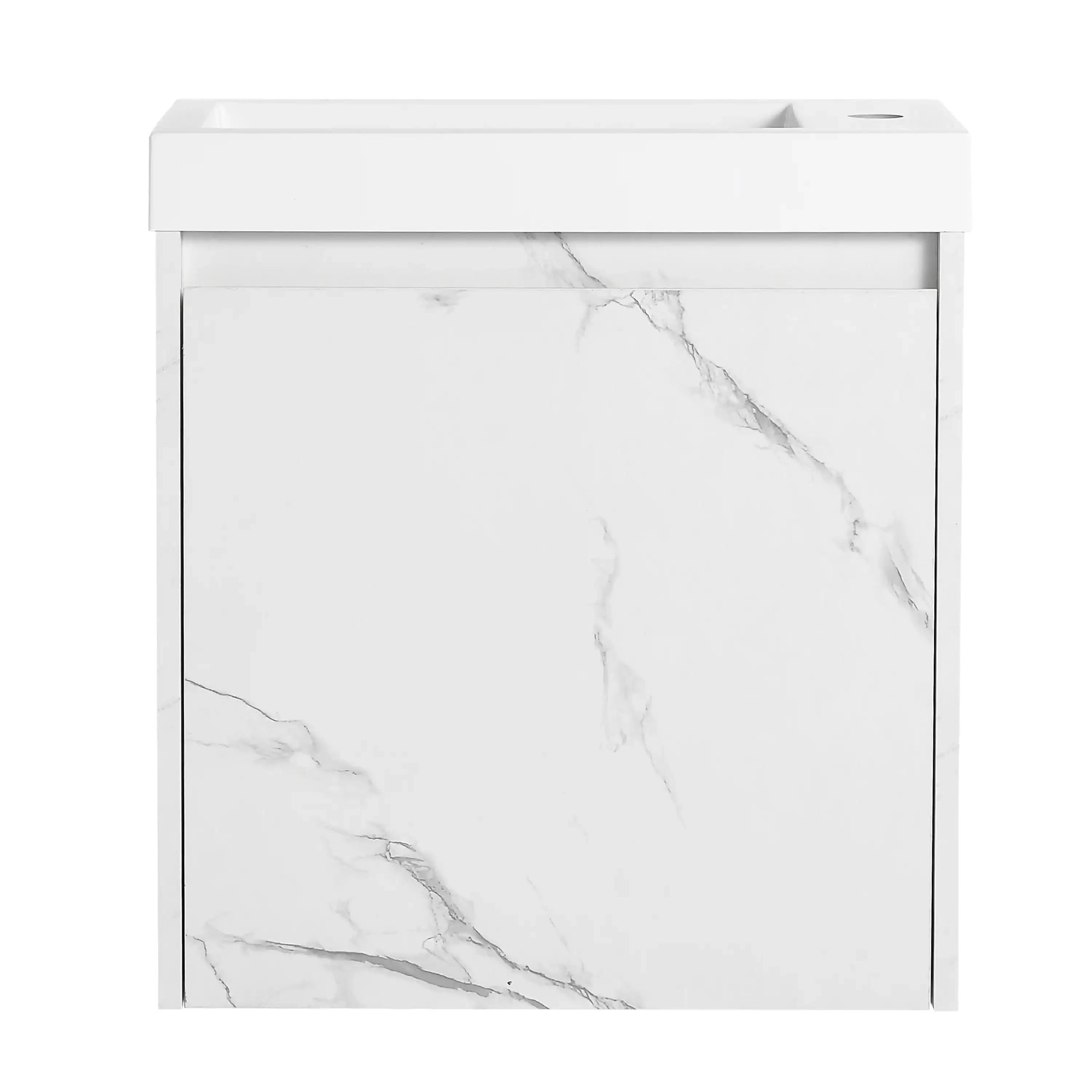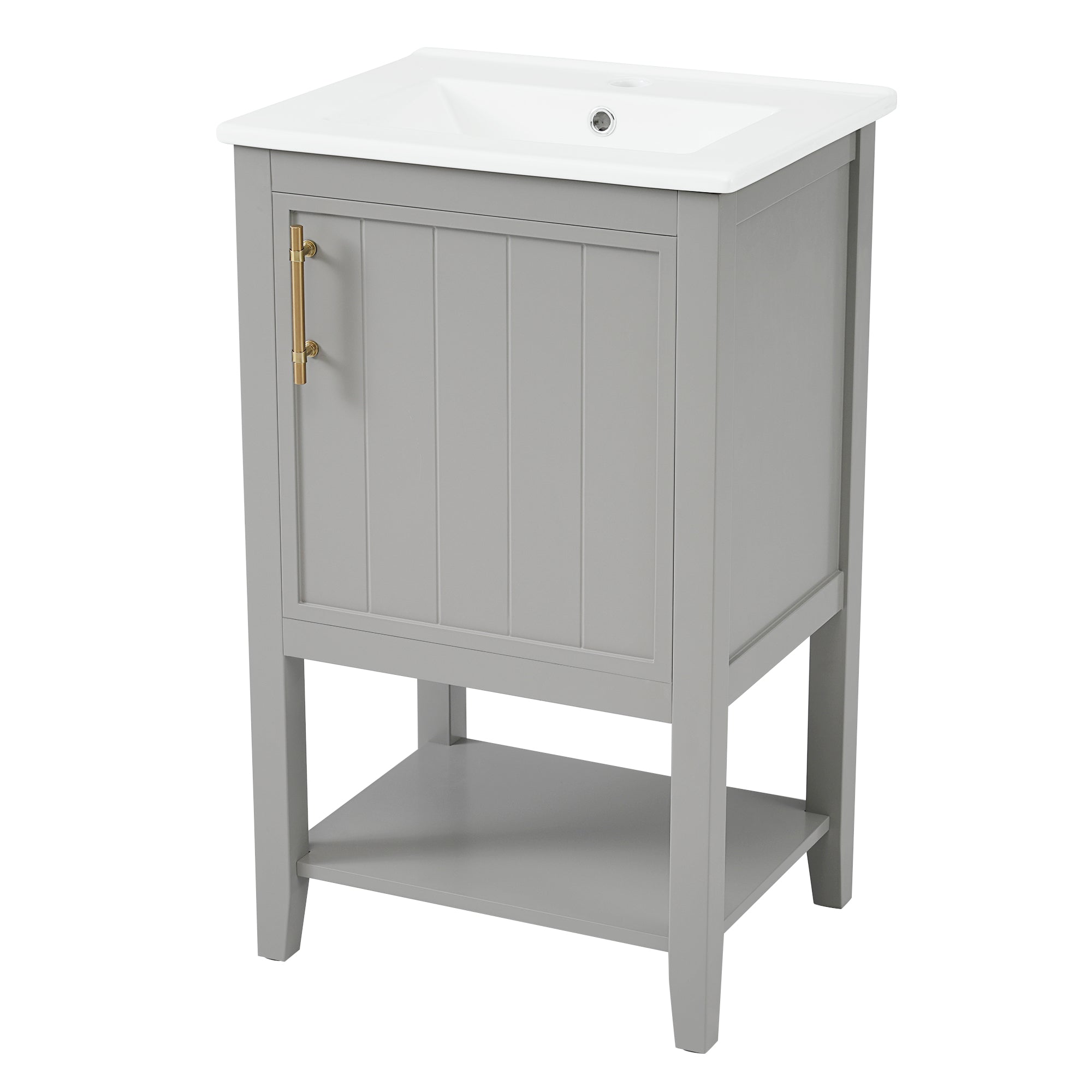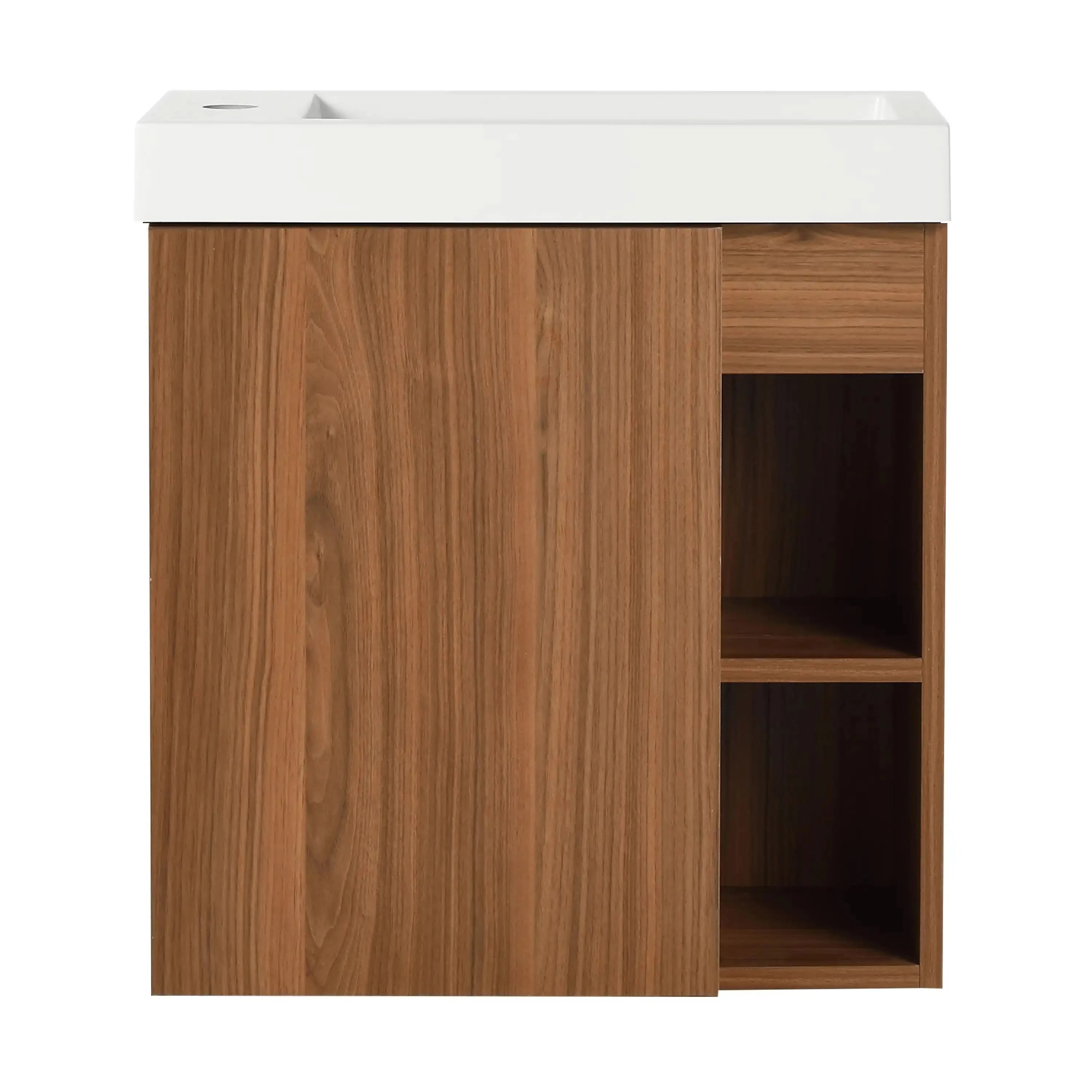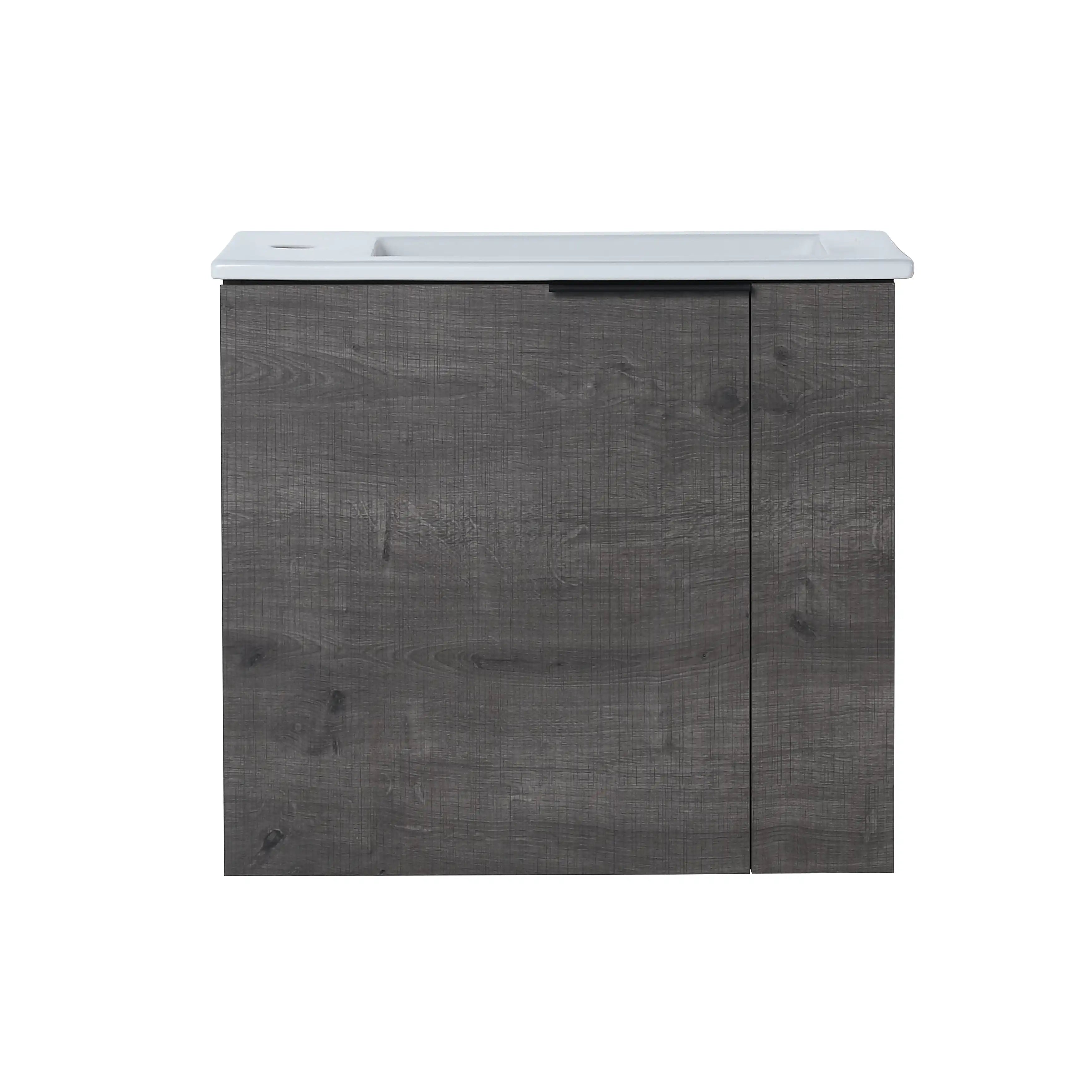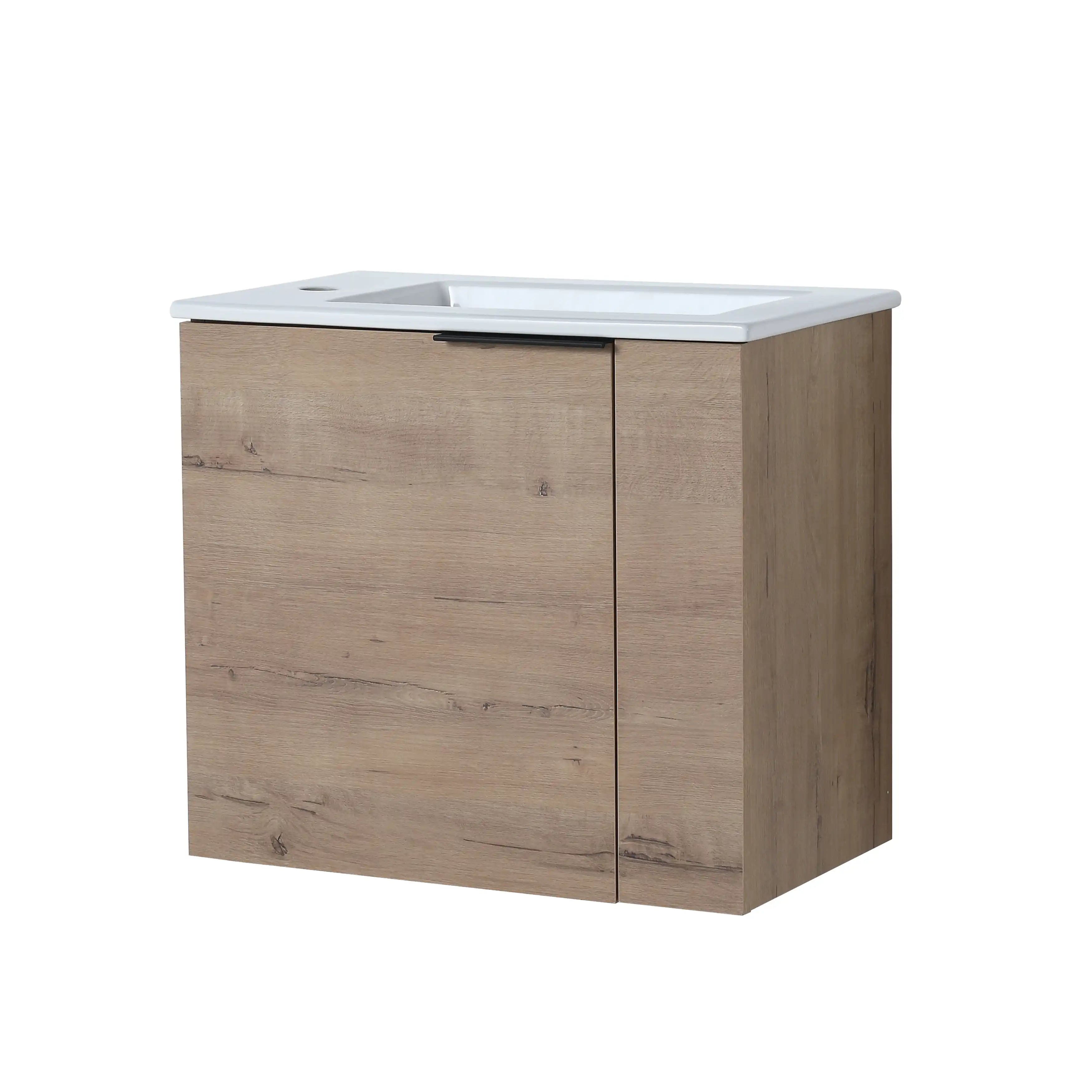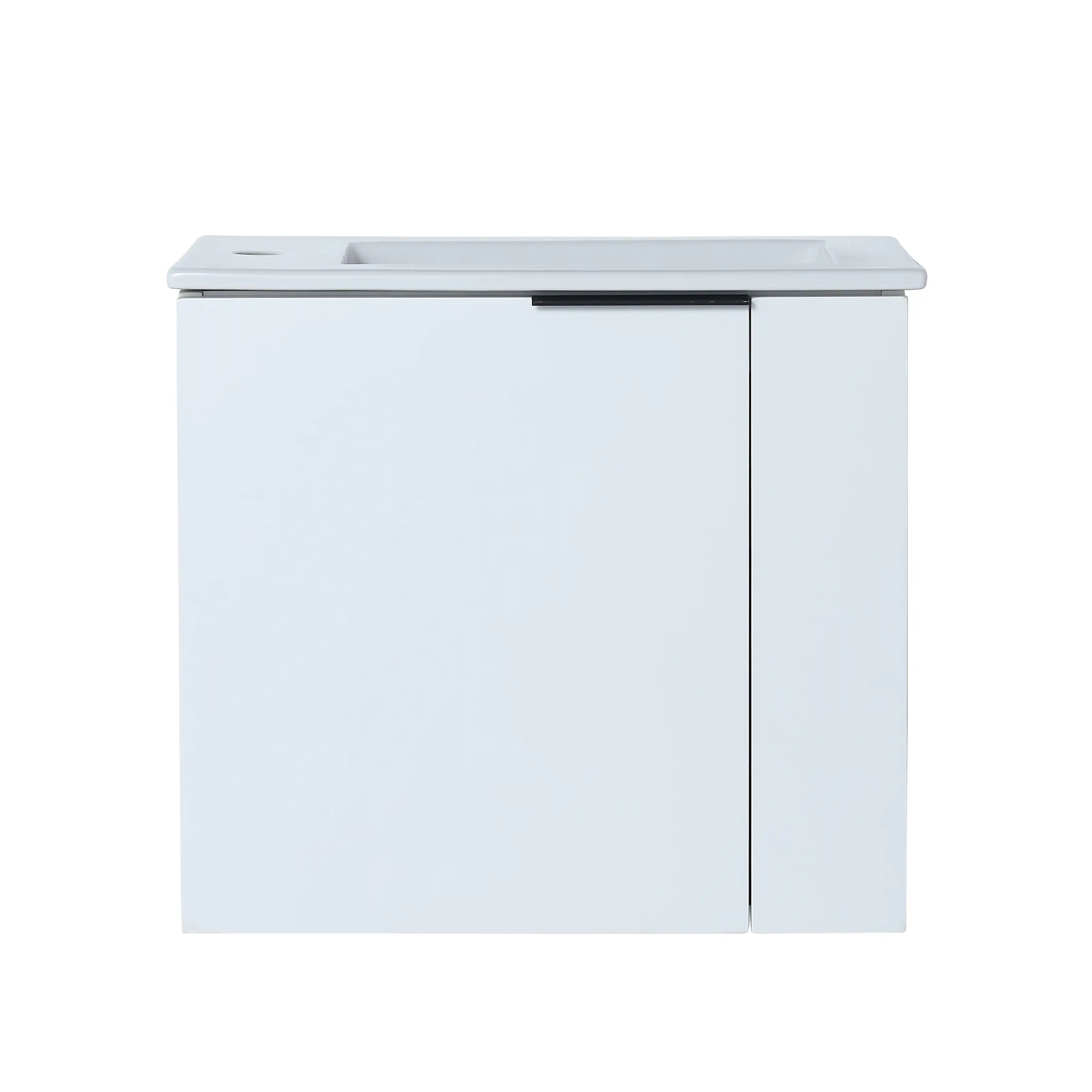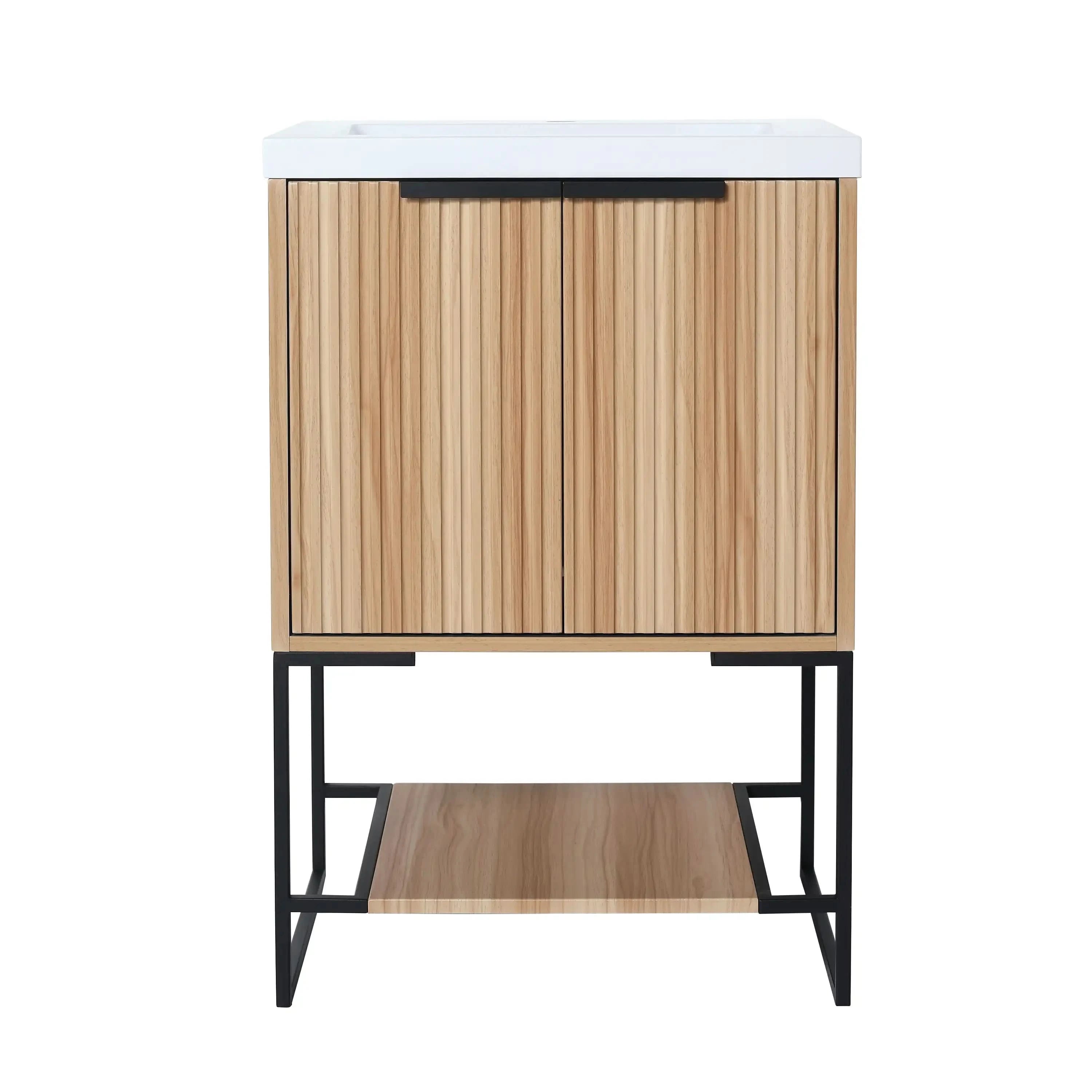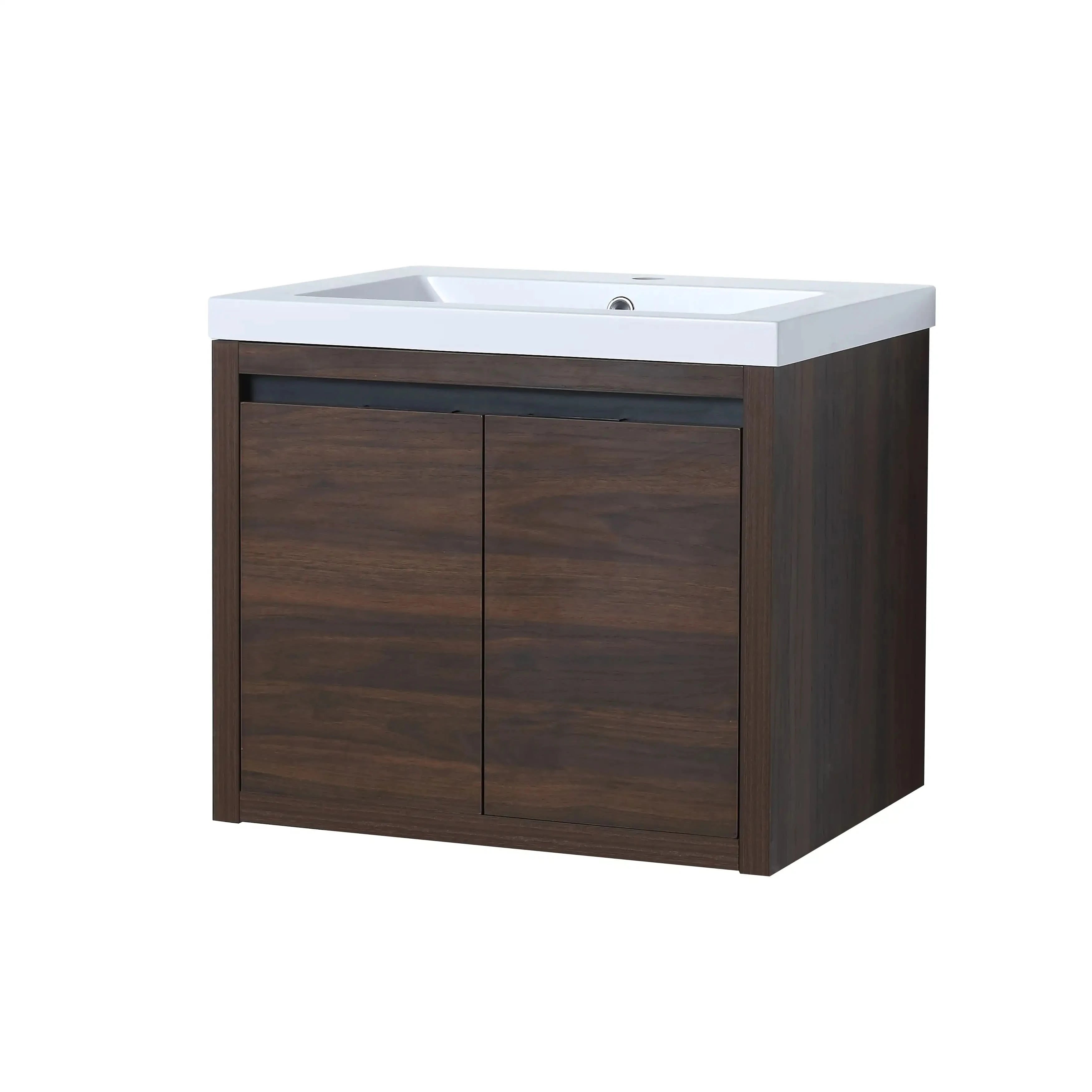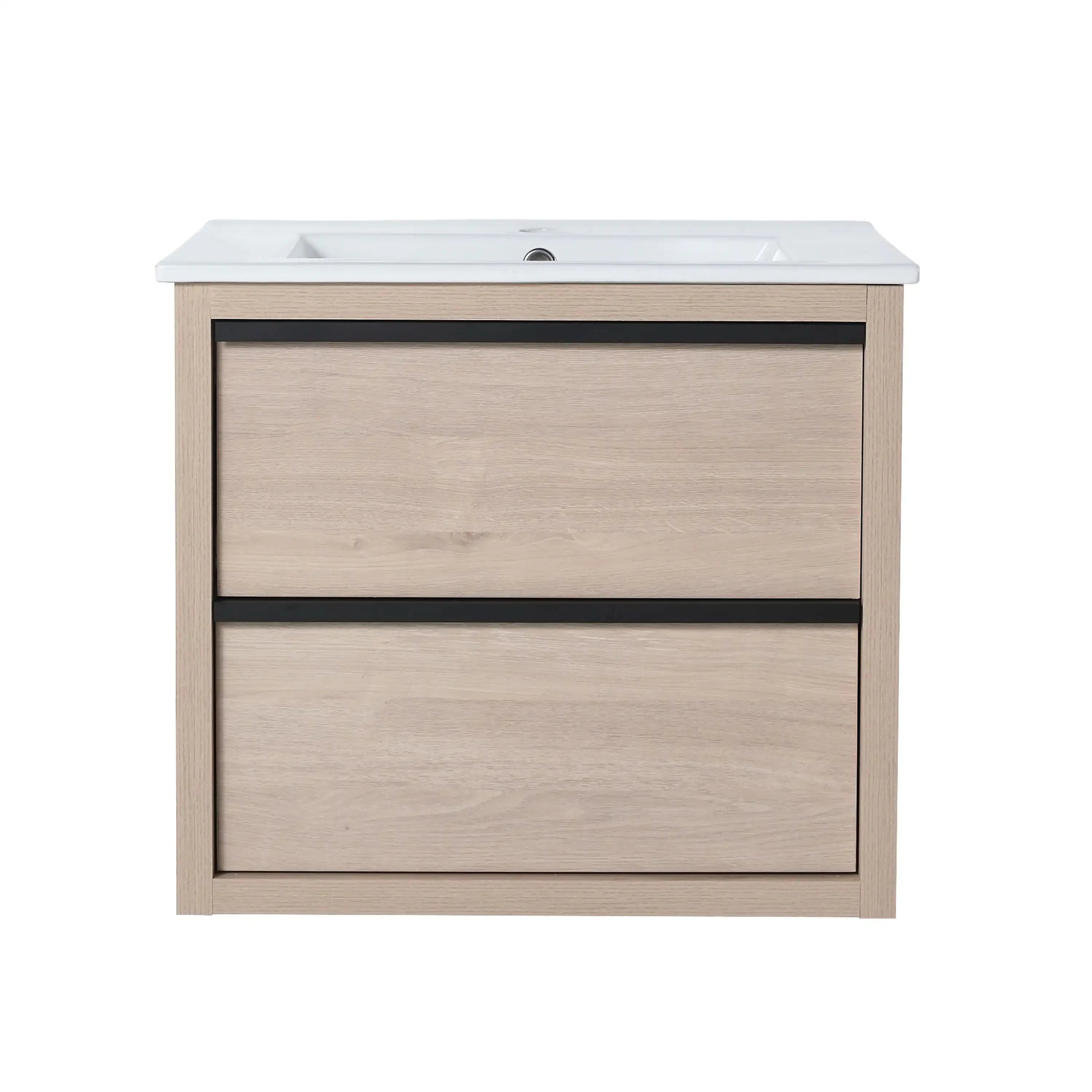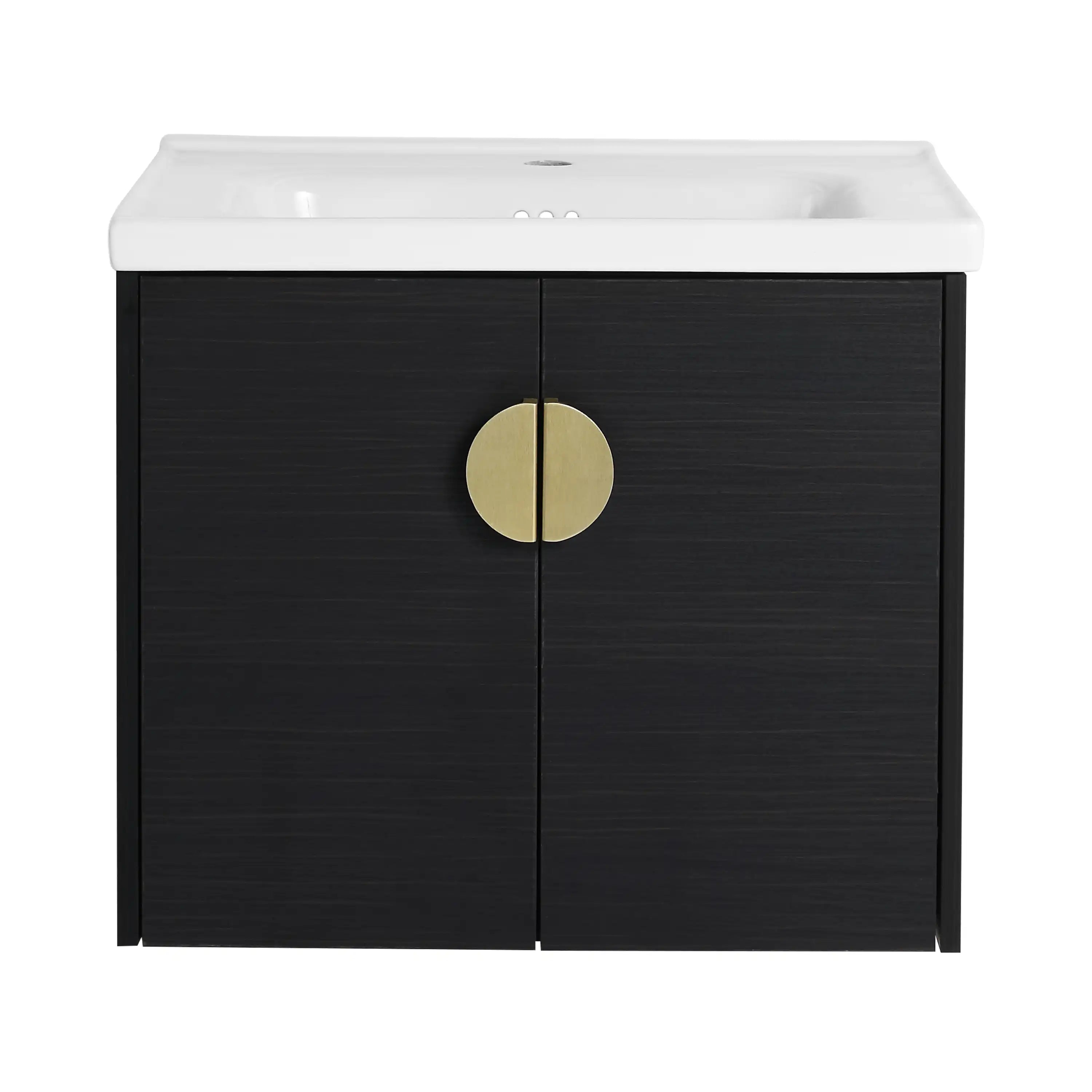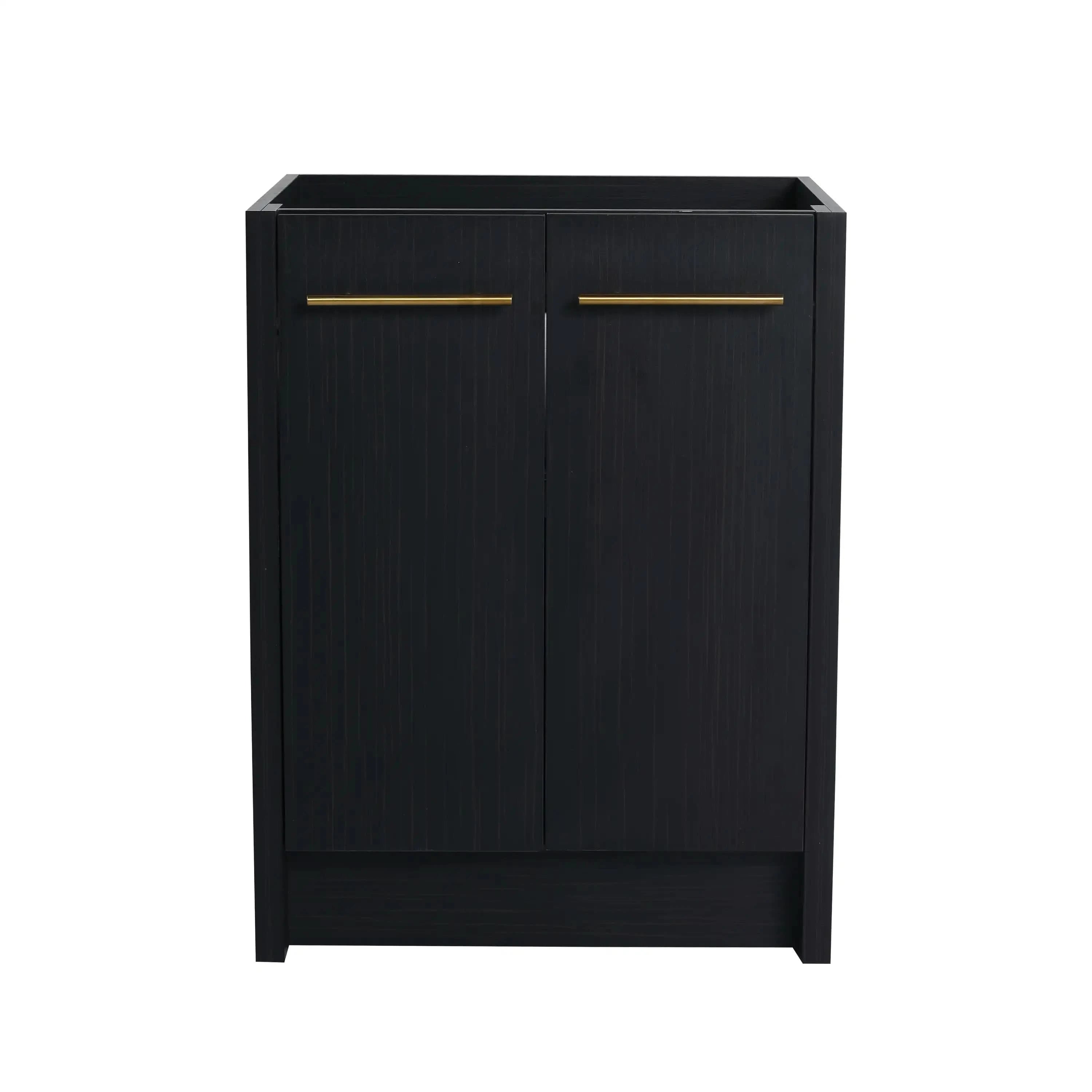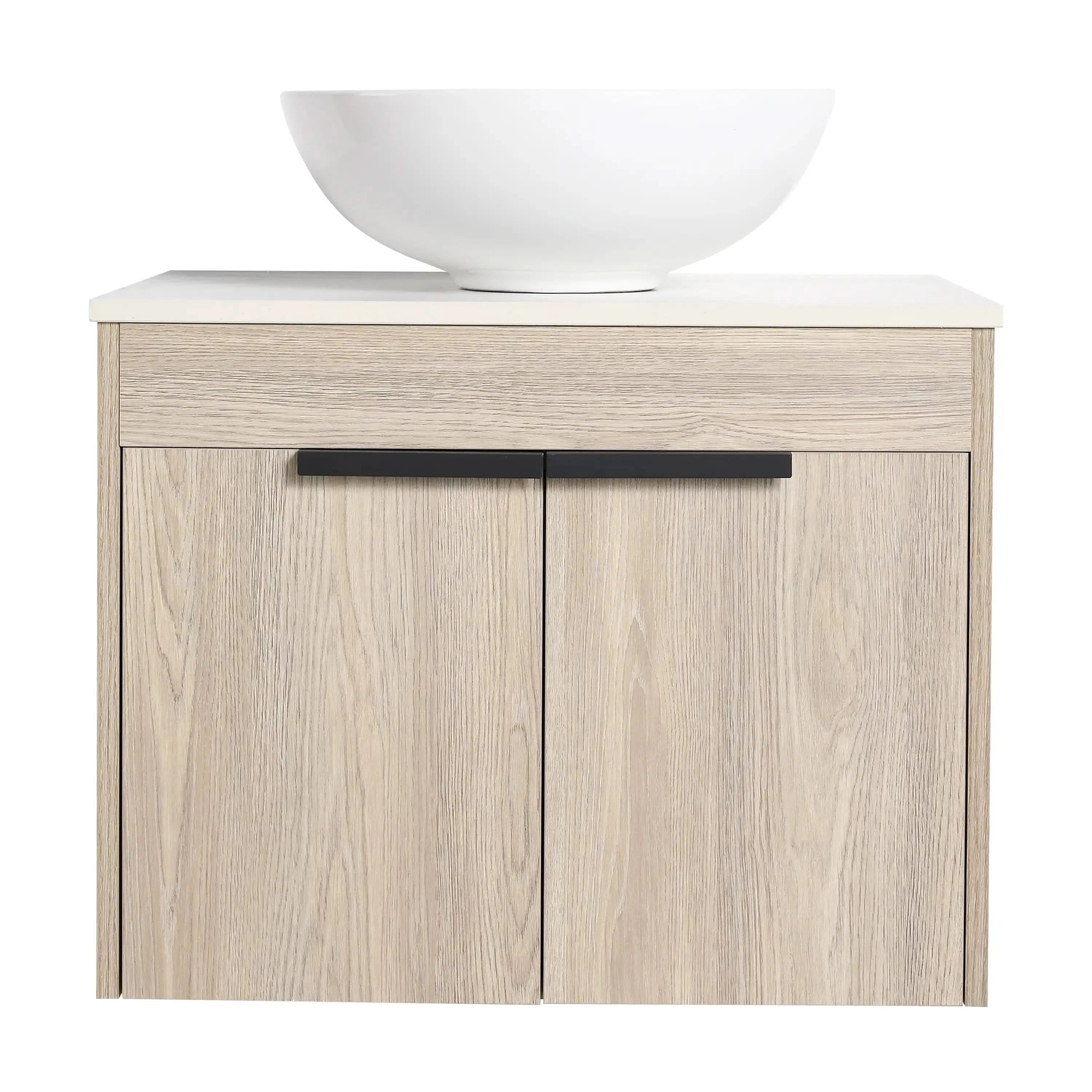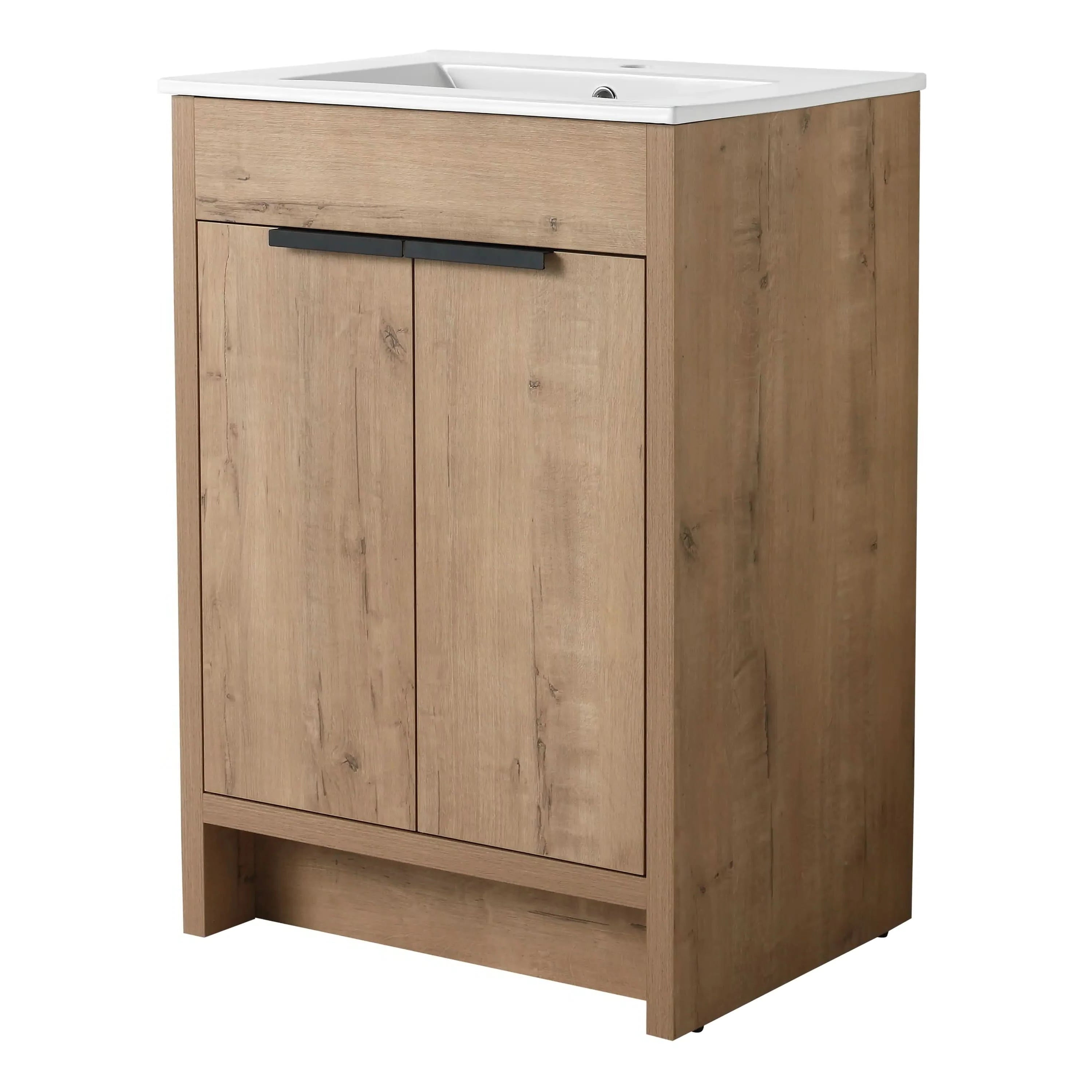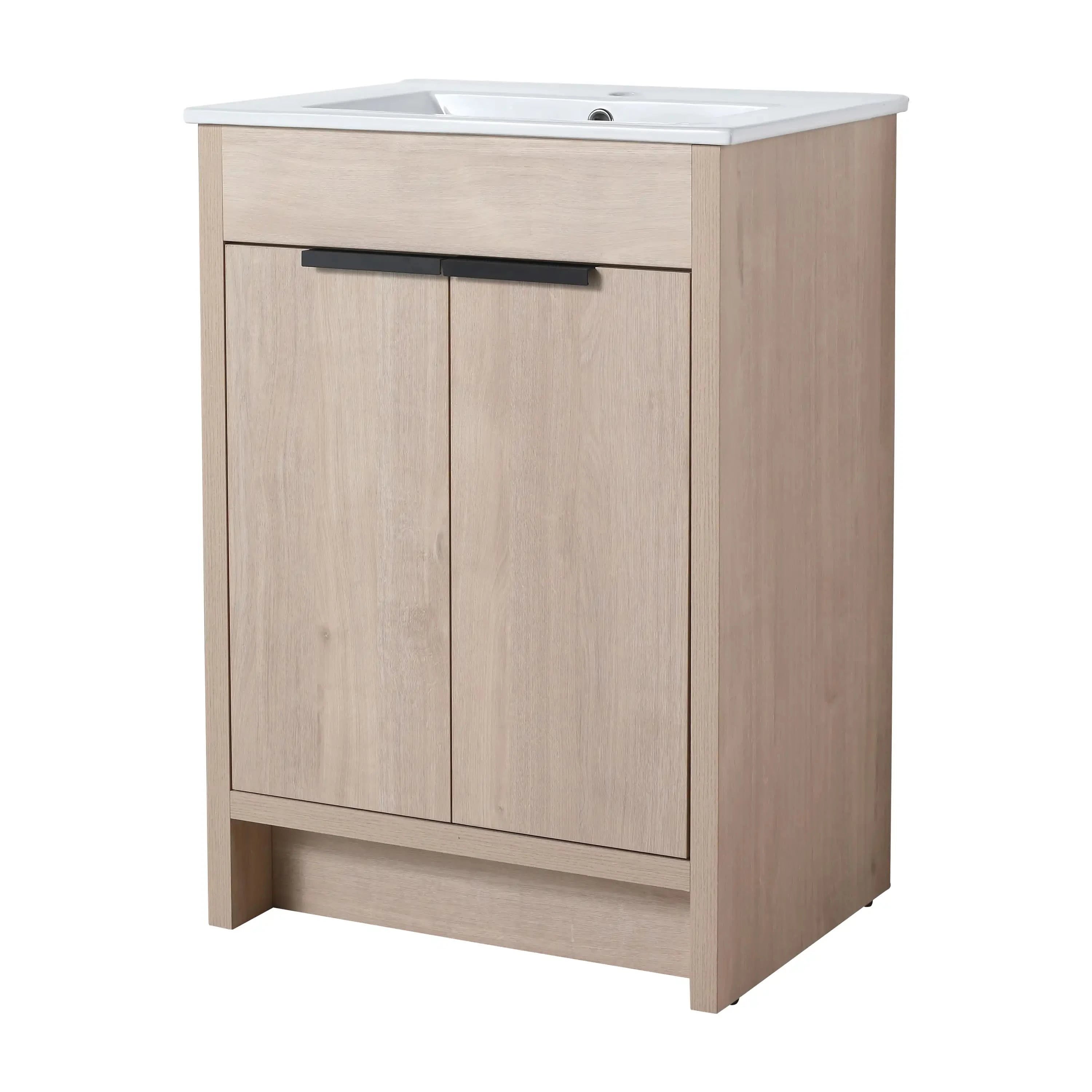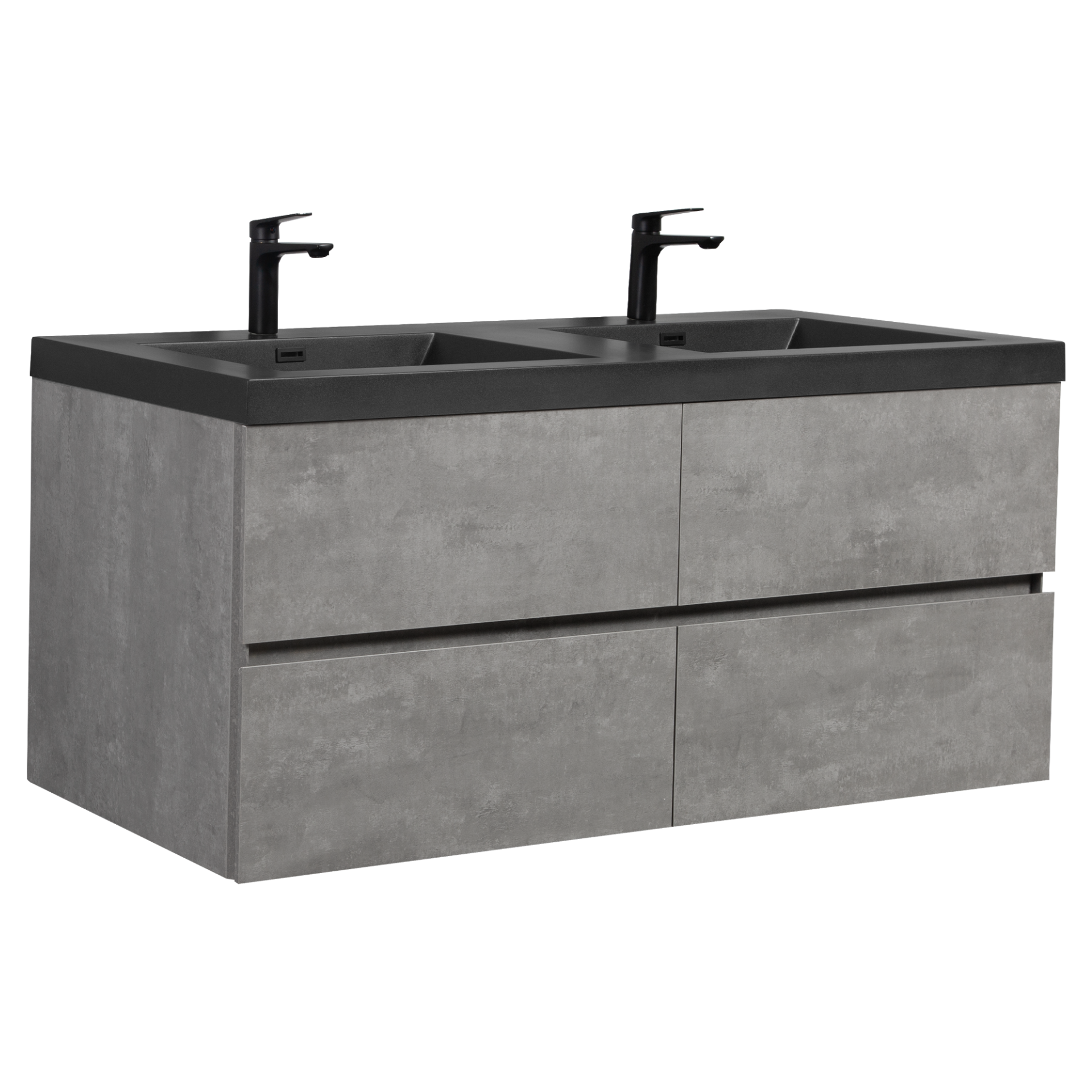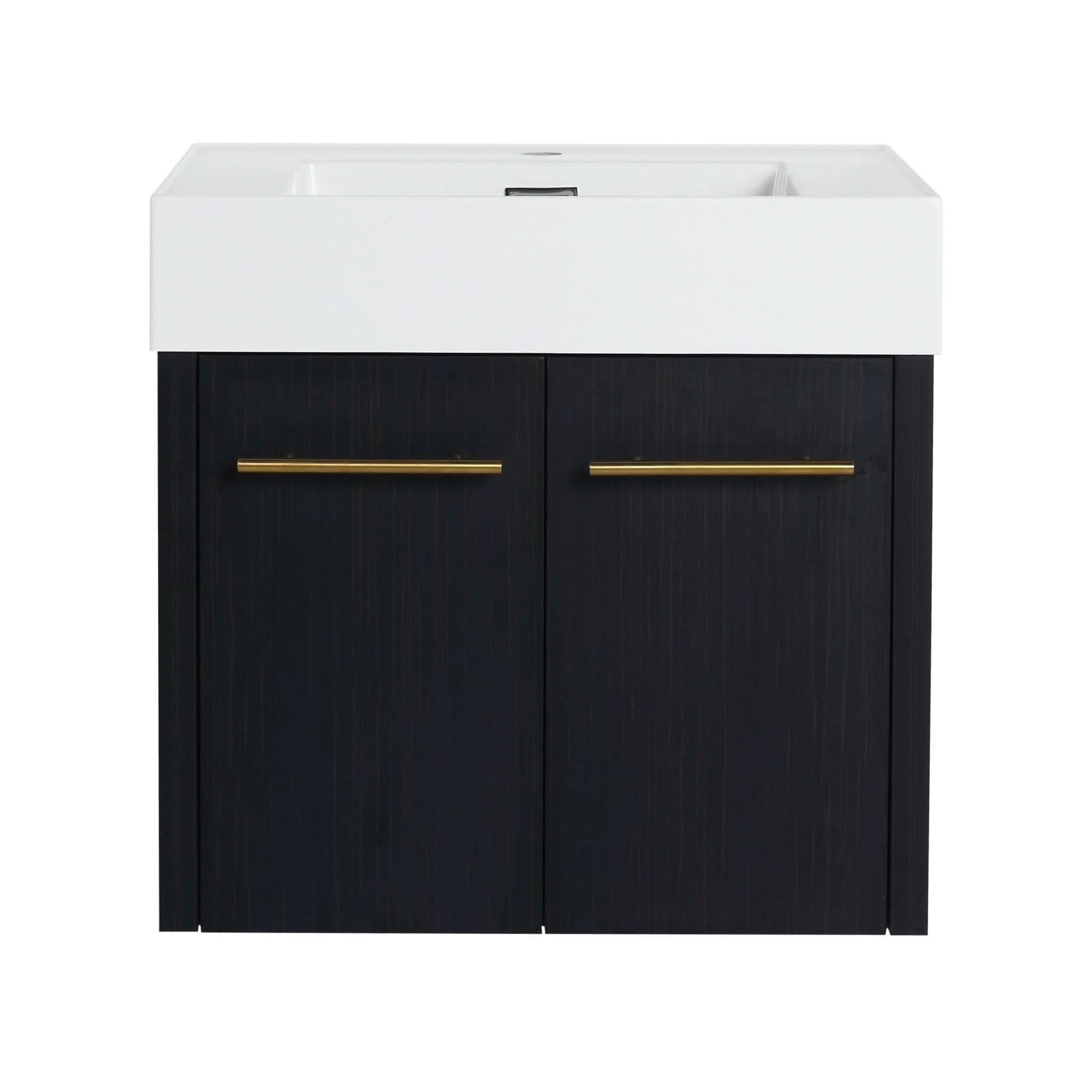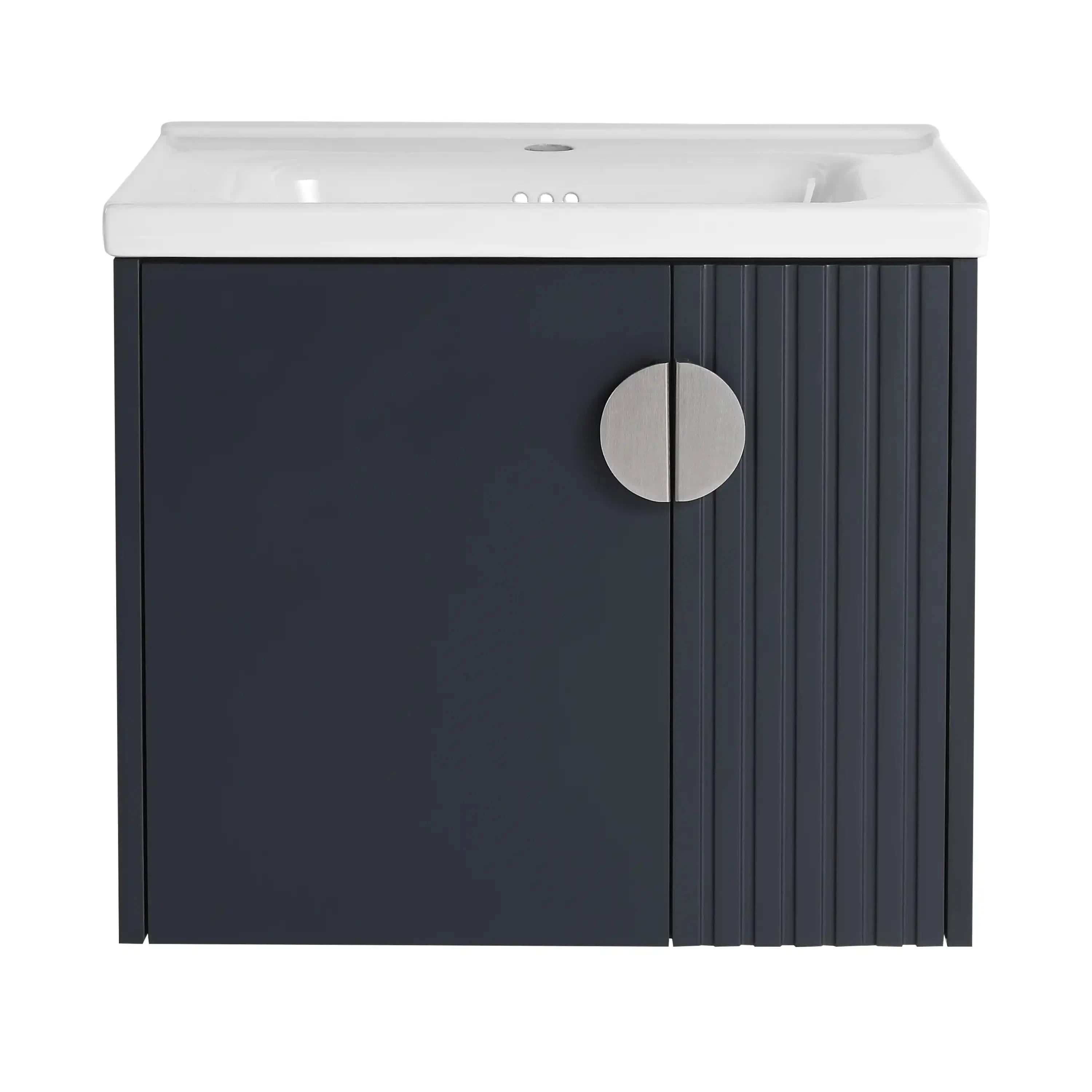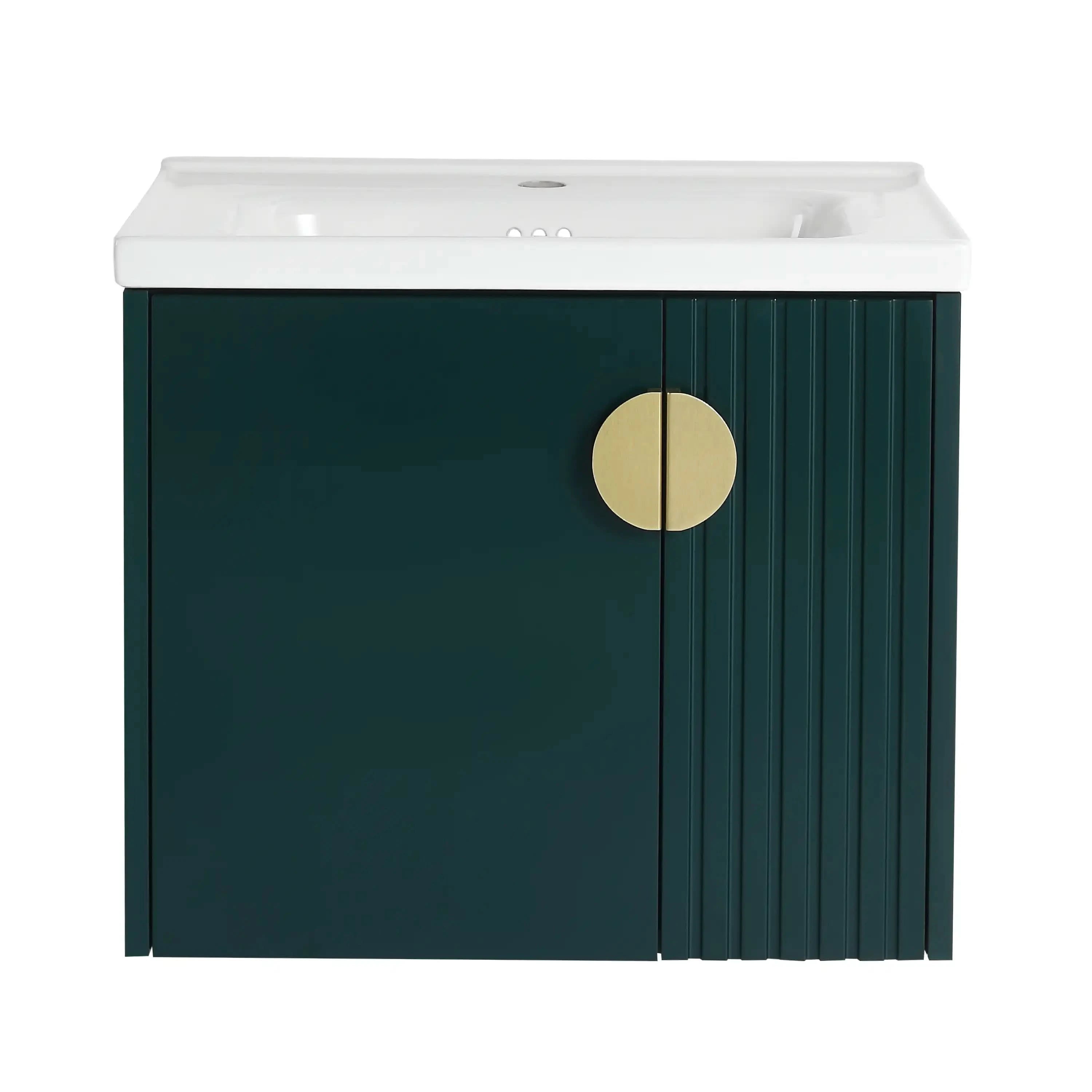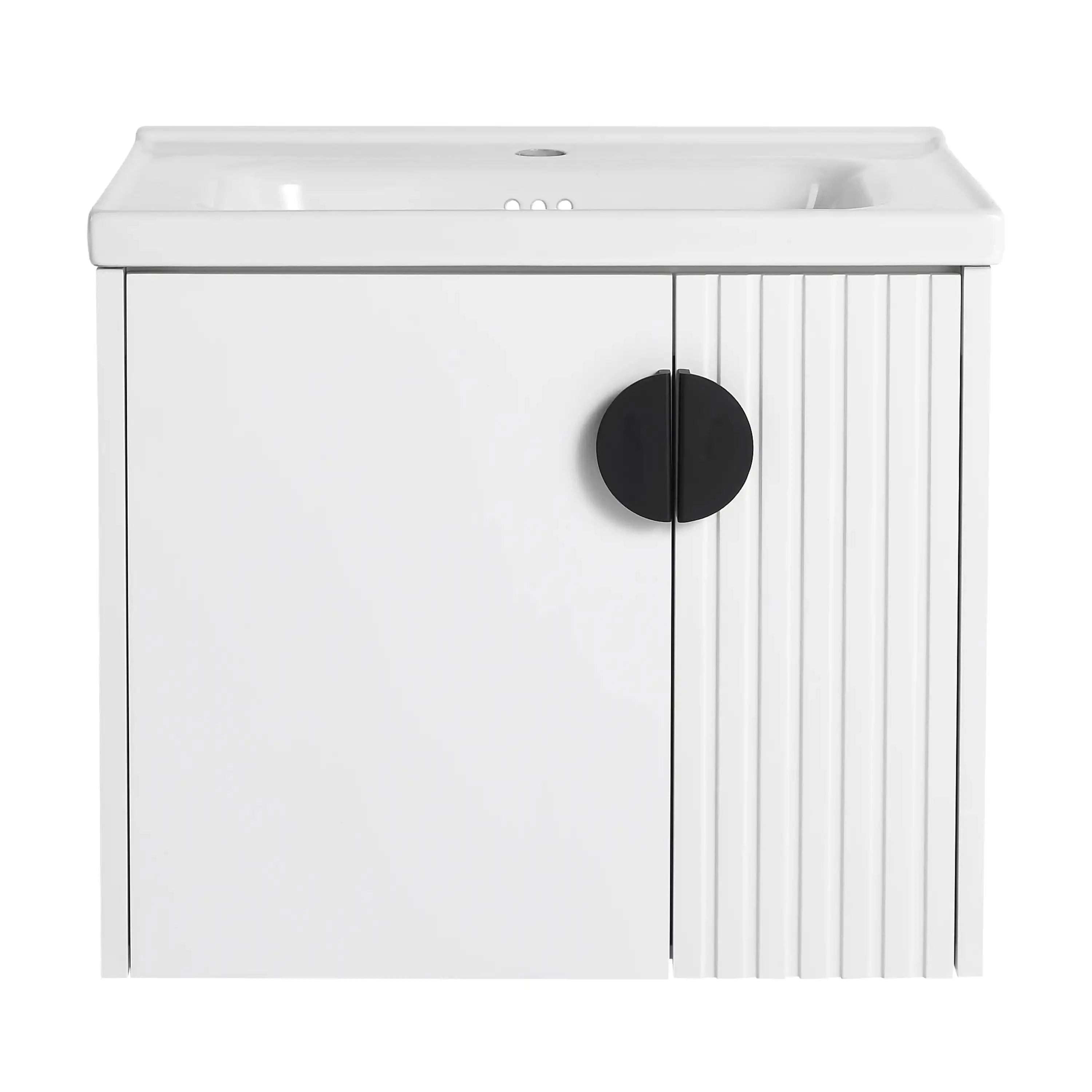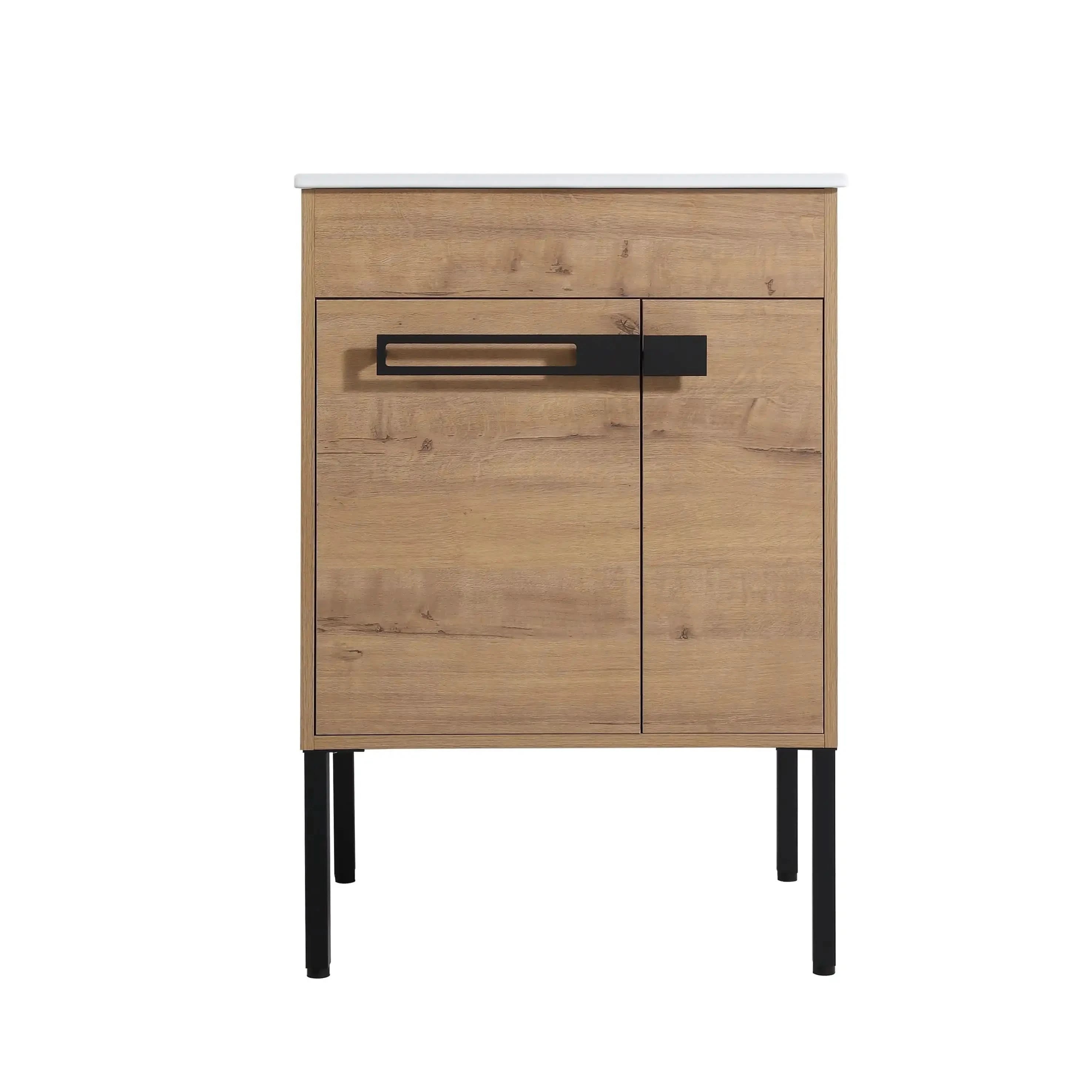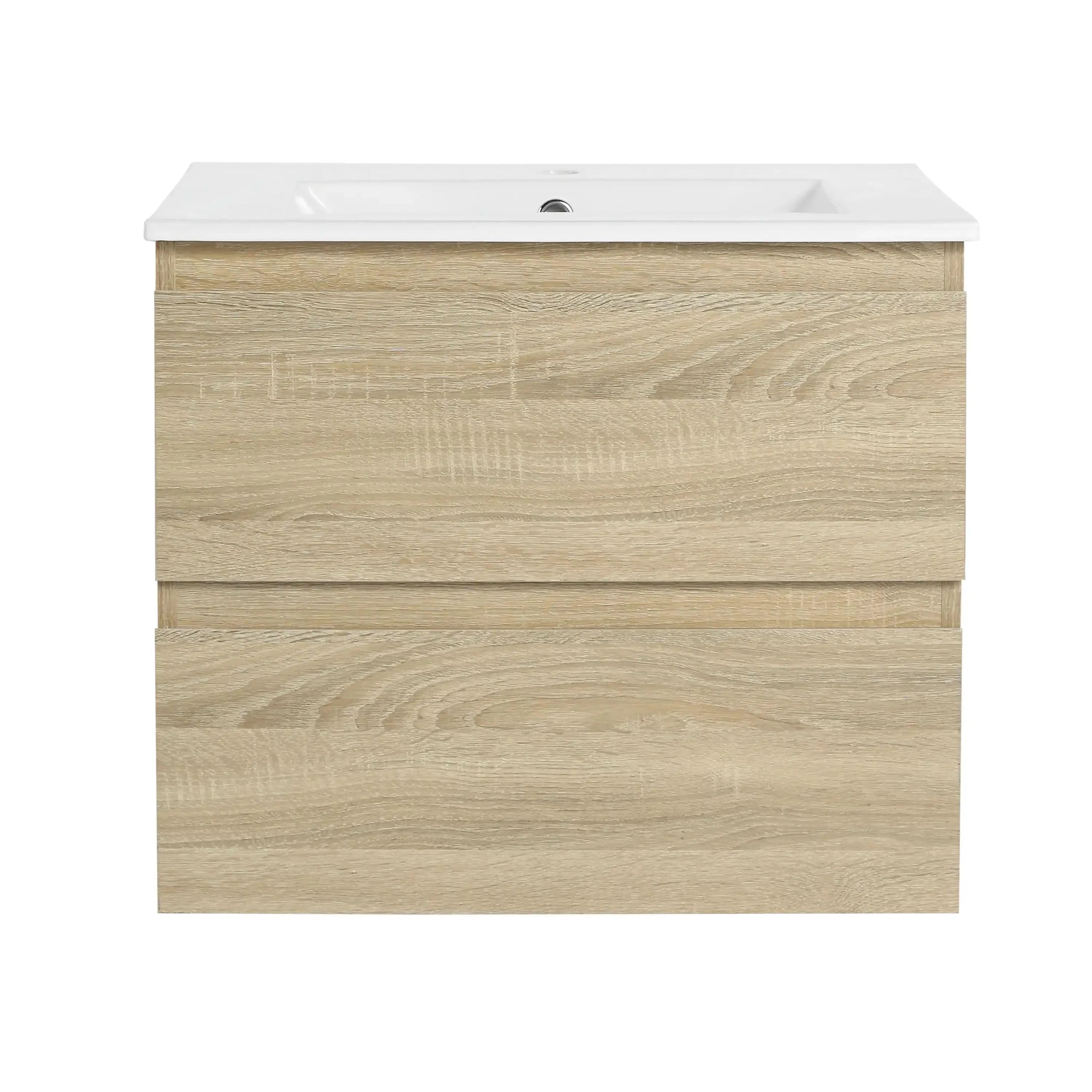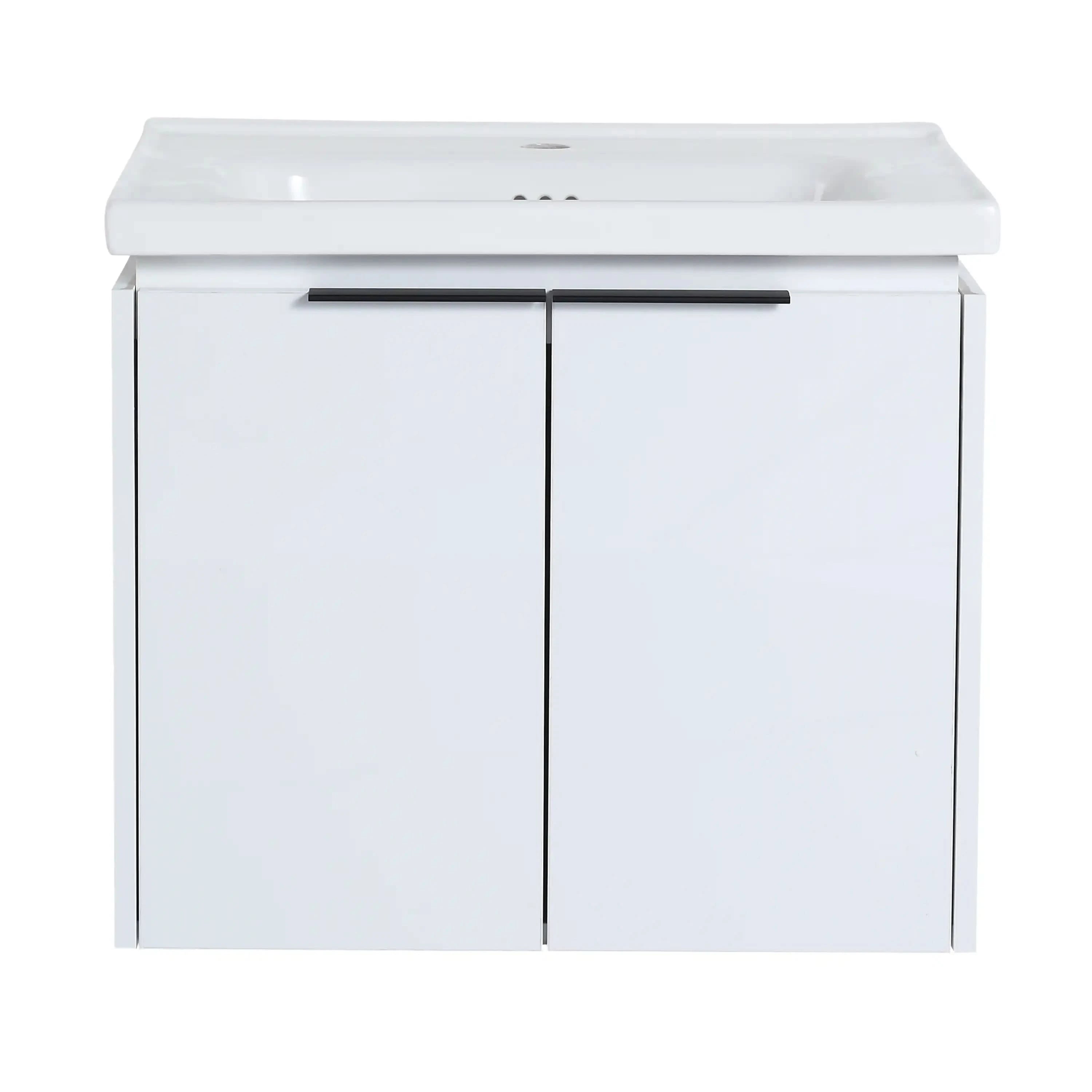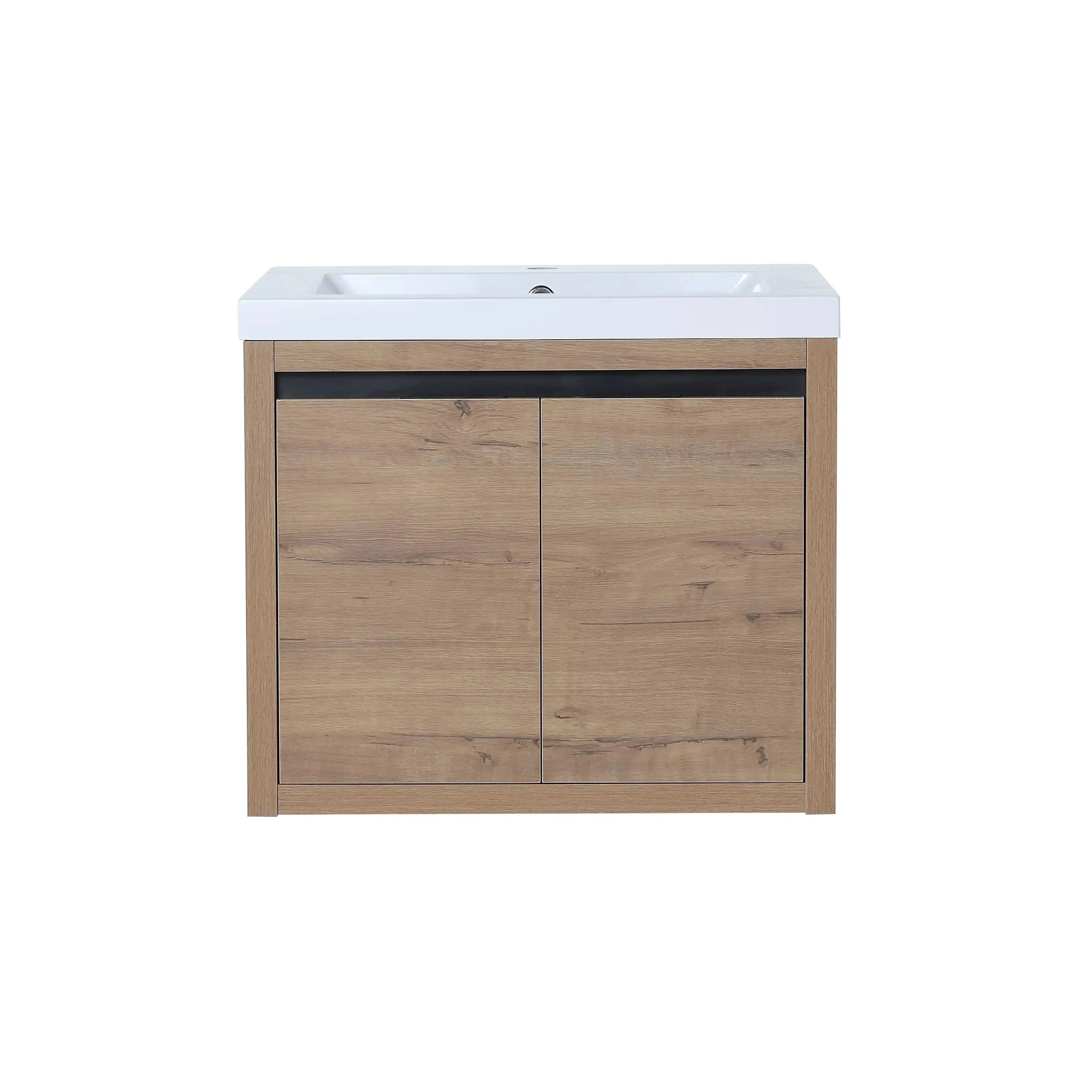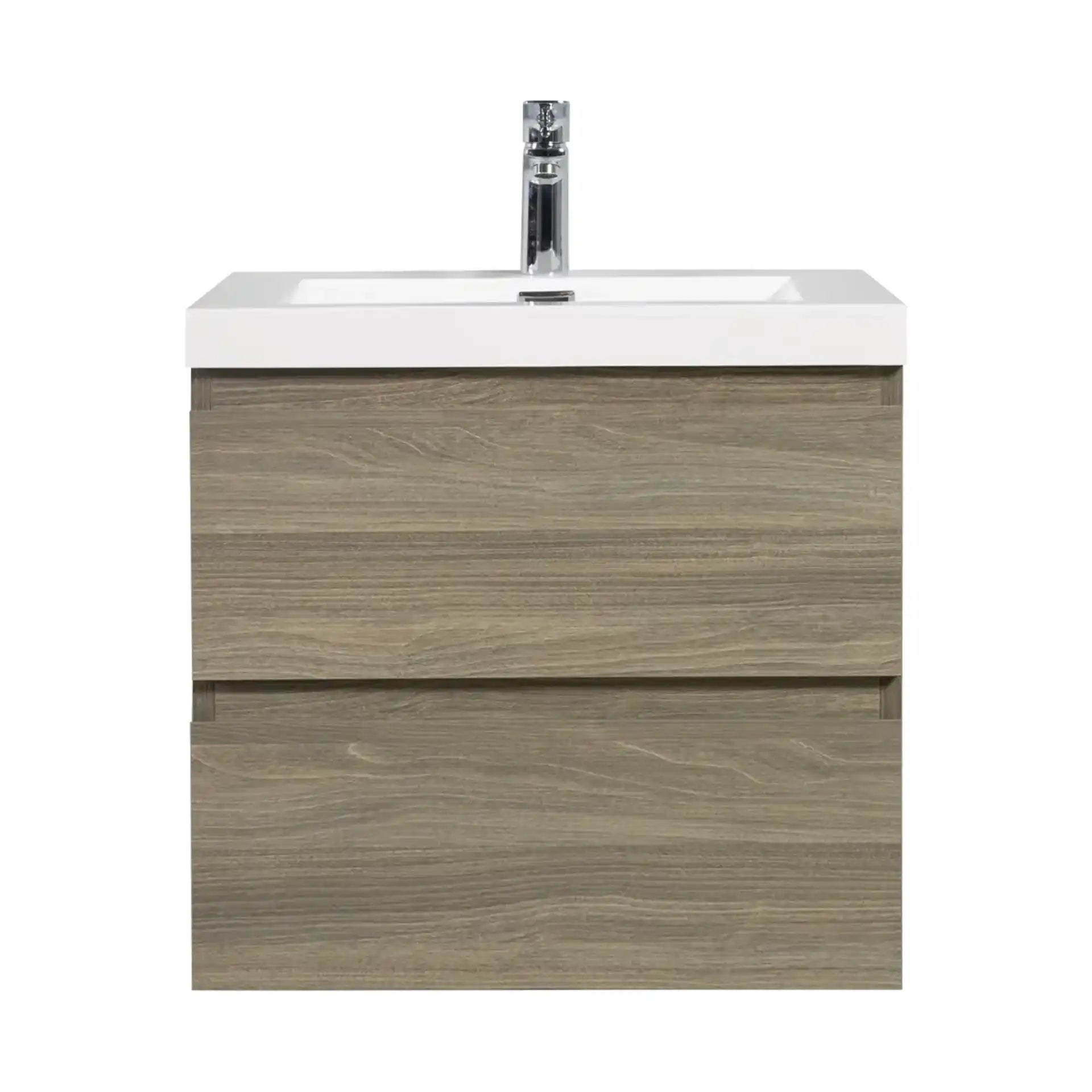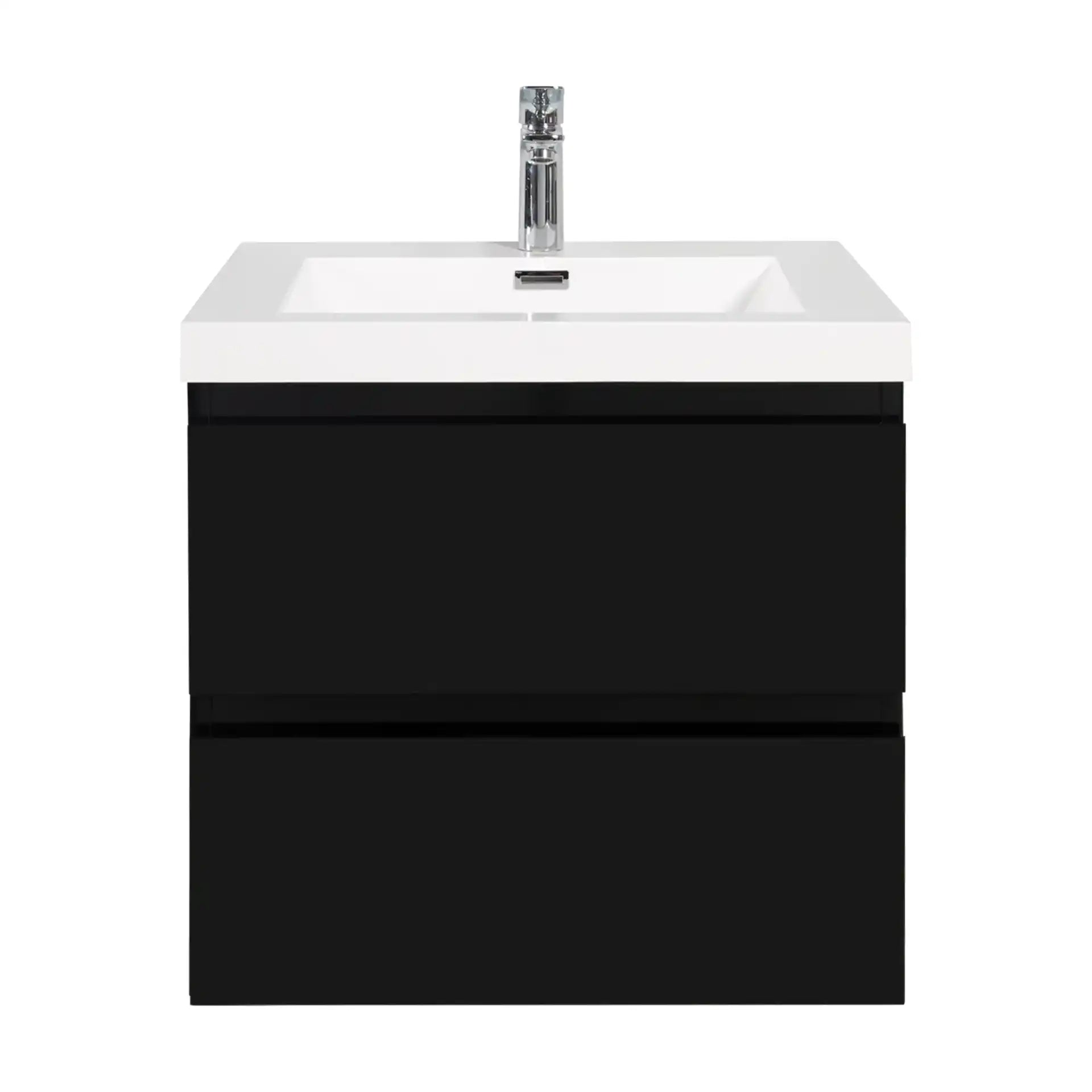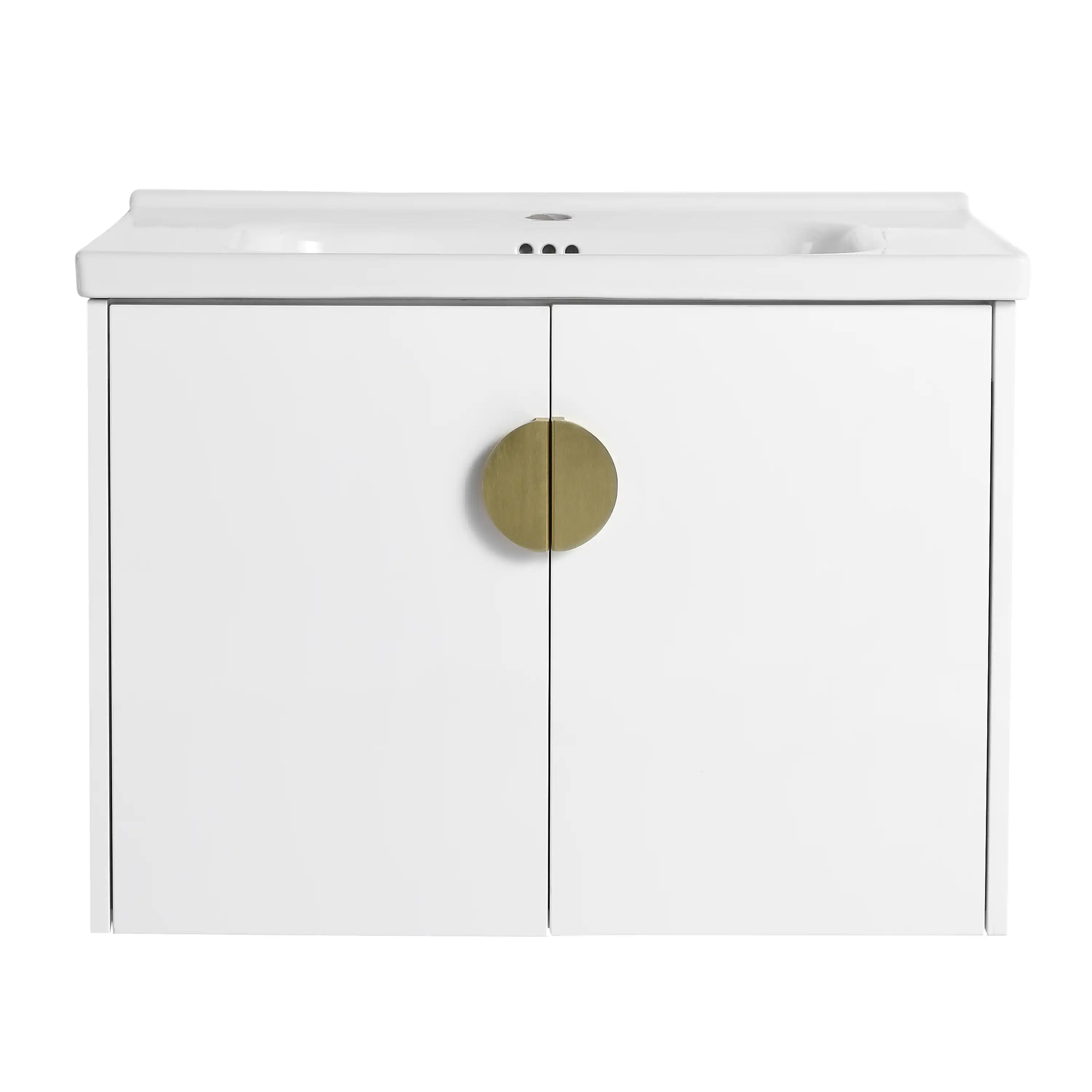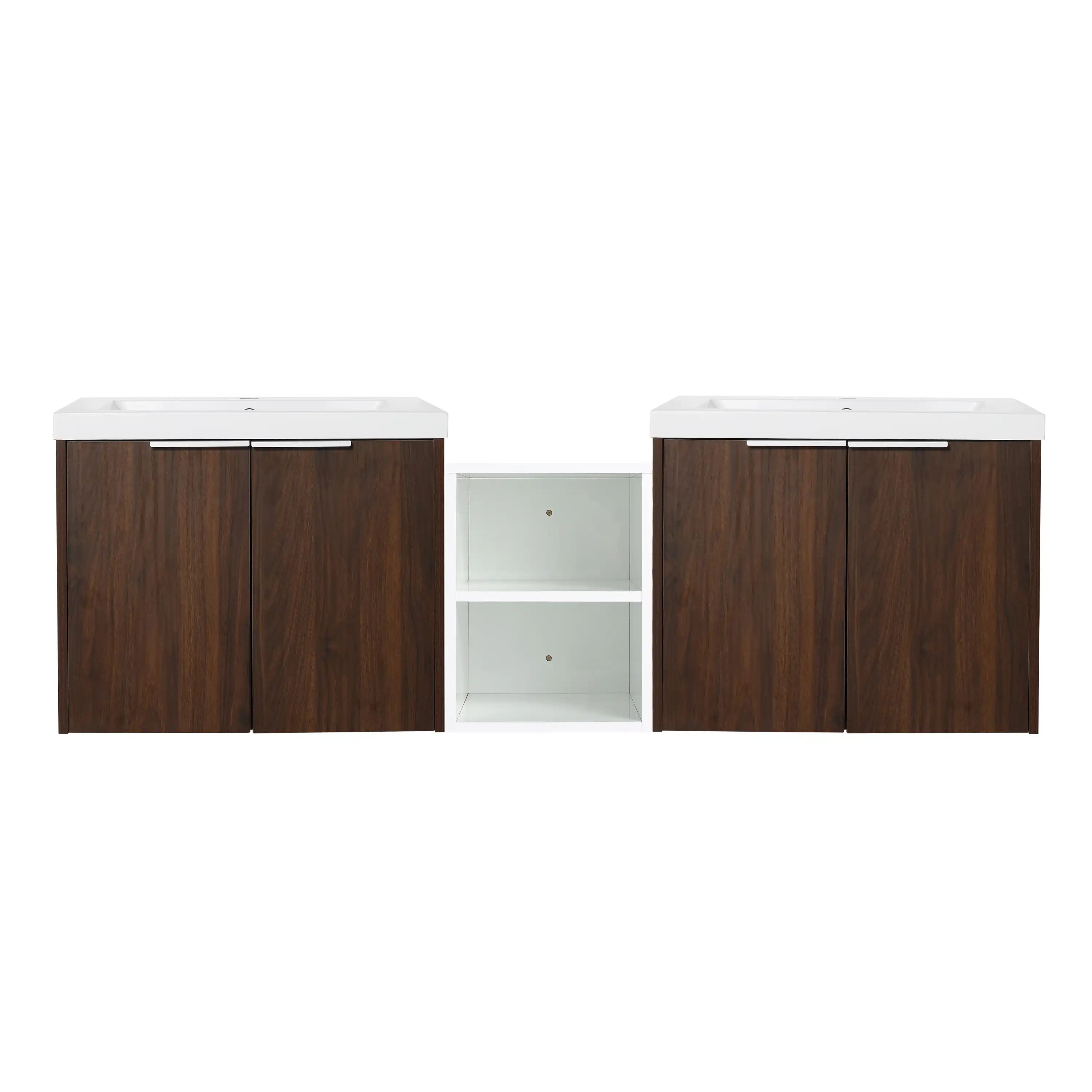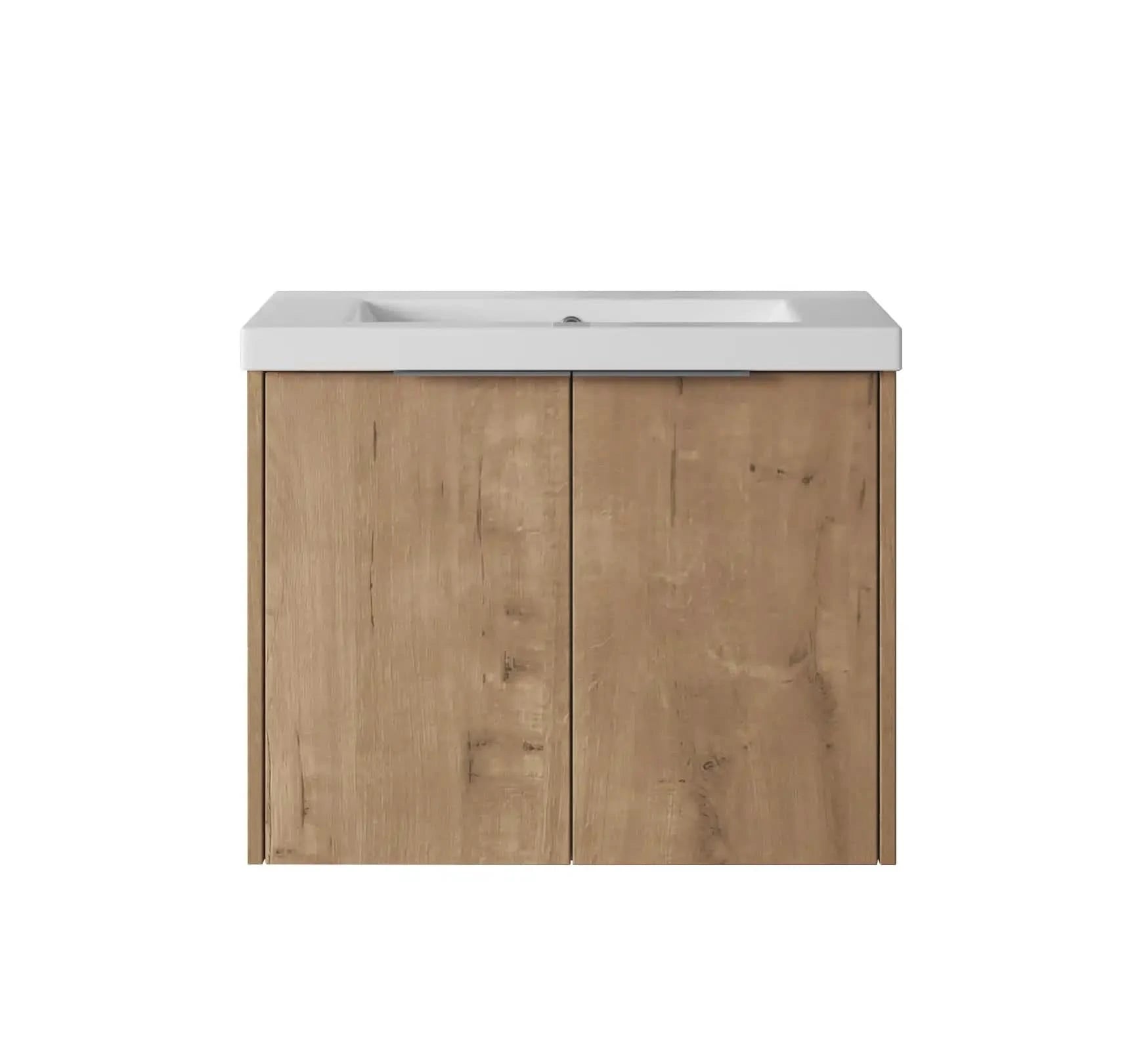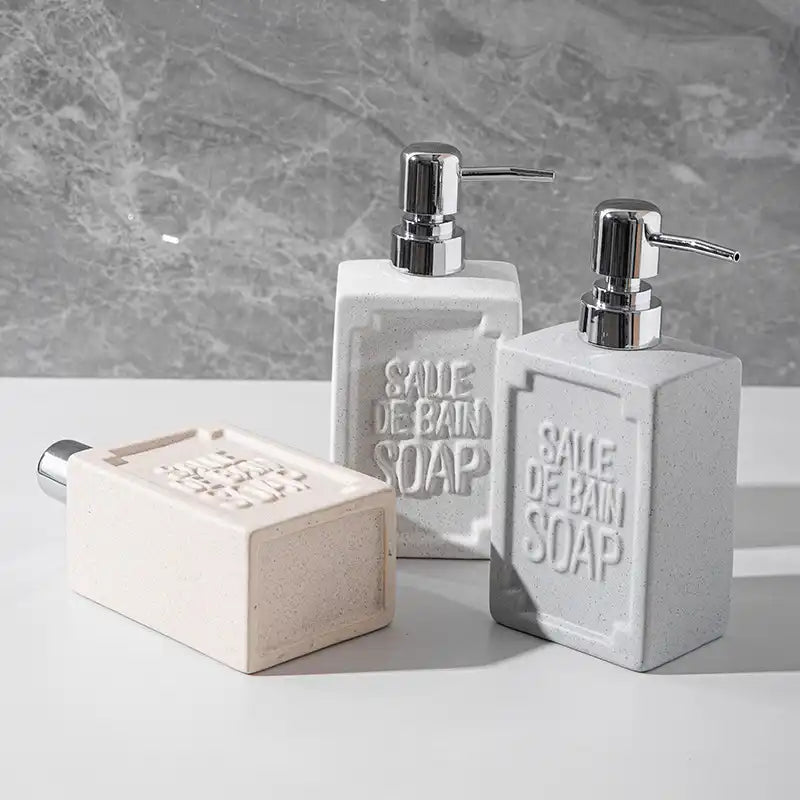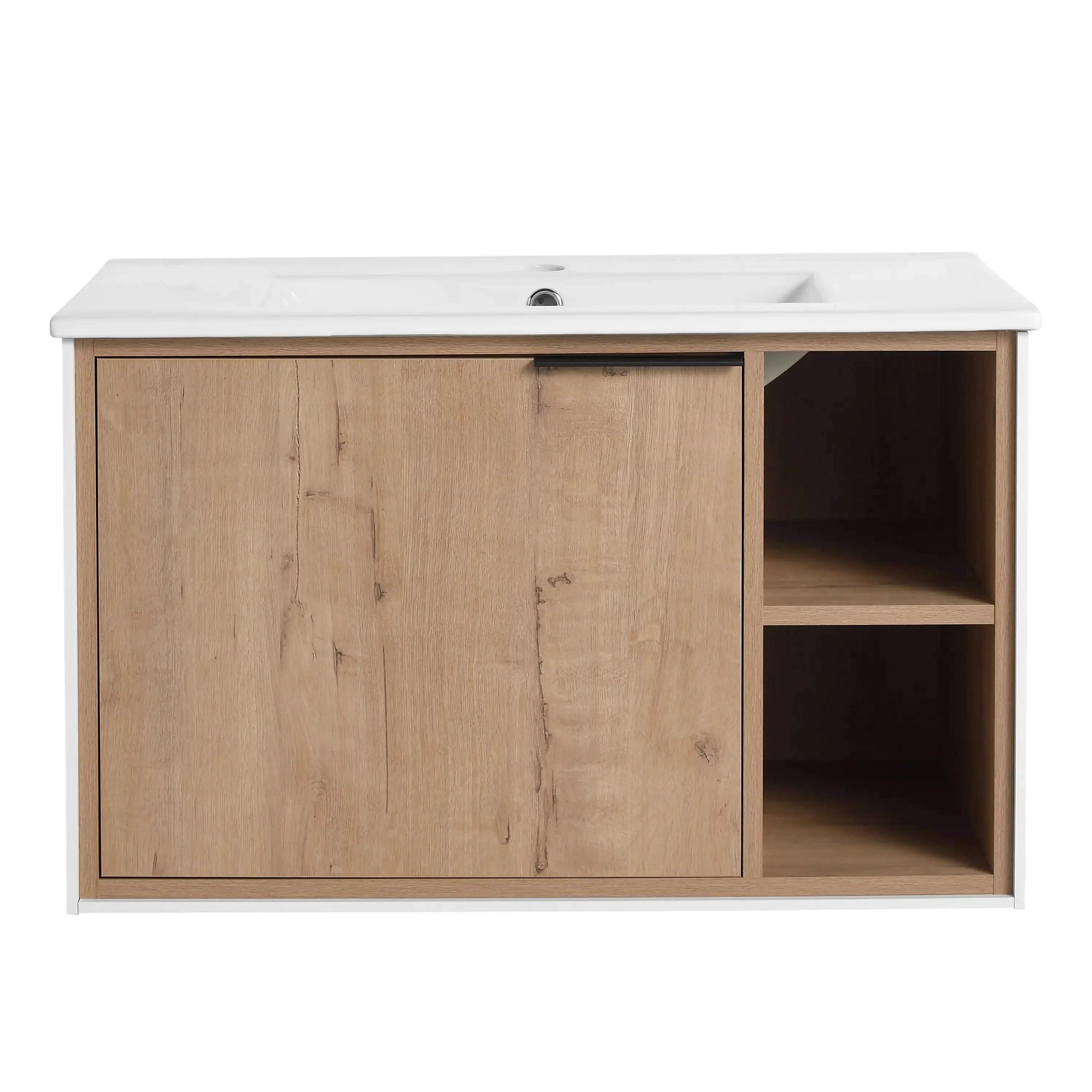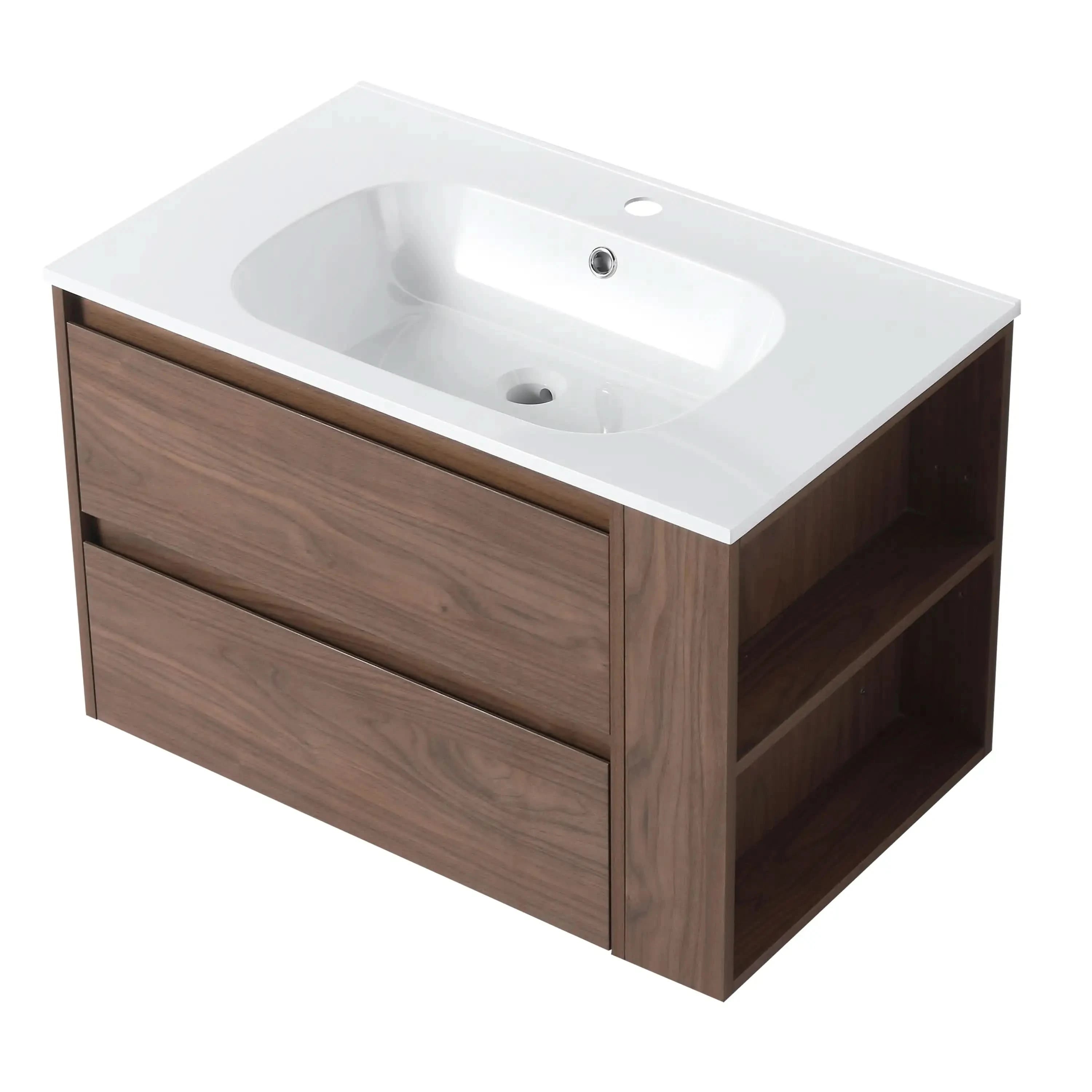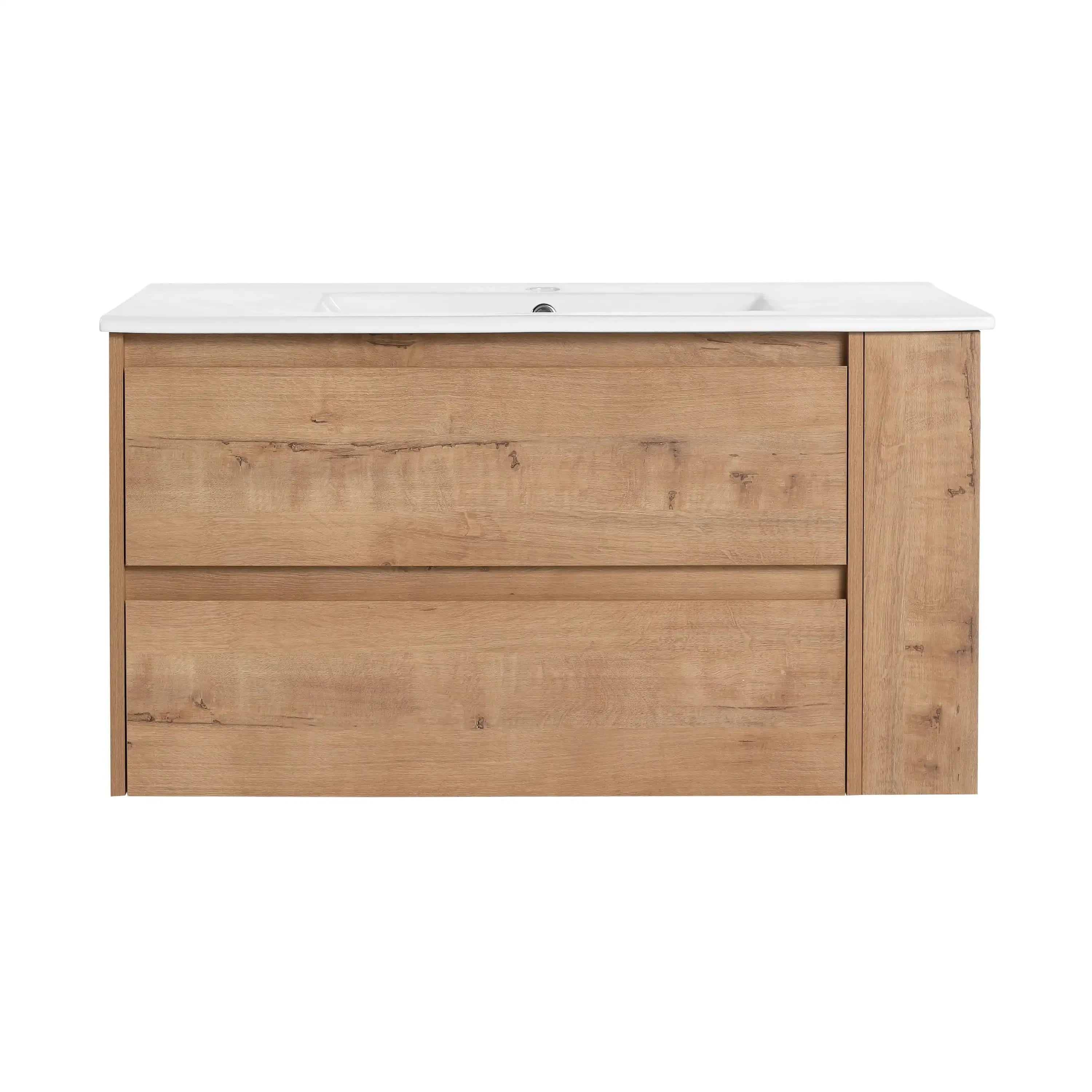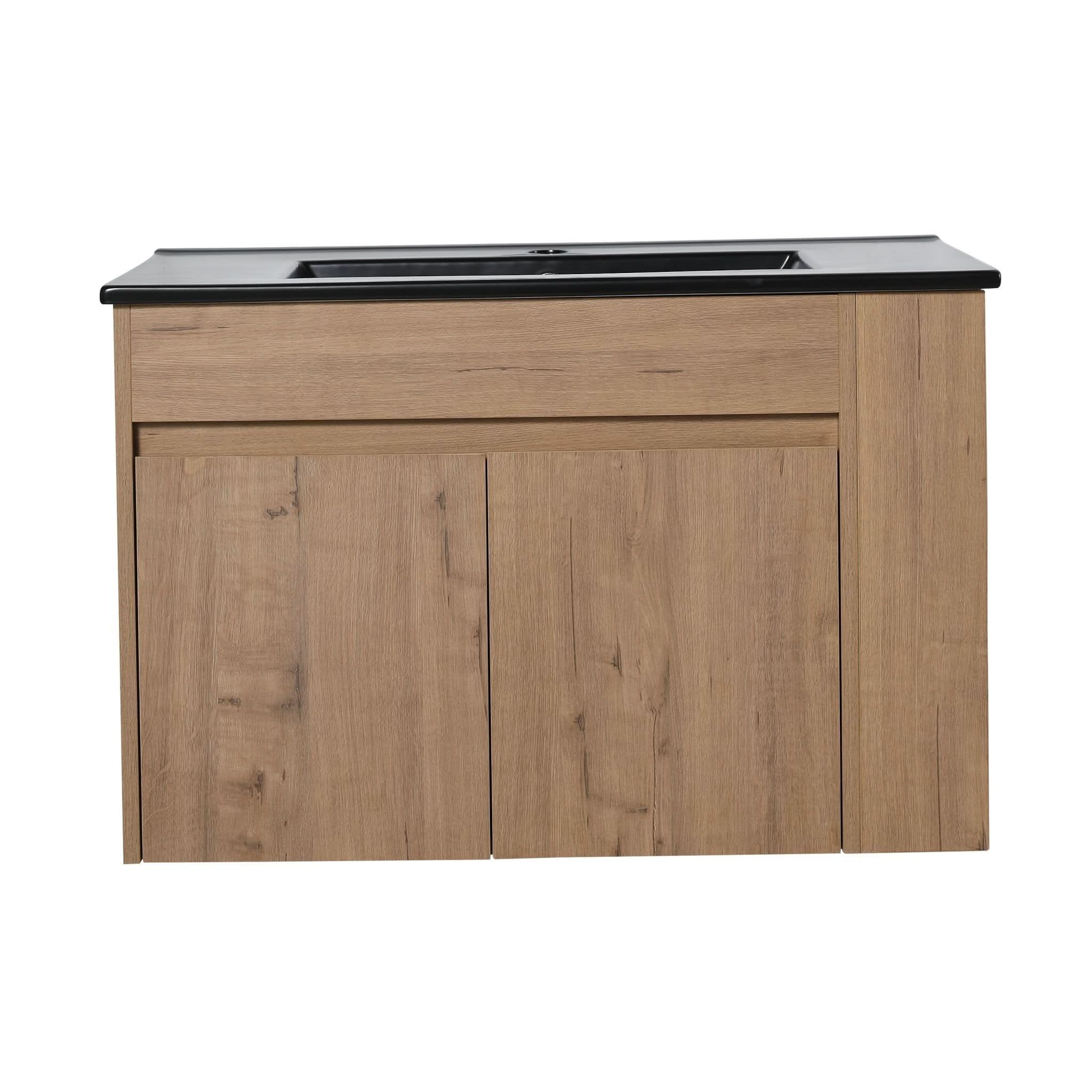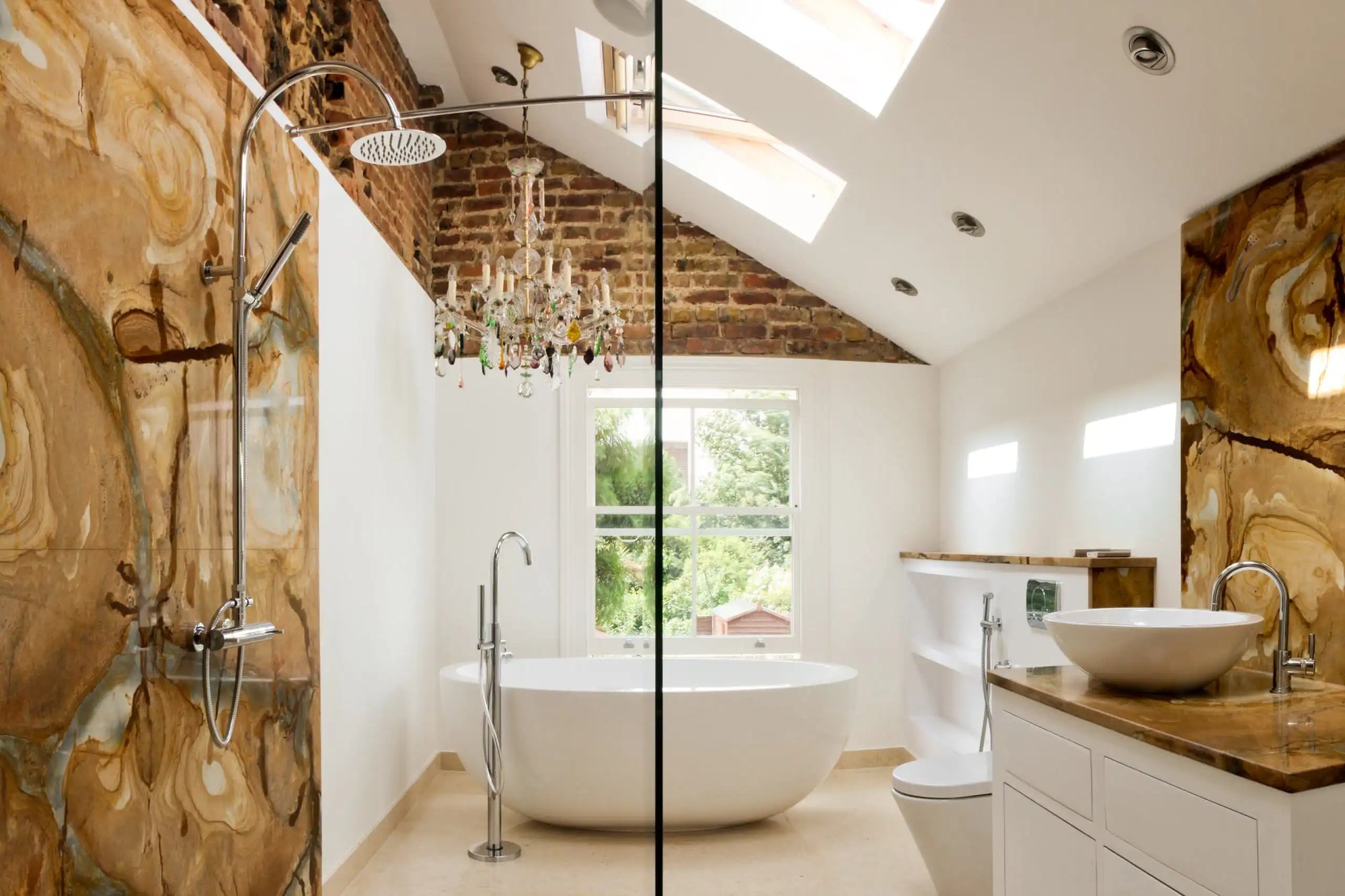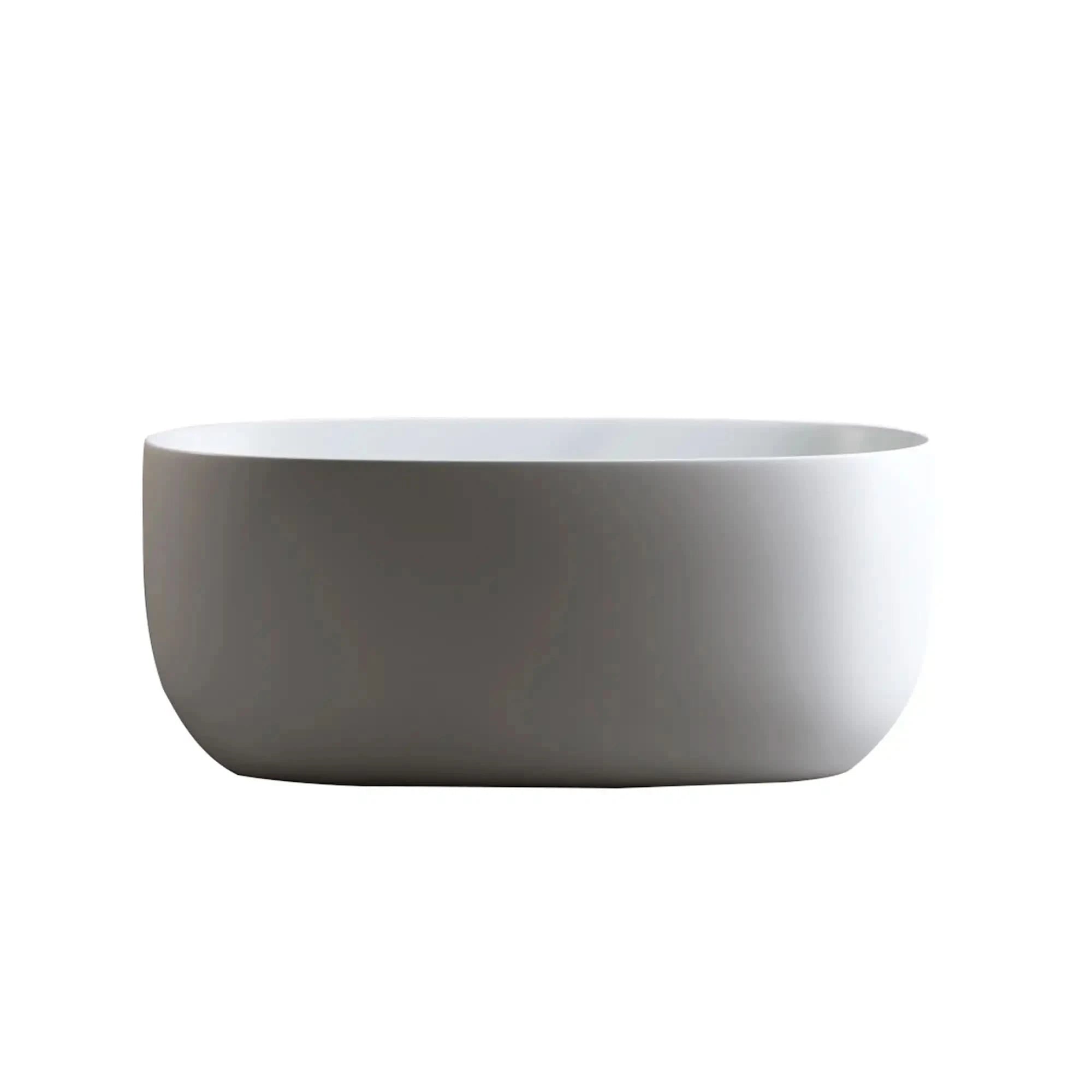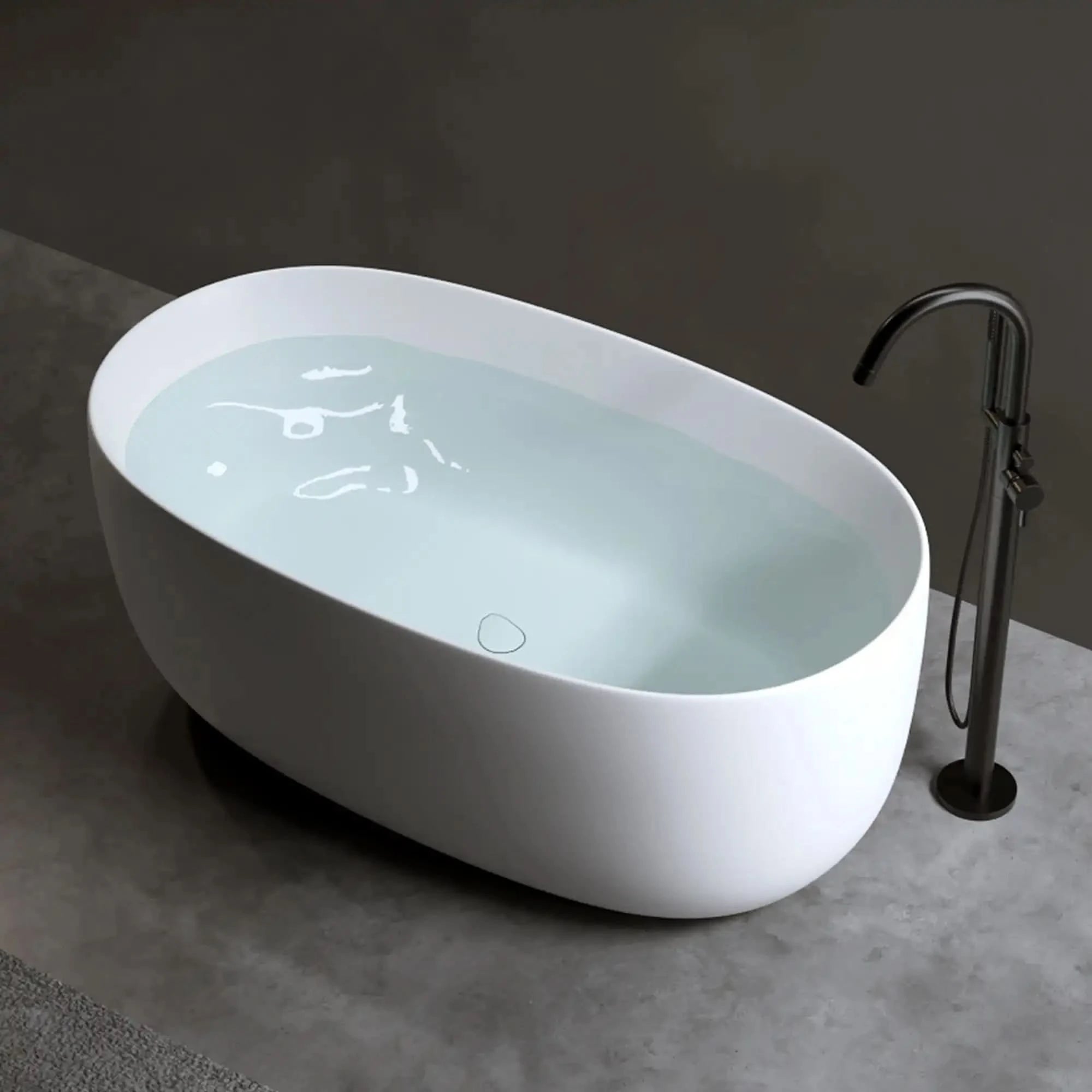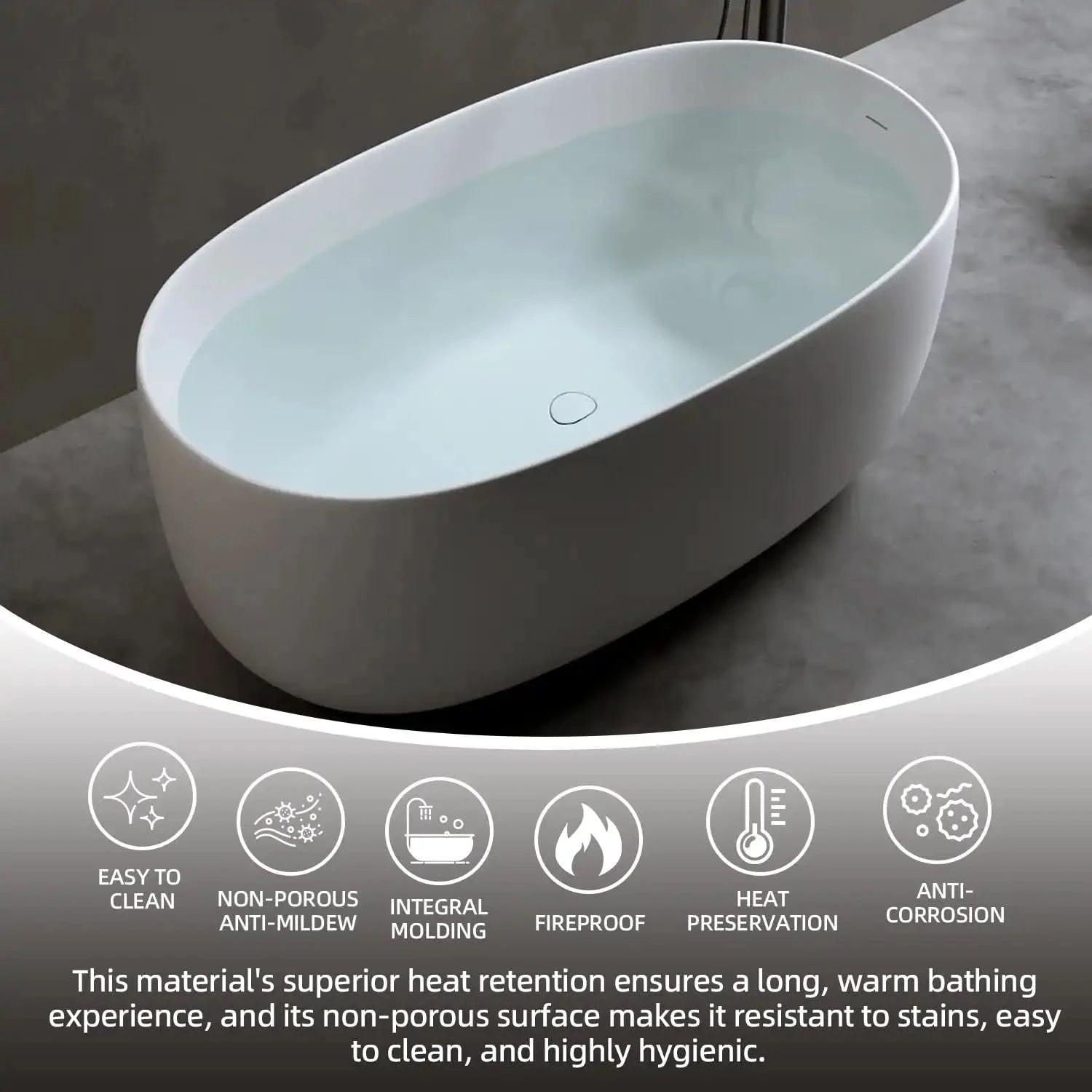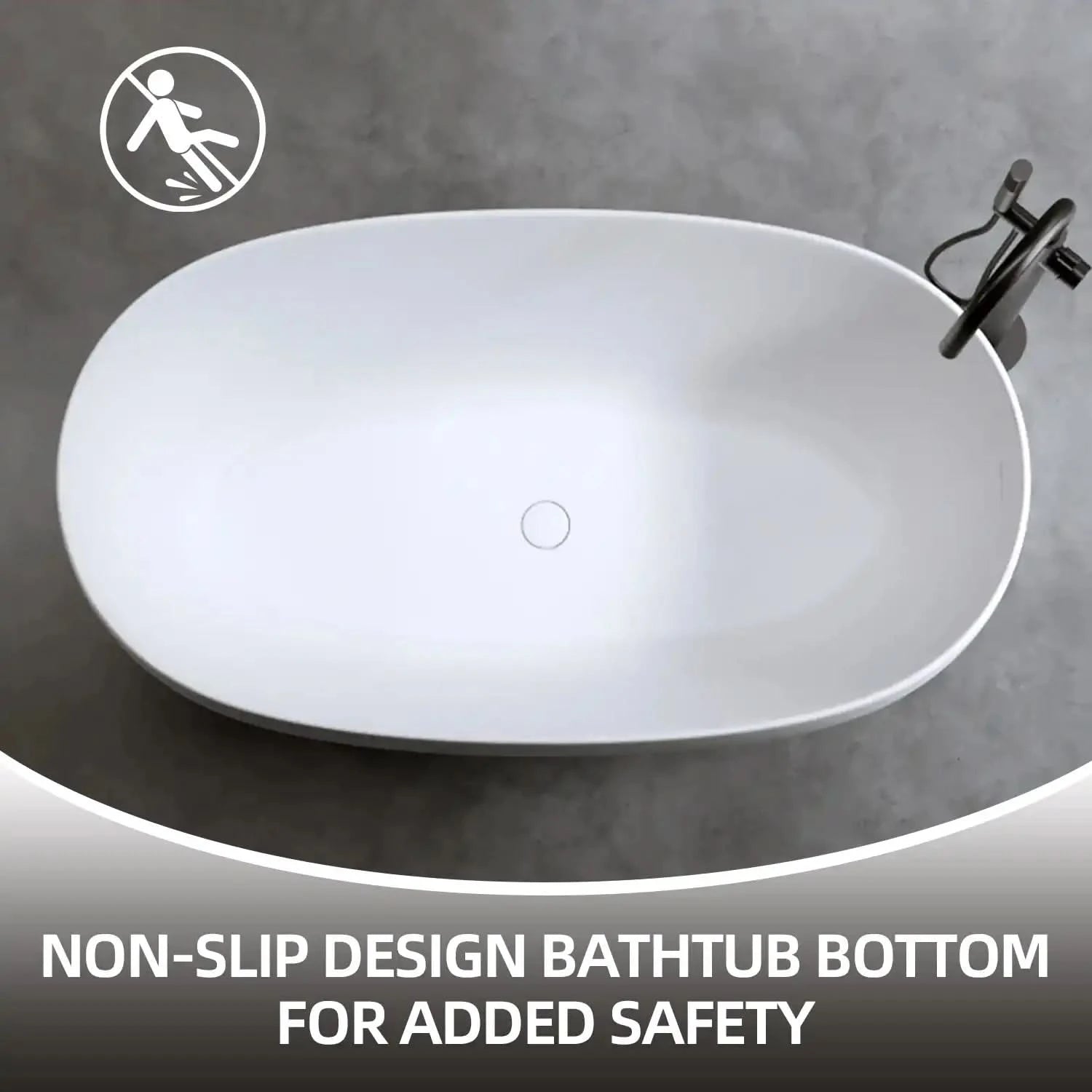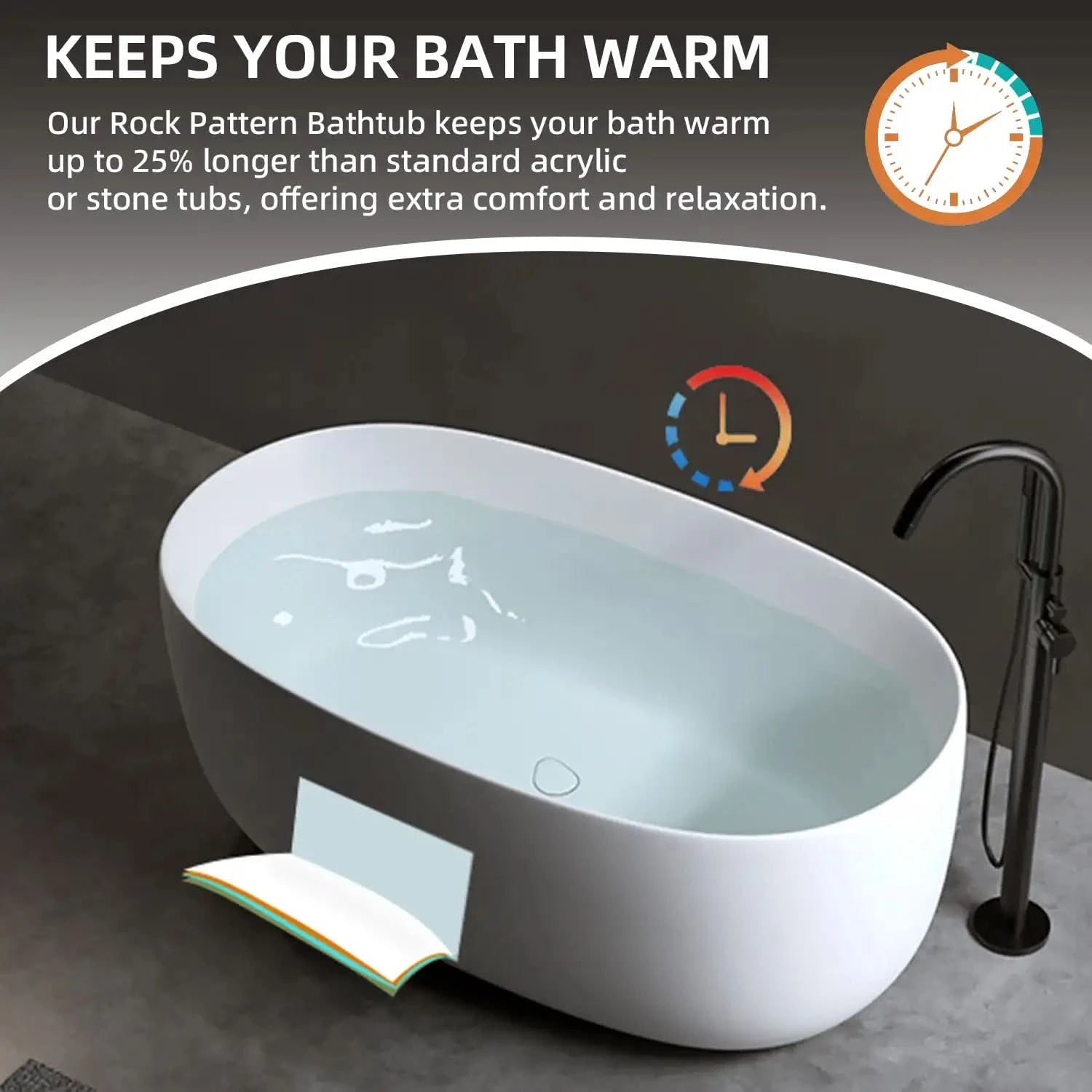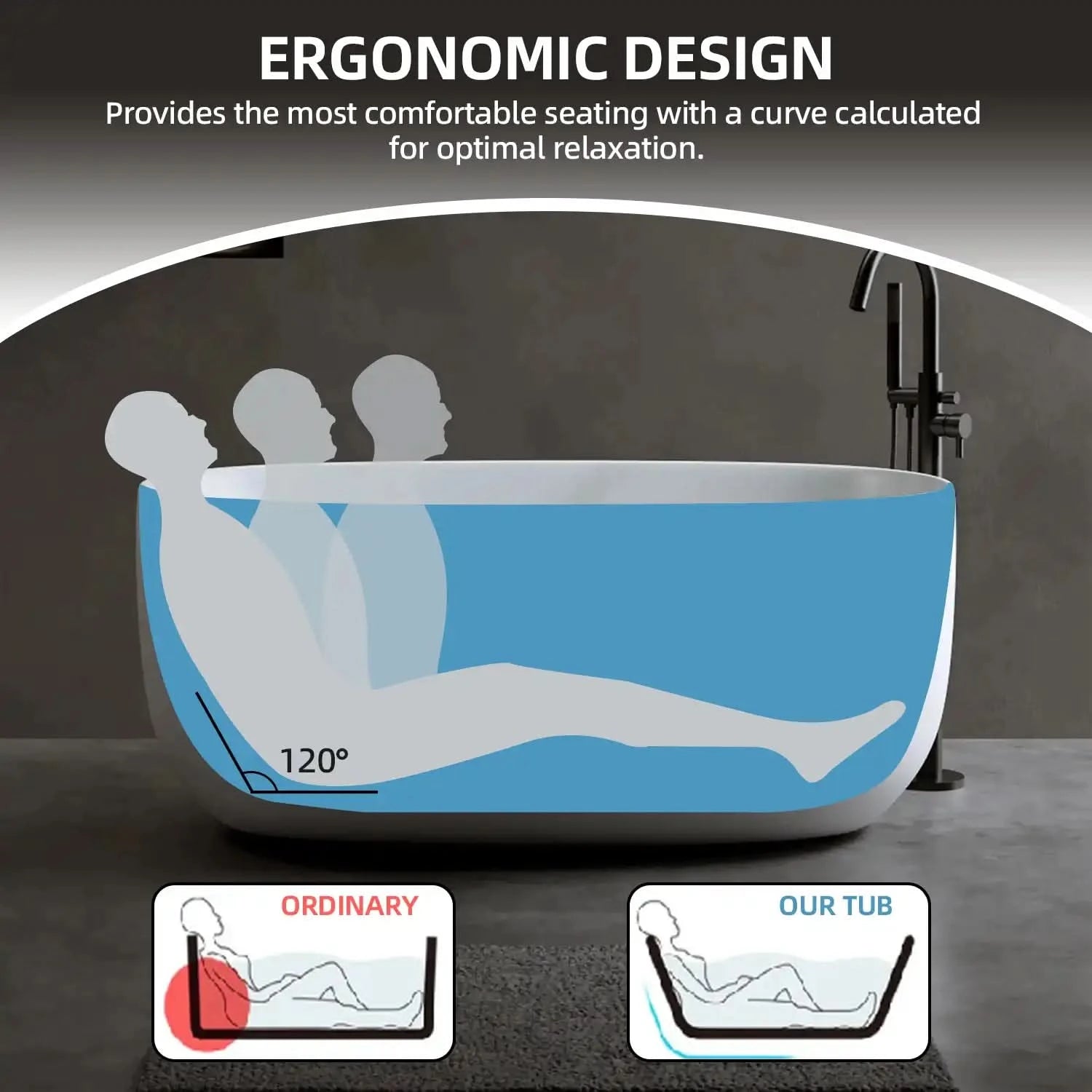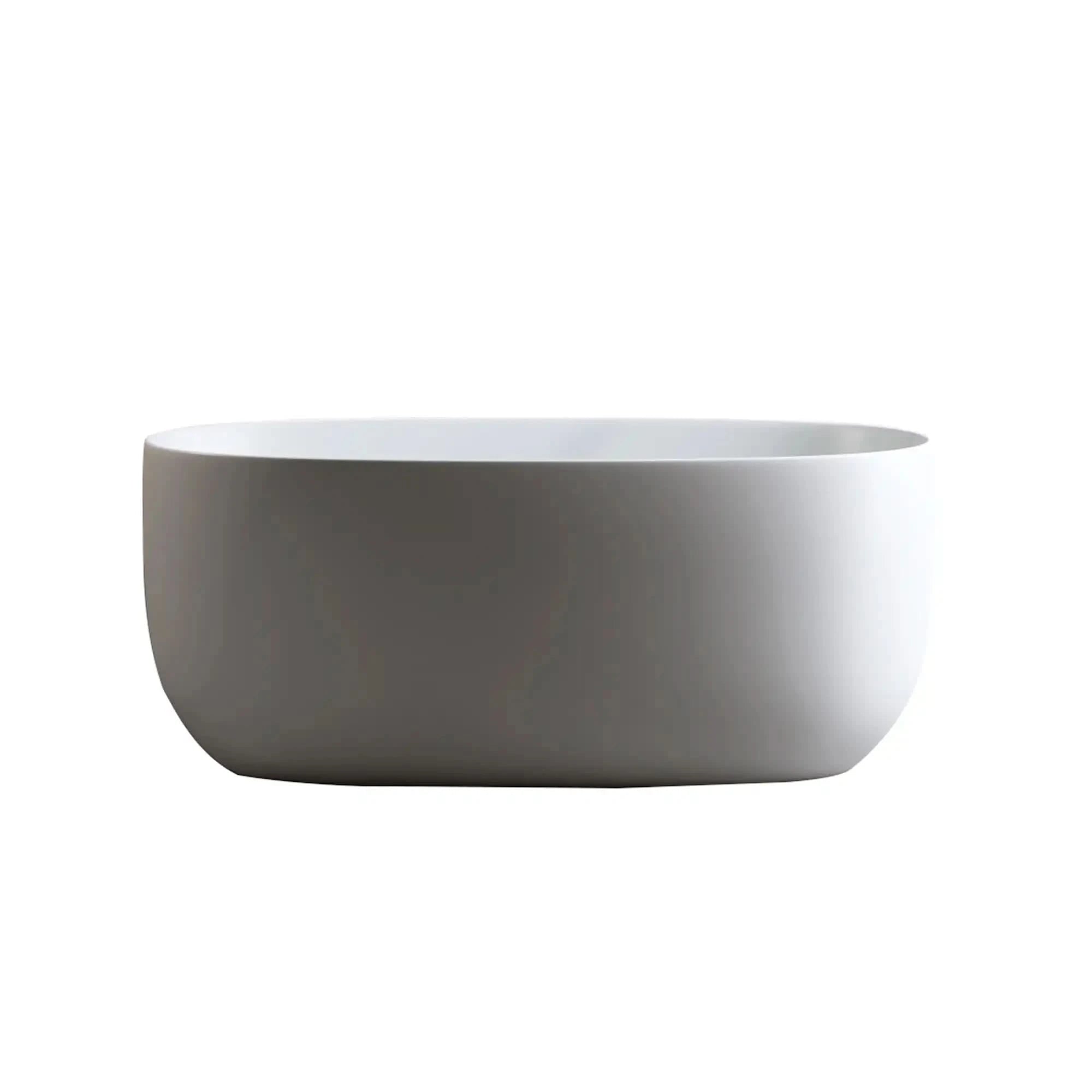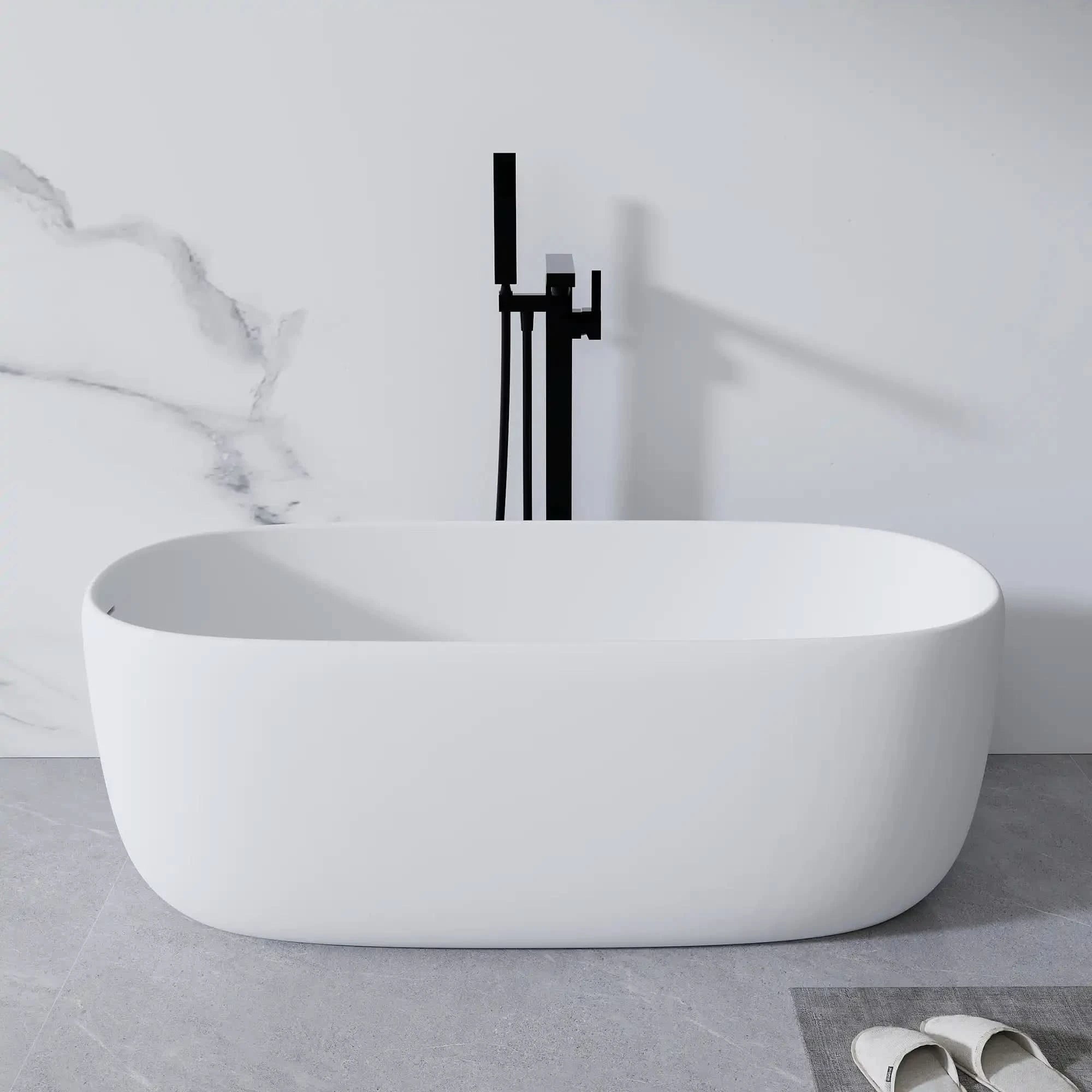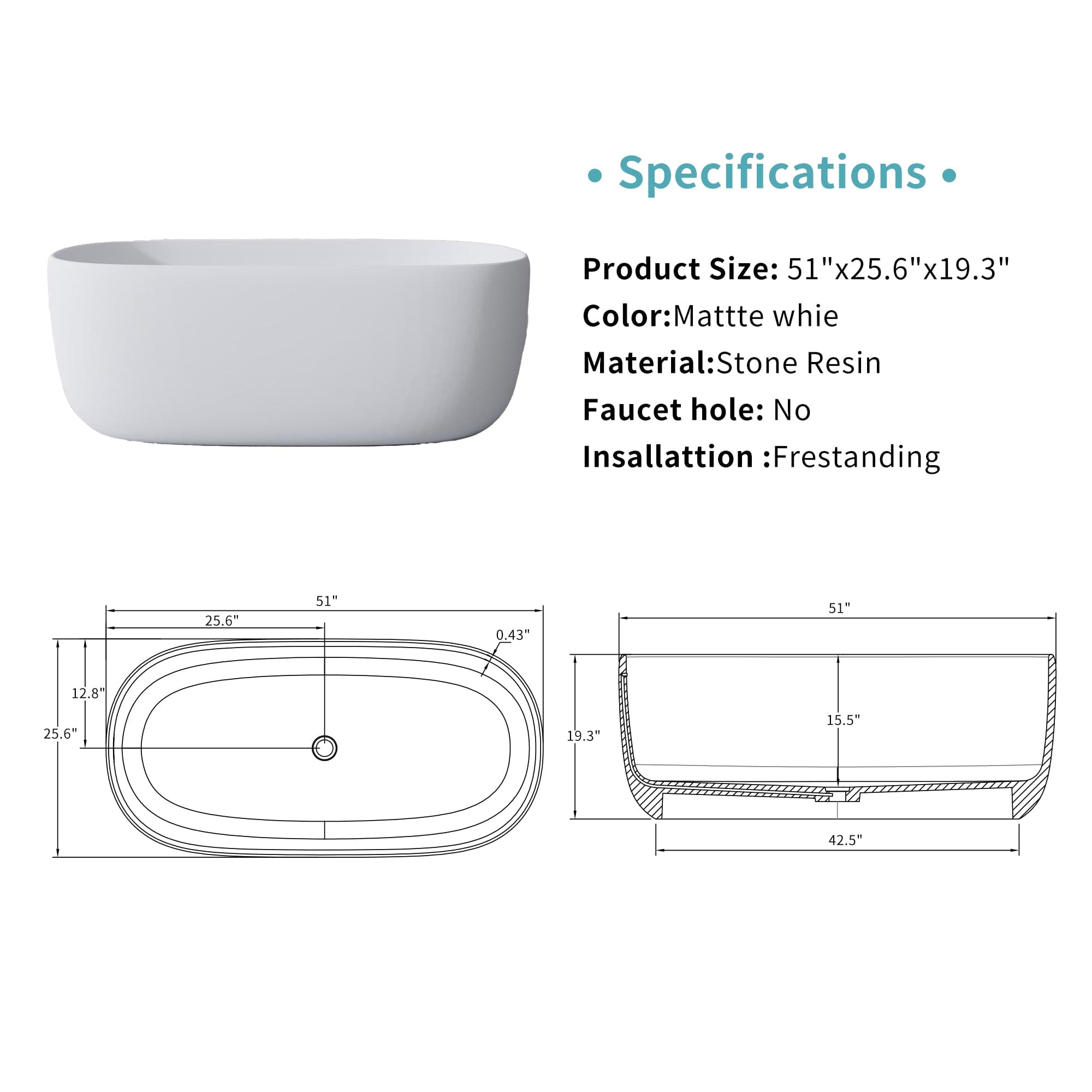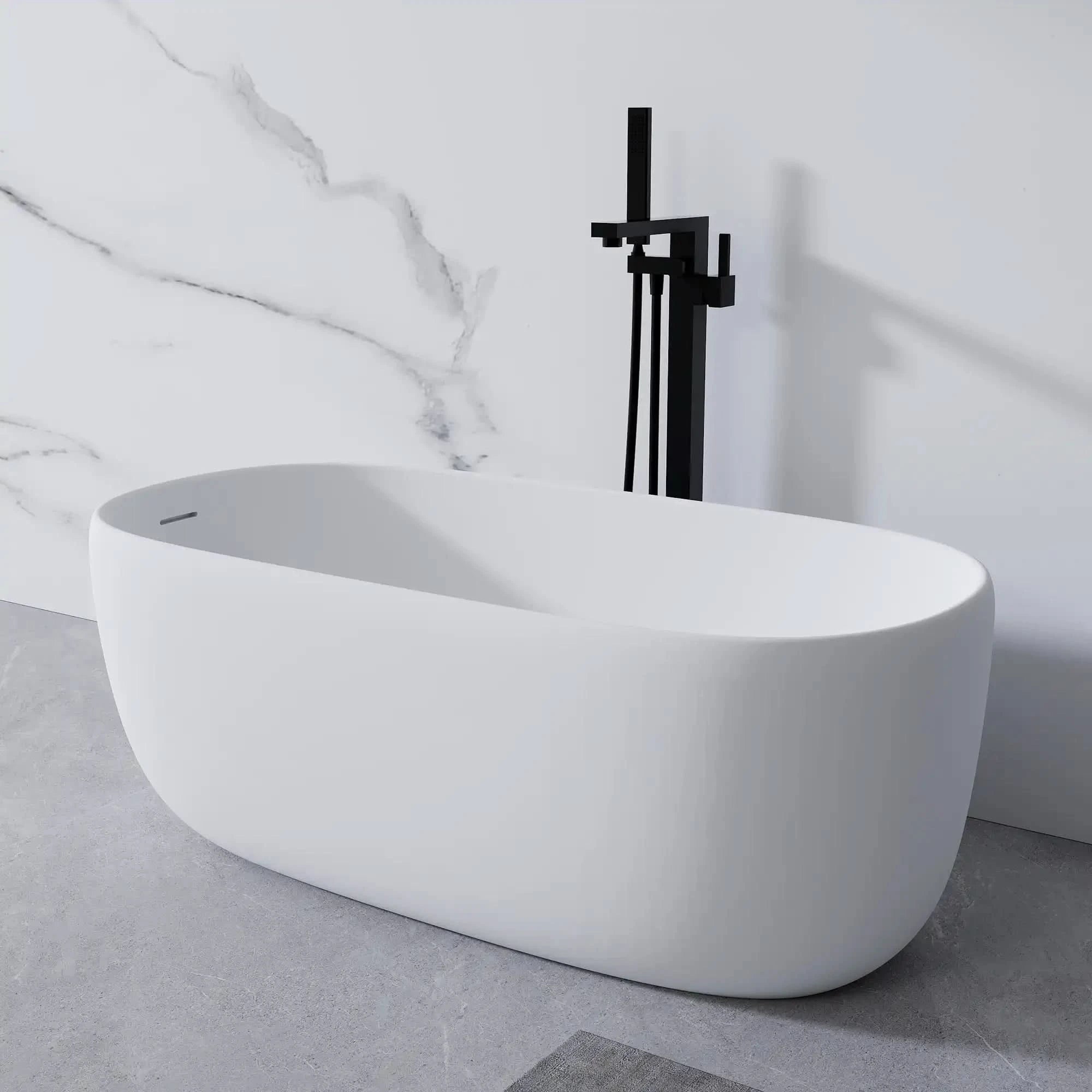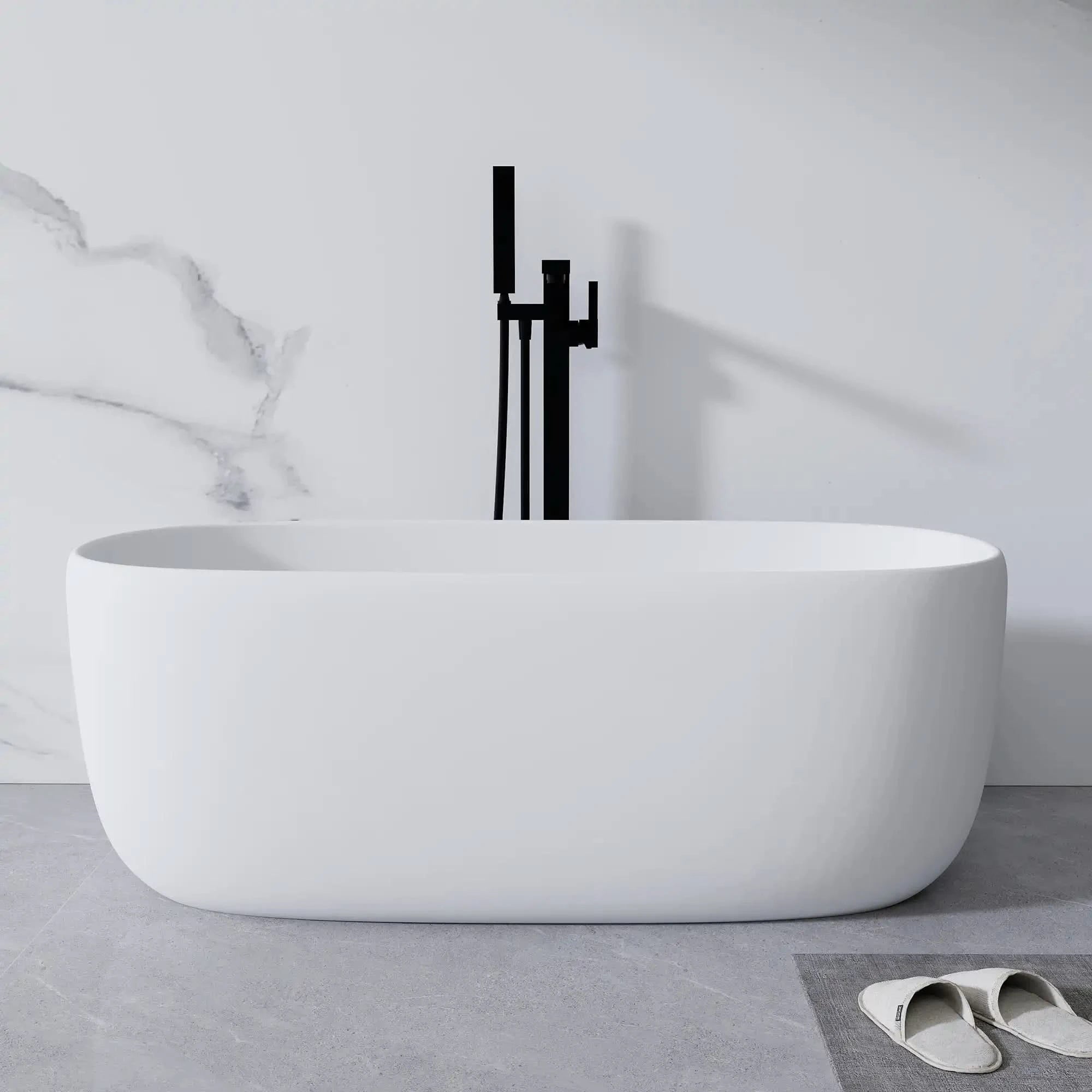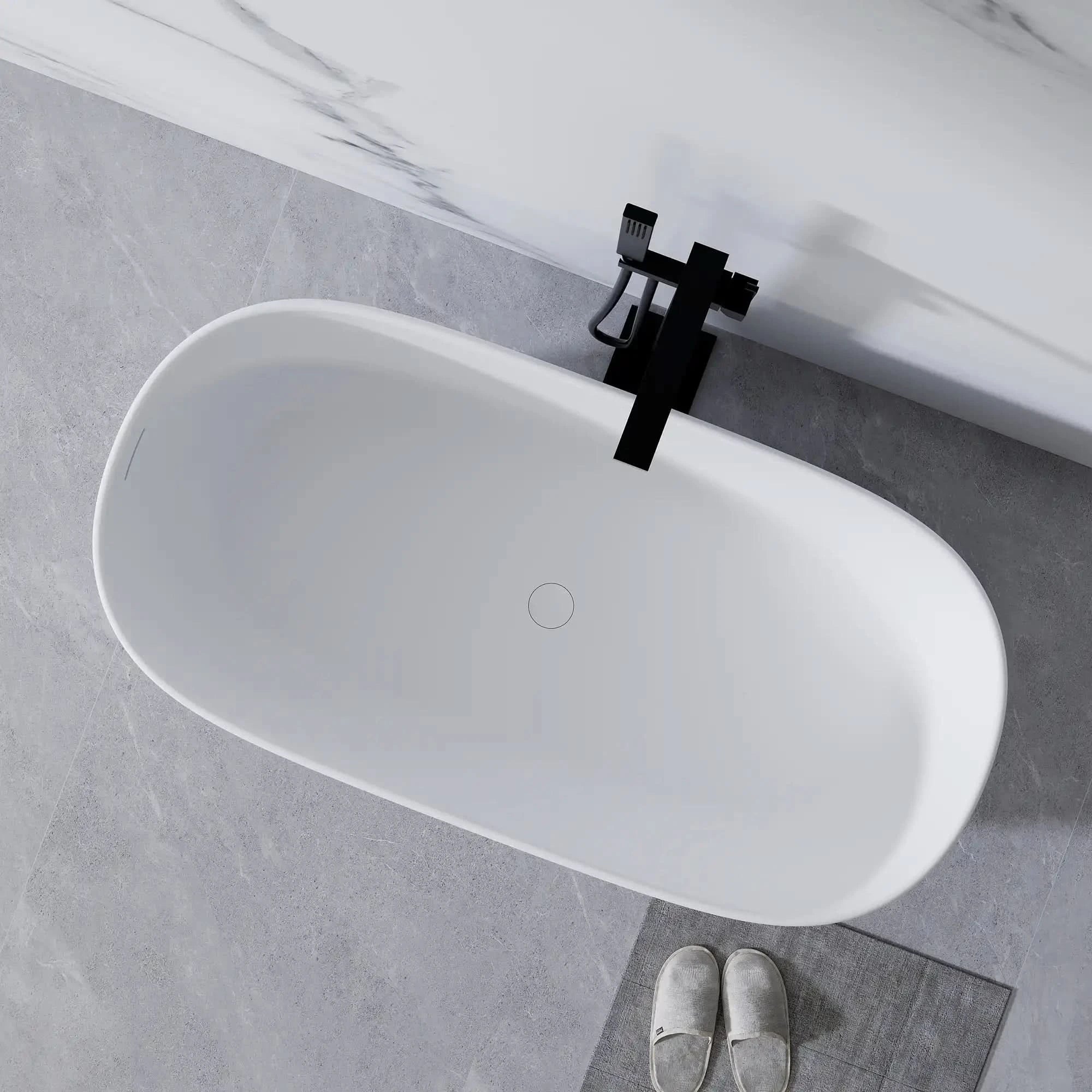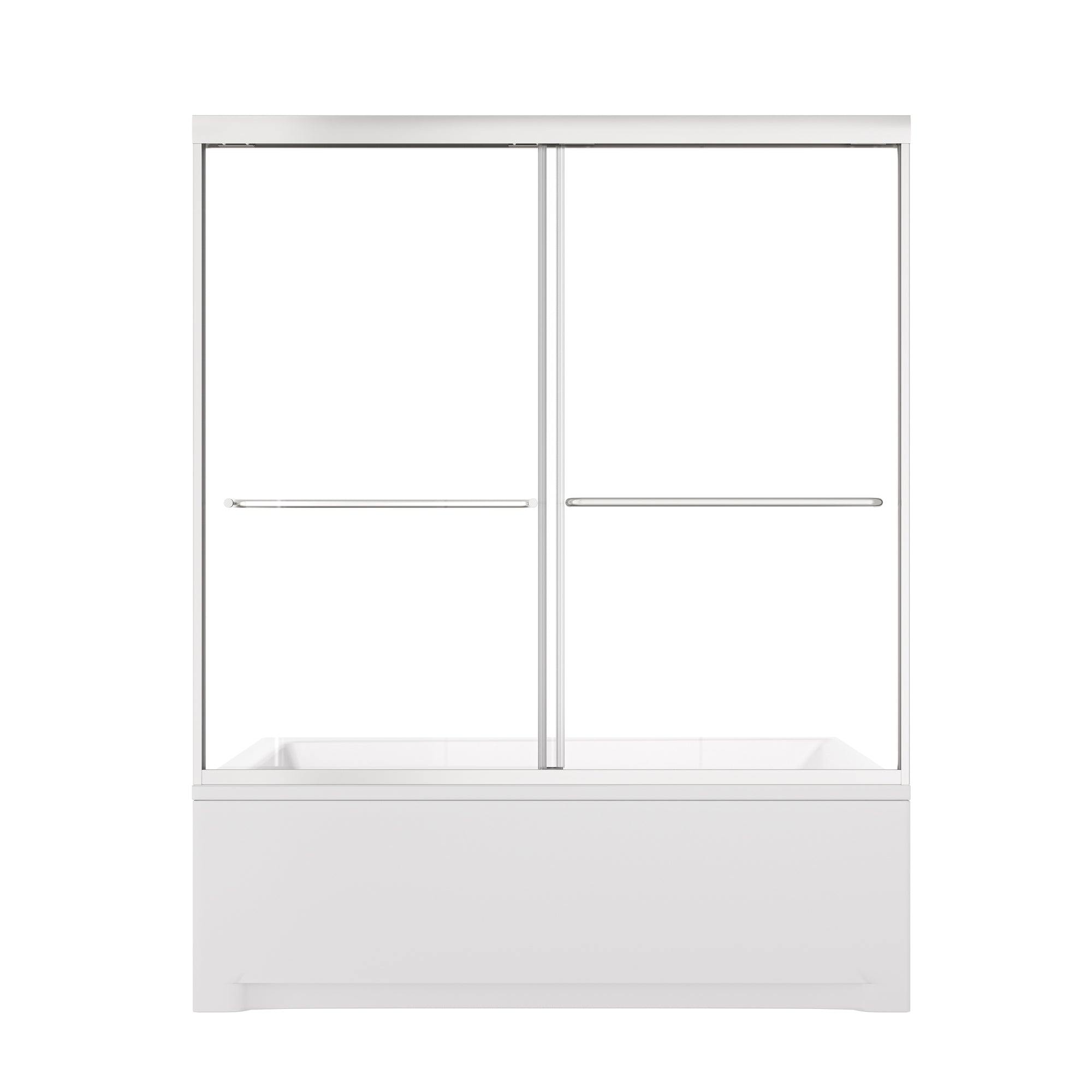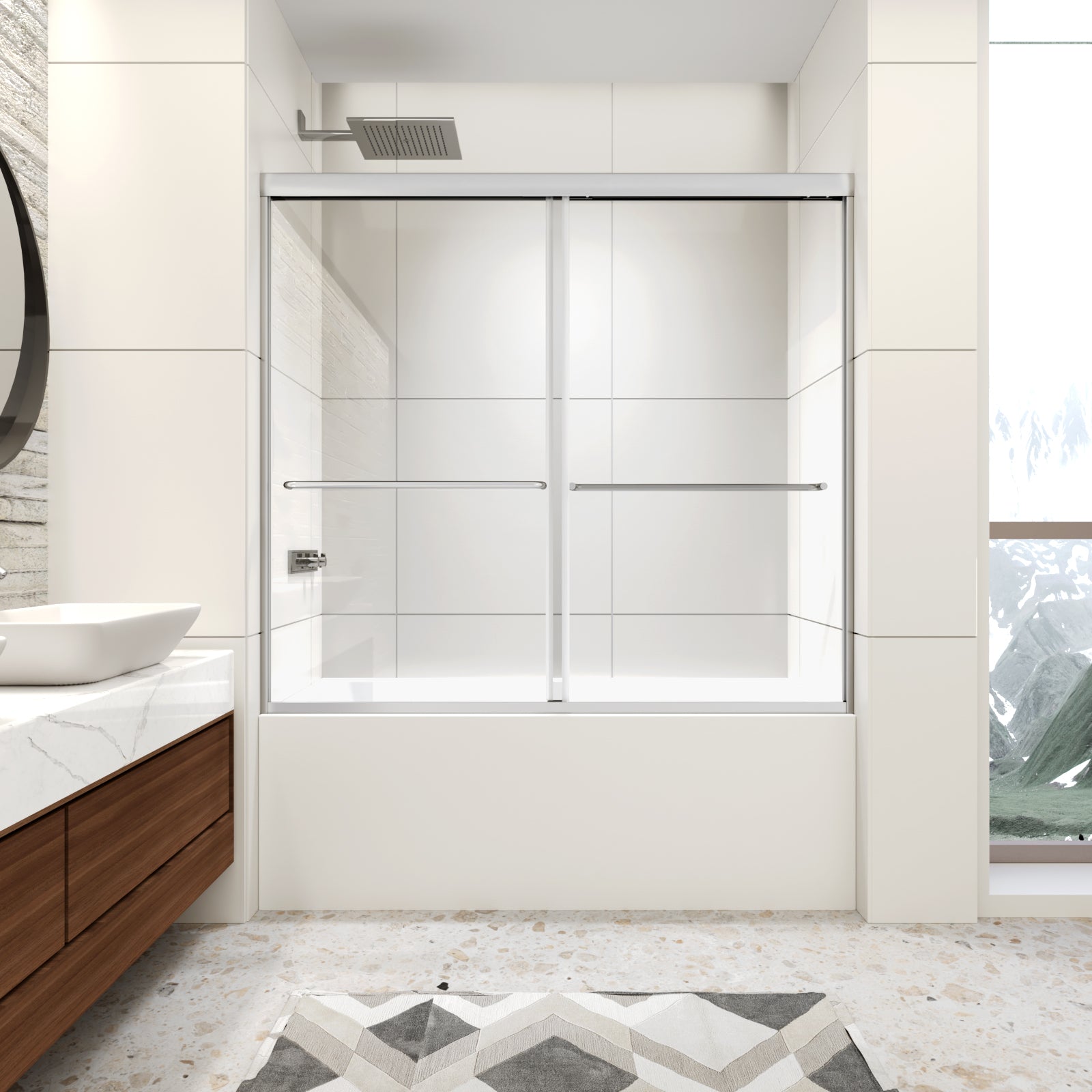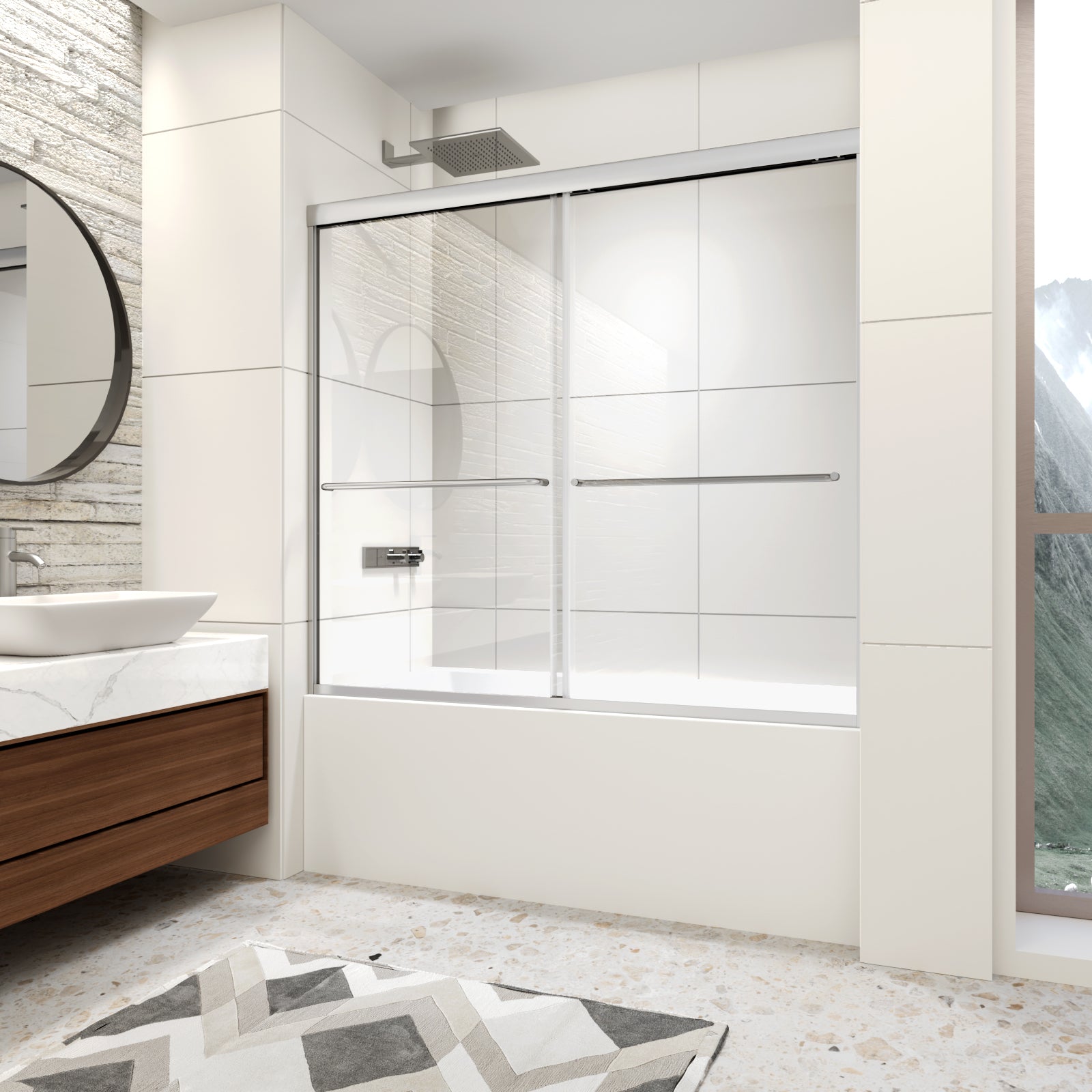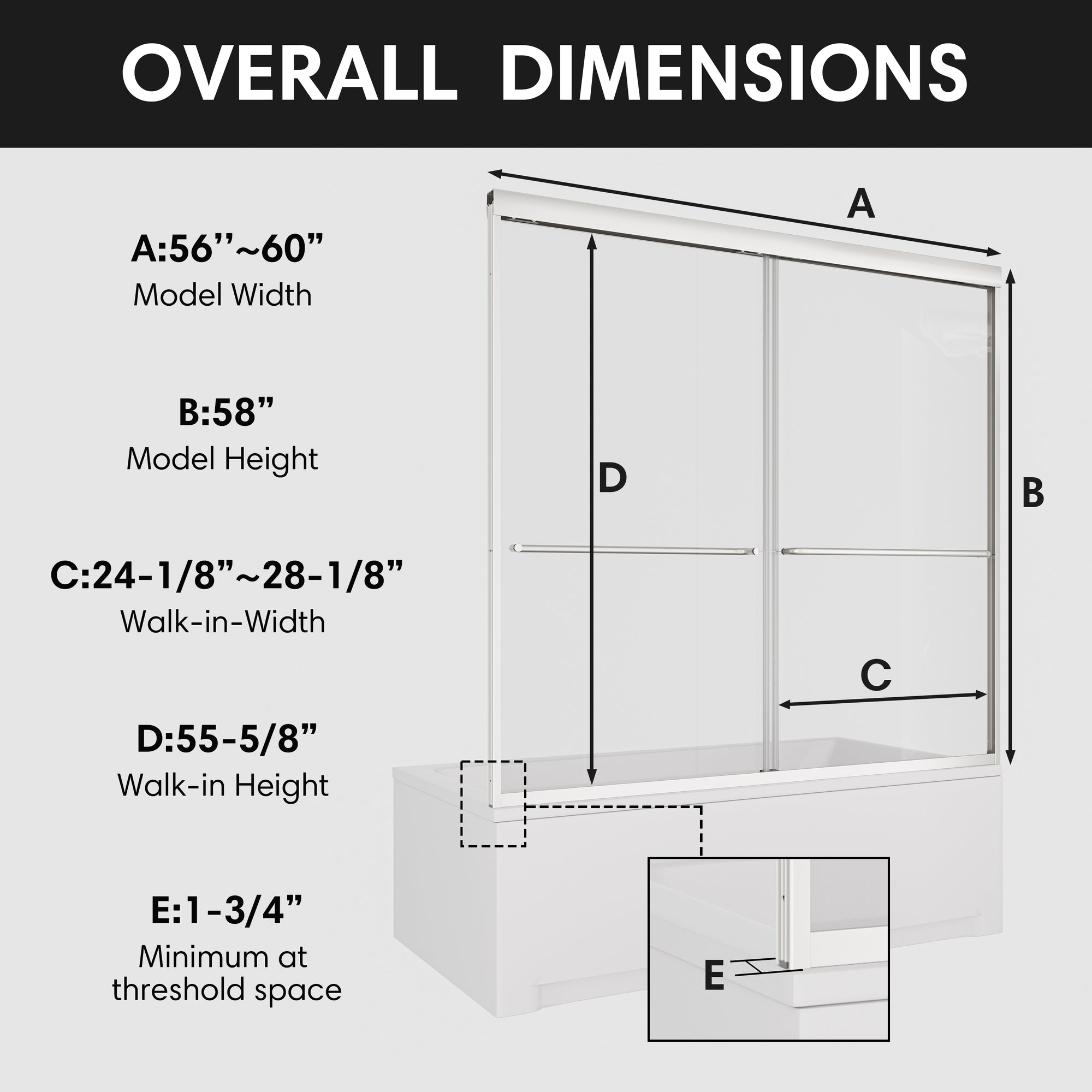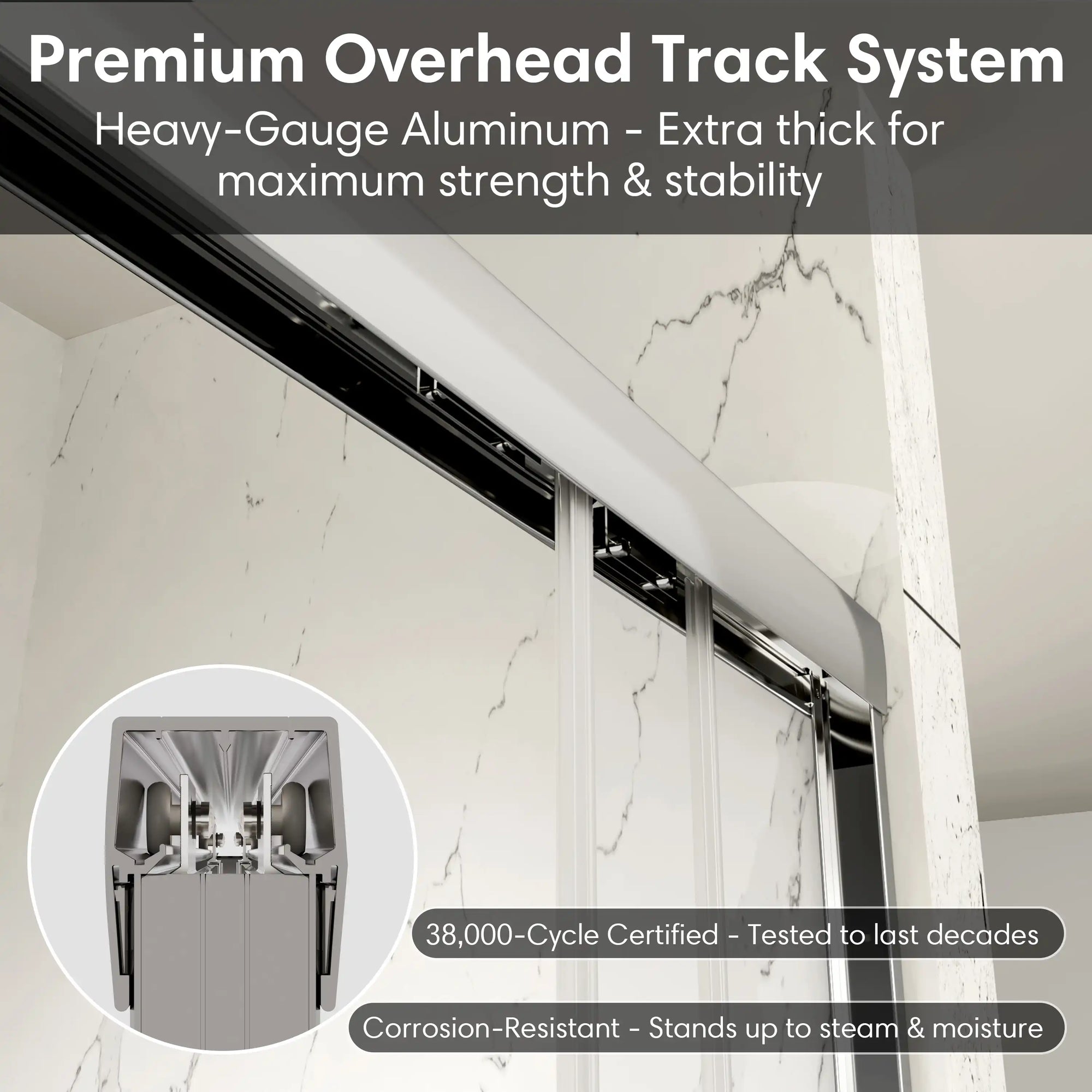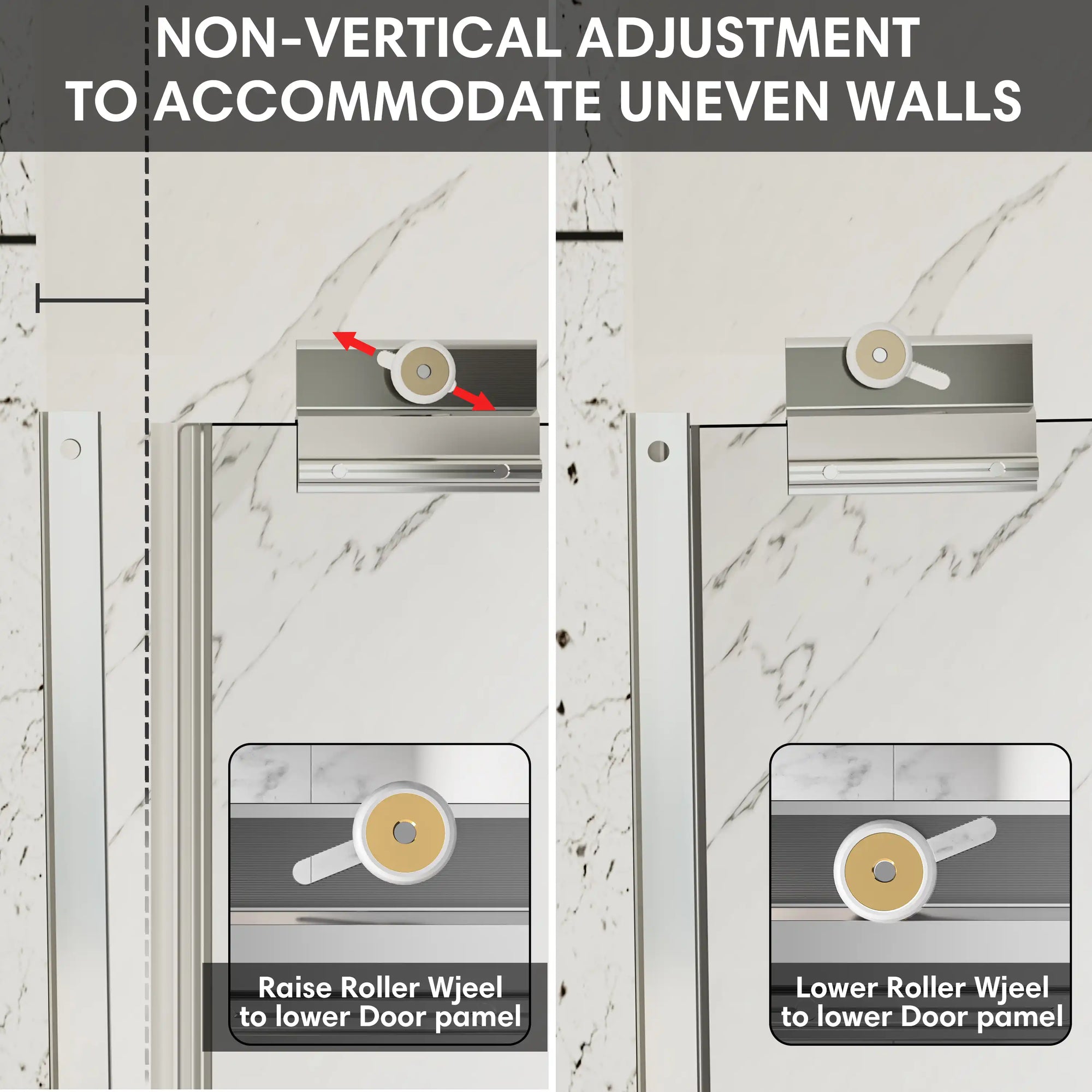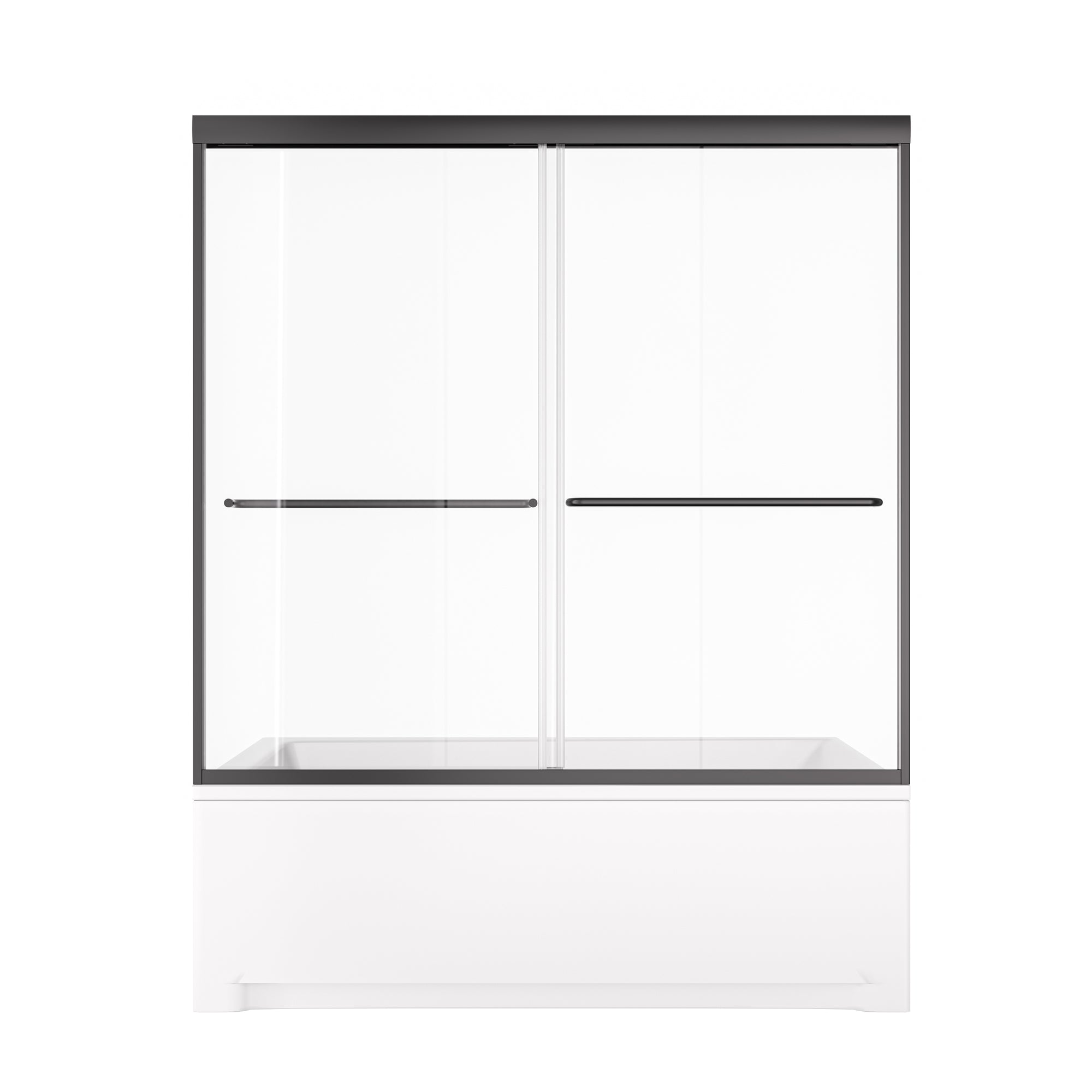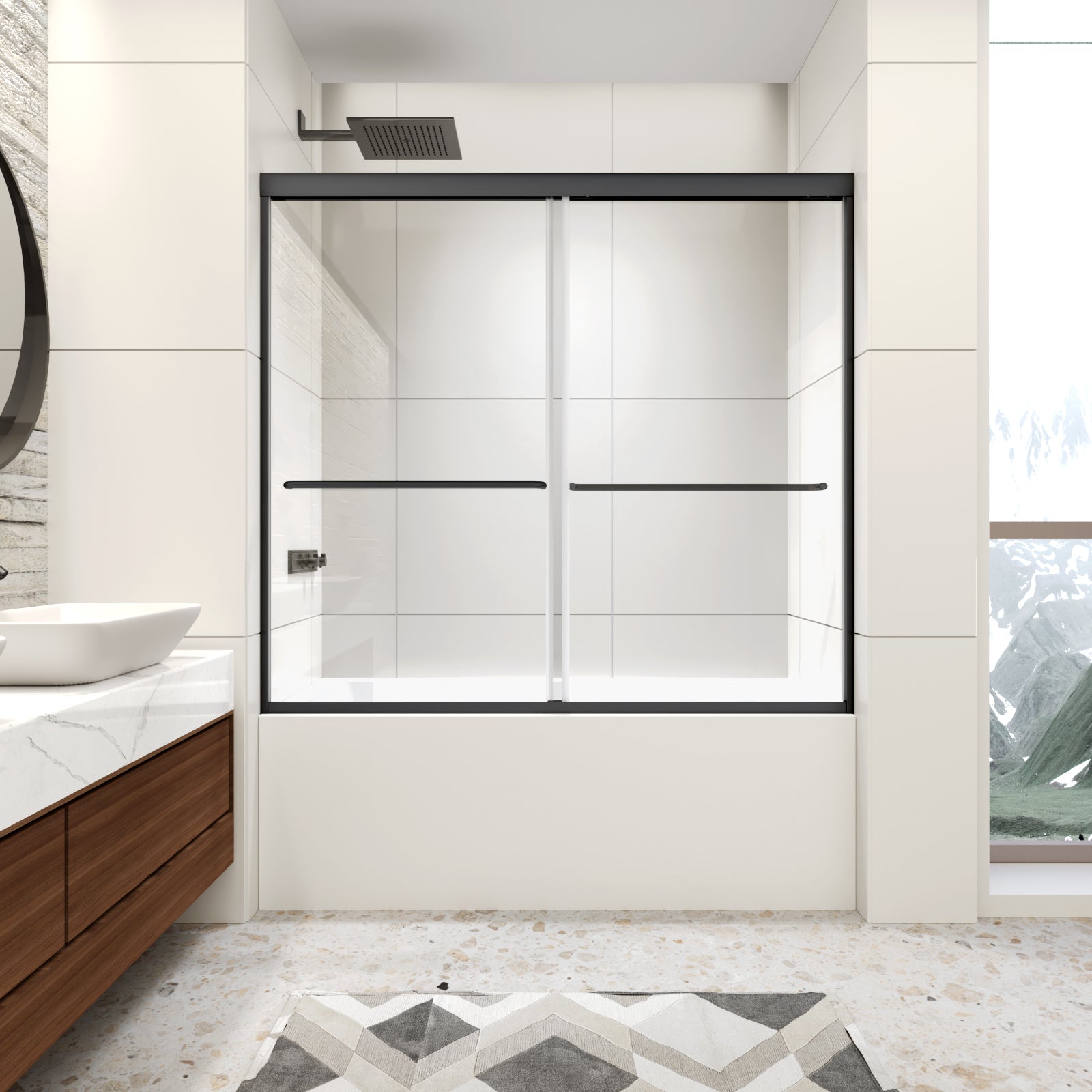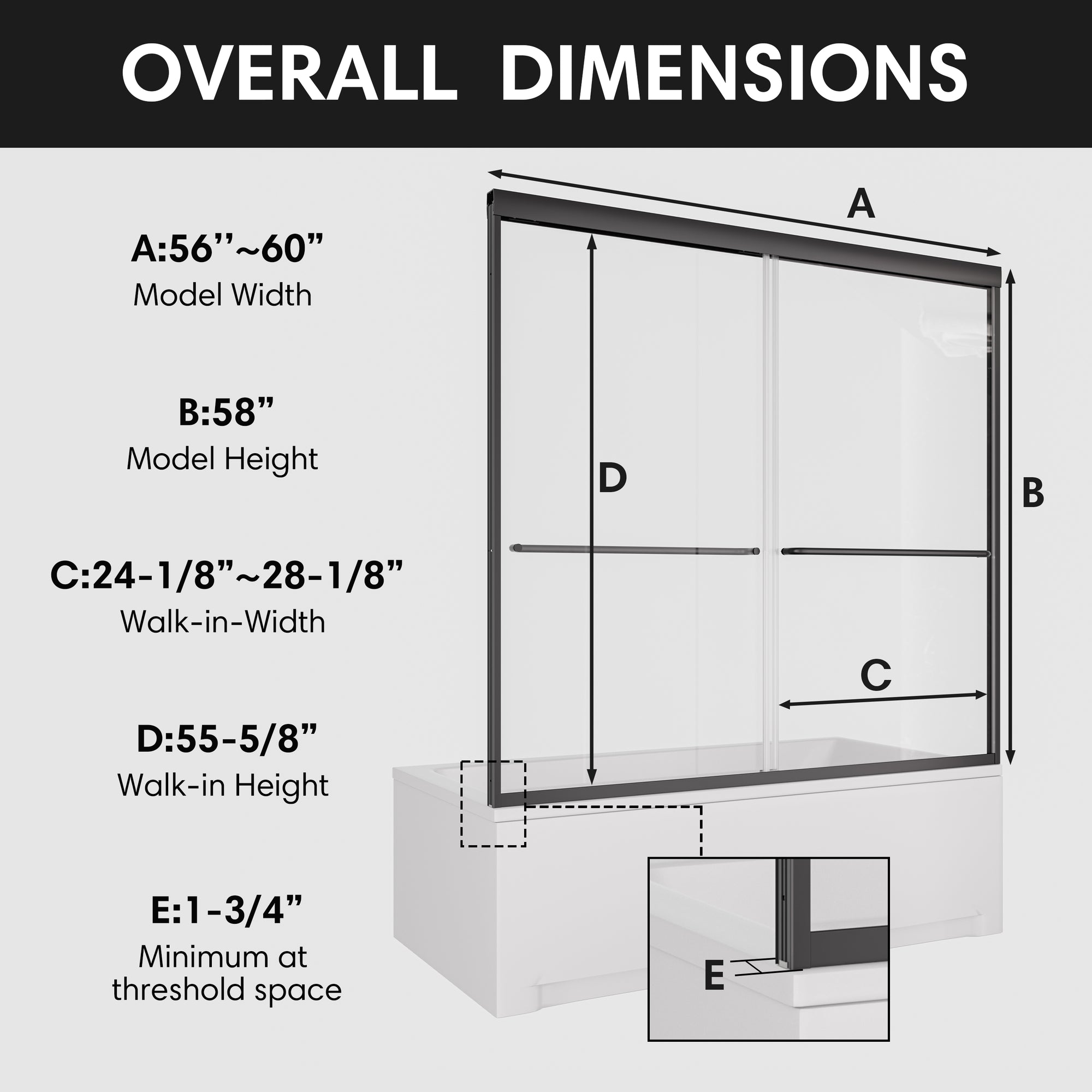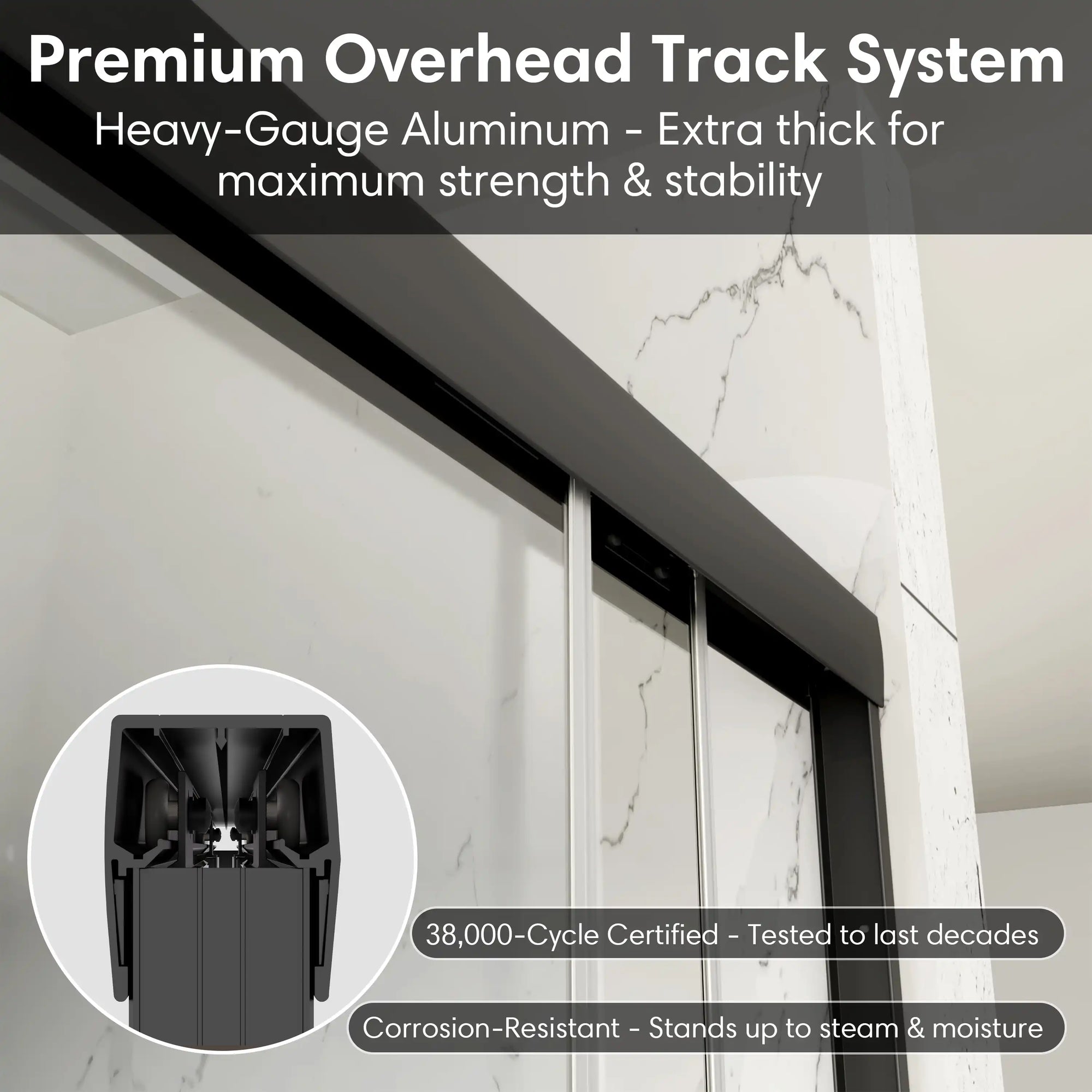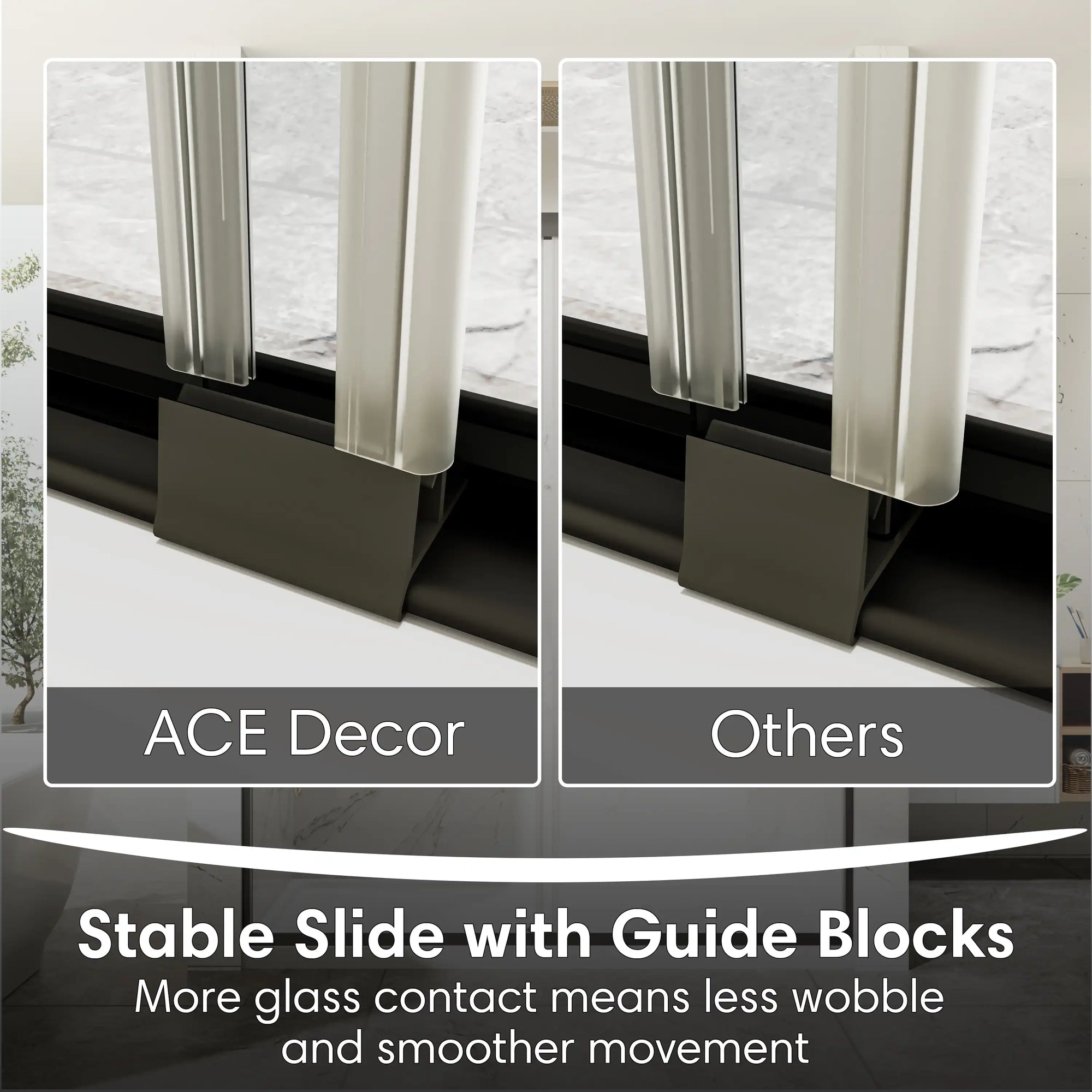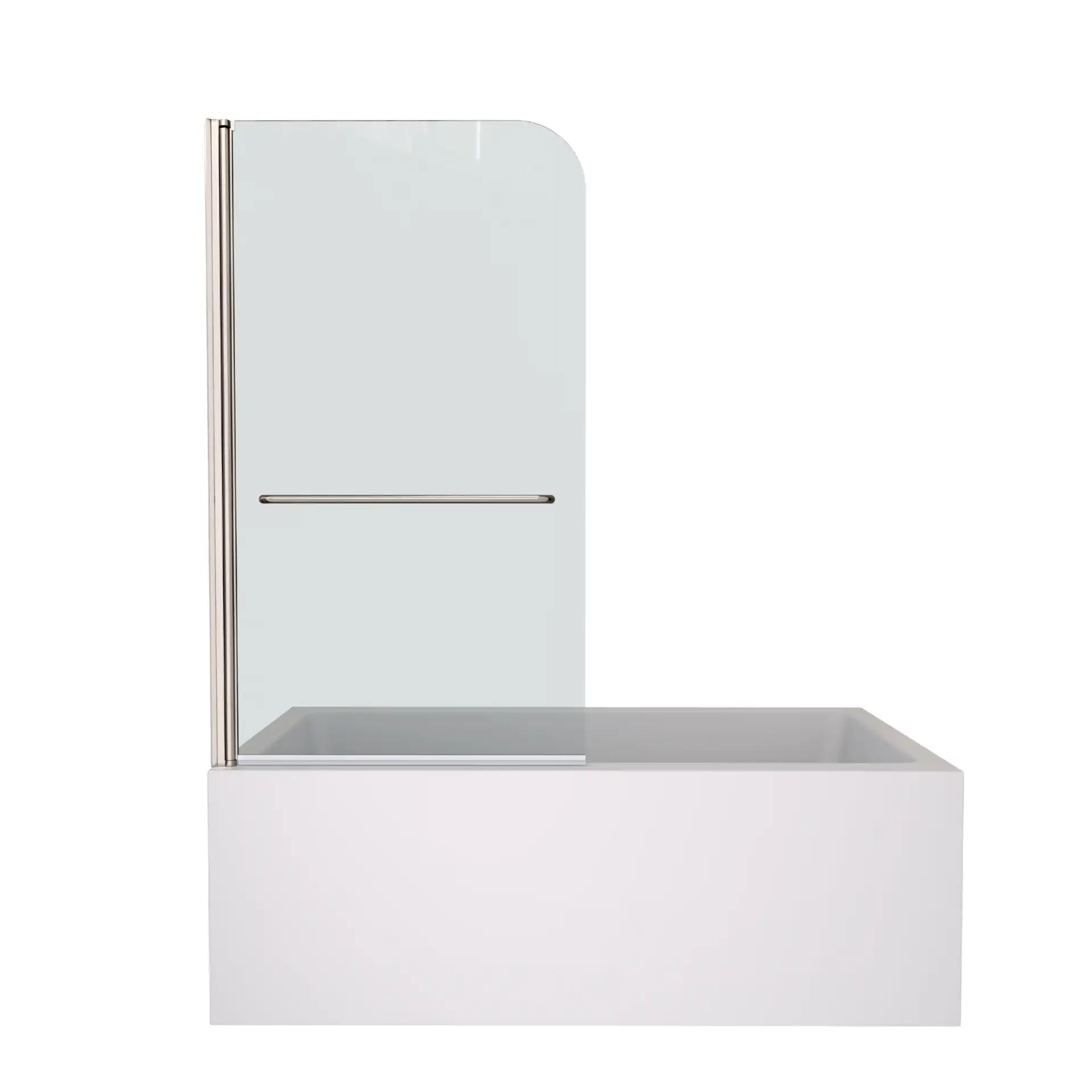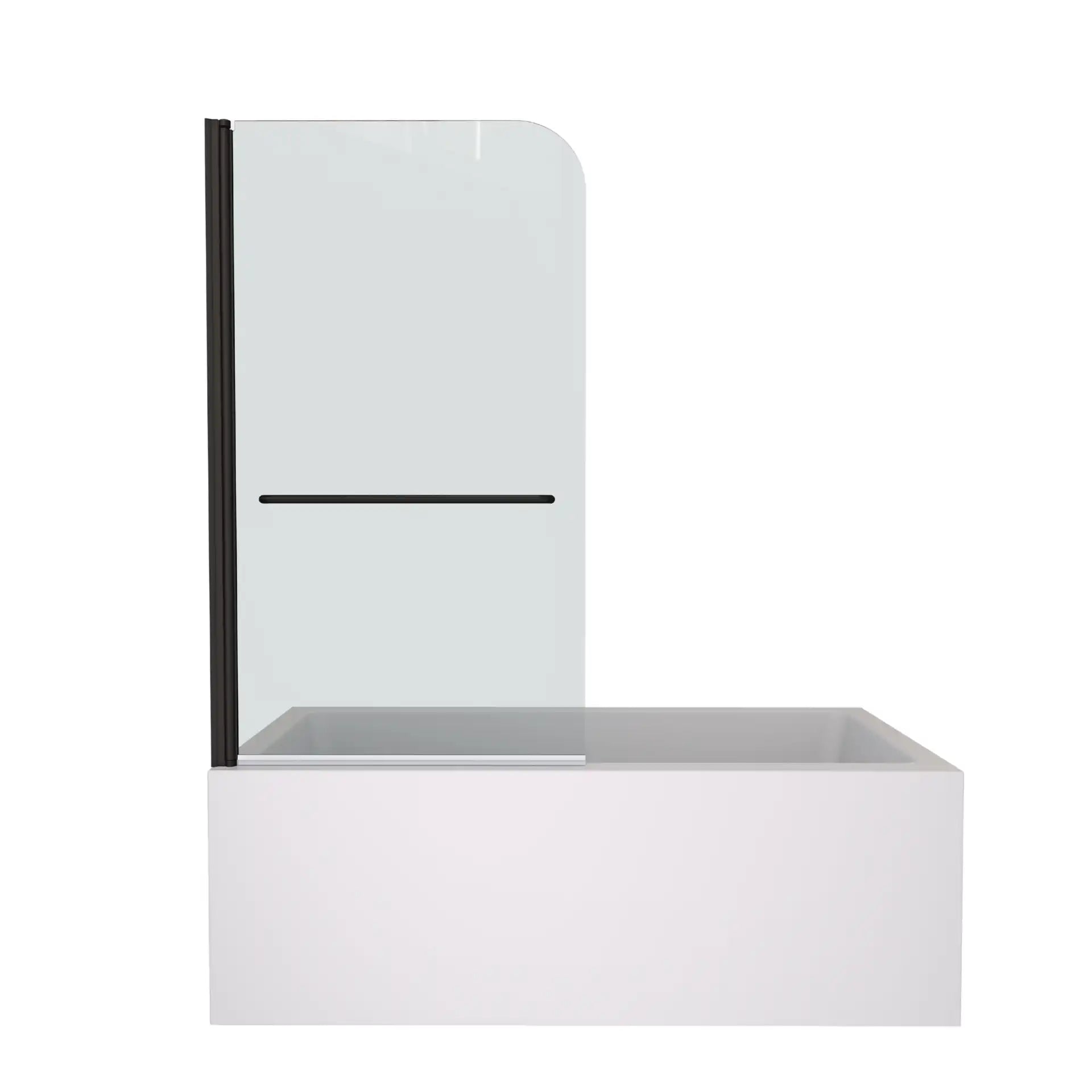Introduction
When you check in to a luxury hotel, does bathroom design spring immediately to mind? You might not even know this, but it is these berries, the question of details, that mostly decide if you come back or not. In this fierce competition, innovation in hotel bathroom facilities, especially the introduction of the japanese bathtub, is gradually becoming the real key to win customers' favor.
The japanese bathtub is also this great combination of a soaking tub with the comfort of Japanese culture with some serenity and healing. In this experience, for many high-end consumers pursuing luxury and healthy, it is really just a unique "luxury enjoyment", akin the traditional bathtub way of use than much more.
As a hotelier, are you witnessing this trend? Japanese Bathtub has been adopted by many luxurious hotels not just as a bathing place, but as a holistic experience to let each guest feel special care to the body and mind. Today we are going to explore the idea of how japanese bathtub can turn your own hotel guest experience and word of mouth into your market secret weapon!

1.The charm of the japanese bathtub: Why do high-end hotels favor it?
Japanese-style bathtubs - not just for bathing, but for experiencing
The japanese bathtub naturally started to be seen in high-level hotel bathrooms with its unique design and appropriateness. This bath is literally half blind yet ergonomically perfect in terms of depth and height, enabling guests to totally immerse themselves in the bath as well as well as physical and mental relaxation. Compared to the conventional shallow, long bathtub, the japanese tub gives one a feeling of touching the "teahouse" hot spring space, the bathroom is no longer a simple bathing place, but a "healing" experience.
What do you do to set your hotel apart?
In the fierce competition in the hotel market, with the endless pursuit of high-end demand, heat the design of the private bathtub, became a bright spot that let the hotel in the project of various hotels stand out from the crowd. The new japanese bathtub in the room — especially in a luxury hotel or luxury resort — continues a unique stay experience that is at the intersection innovation meets culture.
Unique needs of high-end customers
Modern high-end customers not only pursue comfortable accommodation, but also desire physical and mental relaxation and healthy lifestyle. More and more consumers tend to choose hotels that offer an "immersive experience" - from the room to the bathroom, from the bed to the bathtub, the details determine their final choice. The deep water and immersion design of the japanese bathtub is perfect for this need.

2.Japanese bathtub improves several aspects of customer experience
Create an immersive relaxing experience
While a traditional bathtub is mostly a "tool to use," the japanese bathtub is a cultural expression that gives deeper meaning to the experience of "relaxing." Bathing is not only about cleaning the body, but also about relieving stress, improving sleep and promoting physical and mental health through relaxation. Many consumers are beginning to realize that a comfortable bath has far more profound benefits than a good dinner at a hotel. The japanese bathtub is at the heart of this "bathing" experience.
Enhance visual appeal and make guests linger
The hotel's bathroom design, especially the japanese bathtub, can significantly enhance the visual appeal of the bathroom. Whether it's the sleek wooden bathtub or the unique ceramic design, it can be a highlight for guests to take photos, share and punch in on social media. In particular, on Instagram, Pinterest and other platforms, guests are willing to share their "immersive" bathing experience, which virtually brings word of mouth and more potential customers for the hotel.
Increase brand value and customer loyalty
For repeat customers and high-end customers, the japanese bathtub is not only a comfort facility, but also a symbol of culture and health. Through such detailed design, the hotel is able to create a unique brand image and attract more consumers willing to pay for this special experience. In the long run, customer loyalty will also increase.

3.How to enhance the market competitiveness of the hotel through the japanese bathtub?
Cater to global consumer trends and meet consumer demand for high quality of life
With the increasing global demand for health, environmental protection and personalization, the introduction of the japanese bathtub is in line with modern consumers' pursuit of deep relaxation and wellness. According to market research, more and more high-end consumers want their travel to bring about a total healing of the body and mind. Therefore, the introduction of japanese bathtub into hotels is not only a strategy to meet customer expectations, but also a move in line with industry trends.
Increase the added value of the room and increase the hotel revenue
A room with a japanese bathtub is often able to raise rates, especially in resorts and boutique hotels. Guests are willing to pay a premium for a room with a japanese bathtub because it brings not only physical relaxation, but also mental enjoyment. According to recent data, high-end hotel rooms with Japanese-style bathtubs are 15% to 20% more expensive than ordinary rooms.
Attract global tourists and meet the needs of cultural experience
Japanese bathtub not only attracts Asian tourists such as Japan and Korea, but also European and American tourists seeking a unique cultural experience. In today's globalization, consumers have increasingly strong demand for local culture identification and experience, and the japanese bathtub provides these high-end consumers with a new experience different from the traditional western bathroom.

4.Installation and maintenance of japanese bathtub: Key points for hotel owners to understand
Installation precautions
The placement of the japanese bathtub must consider the spatial arrangement of the bathroom for hotel owners. Japanese style bathtub installation requires some distance as Japanese baths are usually deep, their installation shouldn't affect other workings/ parts of the bath. Furthermore, the materials of the japanese bathtub (wood, ceramic, acrylic, etc.) also have their own installation requirements, which need to be selected according to the hotel style and budget.
Preventative maintenance and maintenance, prolong service life
Japanese bathtubs, especially wooden bathtubs, need special attention in daily maintenance. Wood will be affected by moisture expansion and corrosion in long-term use. So, it is necessary to verify the tightness of the wooden bathtub from time to time and apply some special cleaning agent. Moreover, although ceramic bathtubs are quite durable, they also need to be cleaned regularly so that their shine does not diminish.

Conclusion
The introduction of state-of-the-art bathrooms and amenities can attract a new clientele, promote loyalty among existing clients, and add value to the brand. The bathtub is not just a facility it is the amalgamation of culture health experience and innovation. By promoting customers' health, creating an immersive experience, and raising room rates and word of mouth, japanese bathtub can bring sustainable business return for hotels.
If you want a luxurious way to experience a hot relaxing bath, and also a way to attract more customers to your hotel at the same time, then the japanese bathtub is indeed the way to go. Now is your time to make your hotel shine!
FAQ
1.How can a hotel install a japanese bathtub in a limited space?
The japanese bathtub can be customized according to the actual area of the hotel bathroom, choosing a more compact design or space optimization to ensure the perfect combination of bathroom function and aesthetics.
2.What are the health benefits of using the japanese bathtub?
The japanese bathtub is designed to effectively relieve muscle tension, reduce stress, and help improve blood circulation, thereby helping to improve sleep quality.
3.Are all hotels suitable for installing japanese bathtub?
Japanese bathtub is ideal for hotels that pay attention to detail and pursue the high-end market, especially in resorts, spa hotels and boutique hotels with a large market demand.
4.Why are Japanese-style bathtubs more energy efficient than traditional ones?
Japanese bathtub is more energy efficient than traditional bathtub due to its deep water insulation design, which can better maintain the water temperature and reduce the consumption of hot water.
5.How to maintain the perfect condition of the japanese bathtub** for a long time?
It is necessary to clean and check regularly, especially the wooden bathtub should pay special attention to moisture and mildew, and the ceramic bathtub should avoid using too strong cleaning agents.
Popular Articles:
5 Signs You Need Bathtub Faucet Replacement Parts and How to Fix Them
Transformative Relaxation: Soaking in a Bathtub for a Rejuvenated You
Top 5 ADA Bathtub Choices for Seniors and Limited Mobility in 2025
